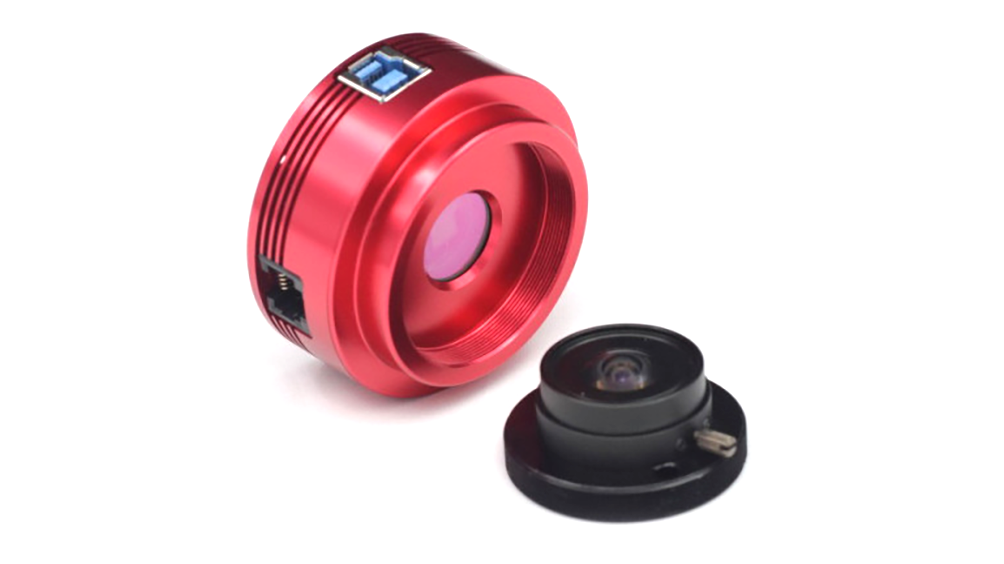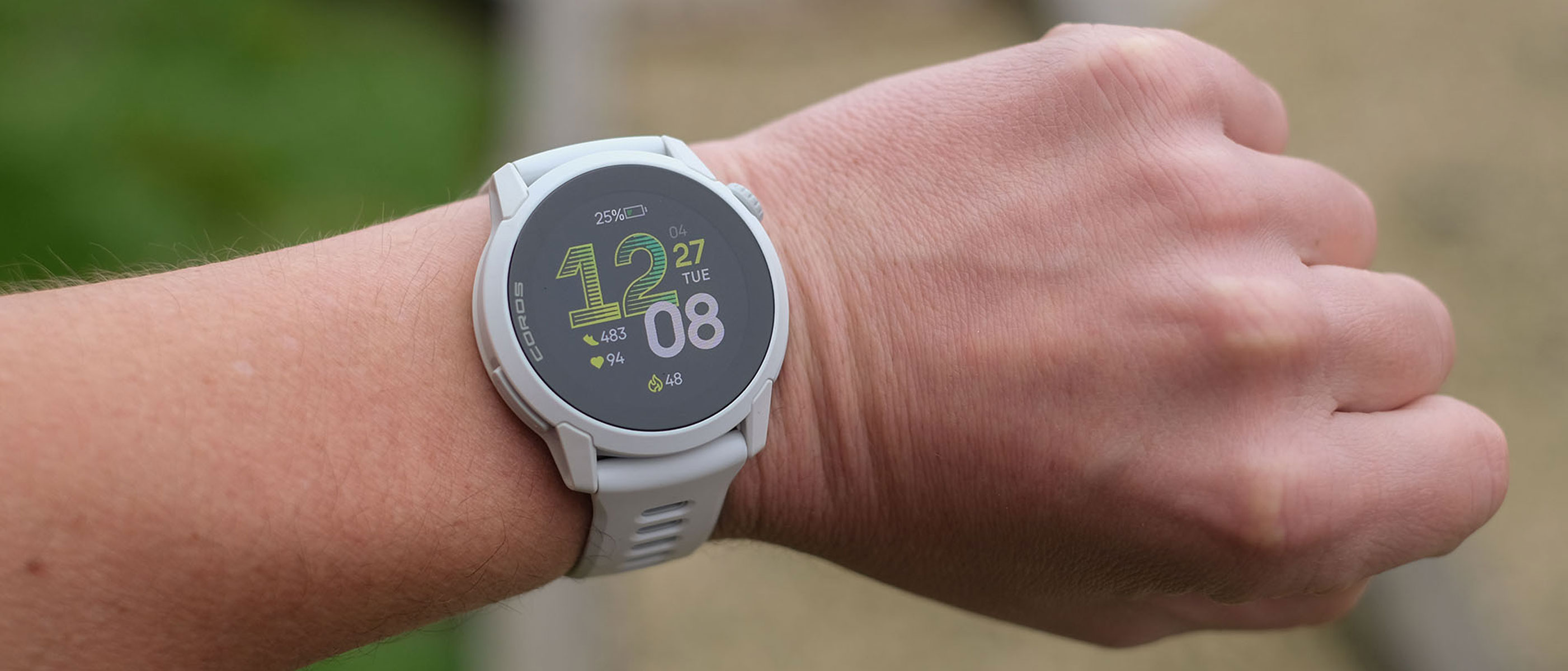Best astrophotography cameras 2026: Capture the lunar eclipse
These cameras are tested by our experts to deliver the highest-quality astro photos — perfect if you want to treat yourself ahead of the lunar eclipse on March 3.
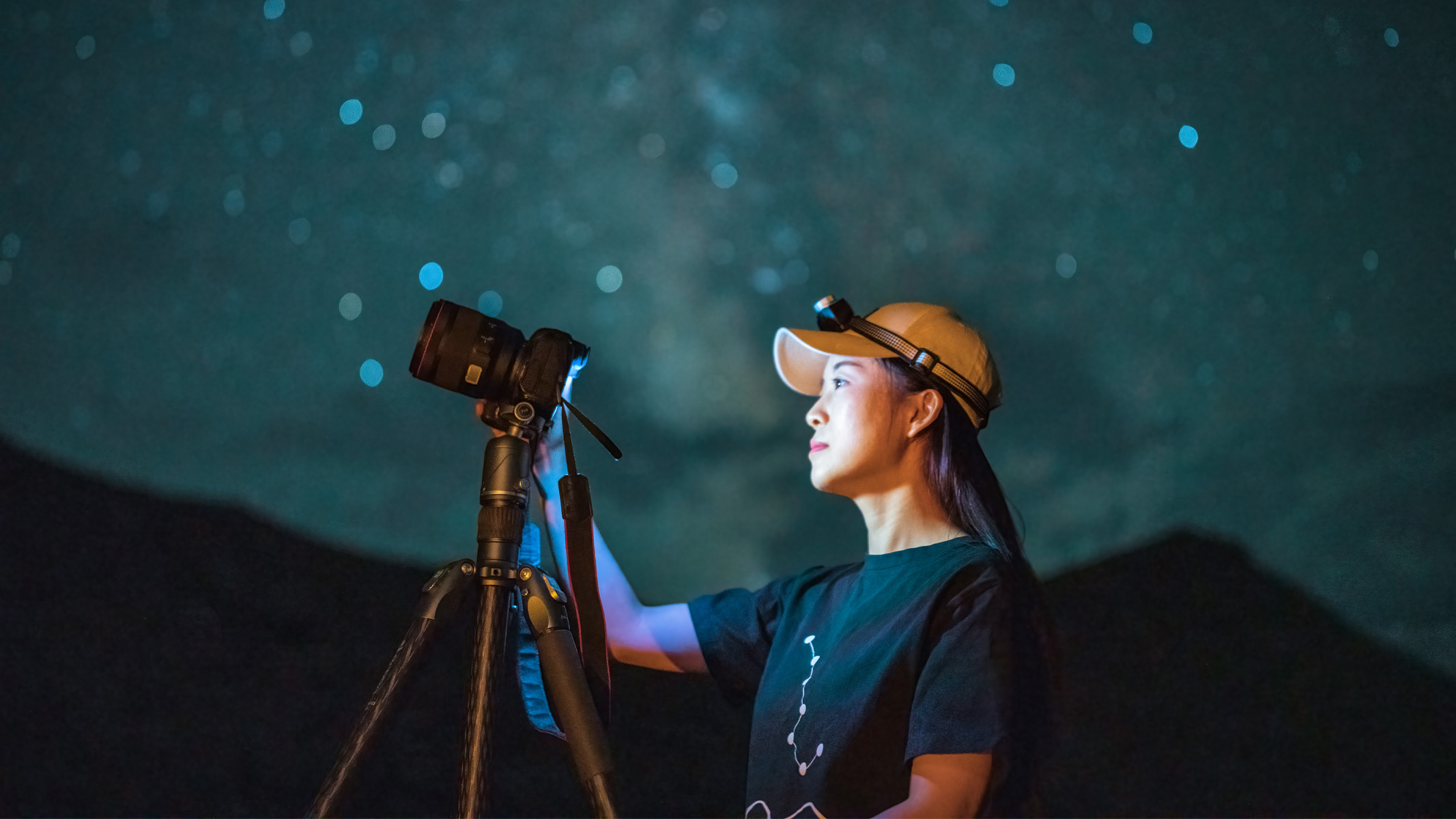
Get the world’s most fascinating discoveries delivered straight to your inbox.
You are now subscribed
Your newsletter sign-up was successful
Want to add more newsletters?

Delivered Daily
Daily Newsletter
Sign up for the latest discoveries, groundbreaking research and fascinating breakthroughs that impact you and the wider world direct to your inbox.

Once a week
Life's Little Mysteries
Feed your curiosity with an exclusive mystery every week, solved with science and delivered direct to your inbox before it's seen anywhere else.

Once a week
How It Works
Sign up to our free science & technology newsletter for your weekly fix of fascinating articles, quick quizzes, amazing images, and more

Delivered daily
Space.com Newsletter
Breaking space news, the latest updates on rocket launches, skywatching events and more!

Once a month
Watch This Space
Sign up to our monthly entertainment newsletter to keep up with all our coverage of the latest sci-fi and space movies, tv shows, games and books.

Once a week
Night Sky This Week
Discover this week's must-see night sky events, moon phases, and stunning astrophotos. Sign up for our skywatching newsletter and explore the universe with us!
Join the club
Get full access to premium articles, exclusive features and a growing list of member rewards.
The best astrophotography cameras need to handle low-light shooting, whether you're photographing the northern lights or capturing the Milky Way. In order to get the strongest astro images, your camera needs to handle noise well and have an intuitive button layout to make it easy to change settings out in the field.
In this guide, we've rounded up the best cameras on the market that span a range of budgets and skill levels to ensure there's something for everyone. These cameras make an excellent companion to the best telescopes, but that might be a little advanced if you're just starting out. If you're a beginner, you might find one of the best beginner astrophotography cameras to be a better fit. Once you've chosen your camera, pair it with one of the best lenses for astrophotography for sharp and bright astro images.
Plus, there's a total lunar eclipse happening on the night of March 3, giving you a fantastic opportunity to get some incredible and dramatic shots. You'll want a long telephoto zoom lens to get the closest shots, and make sure you read up on how to photograph the moon to get the best images possible.
The quick list
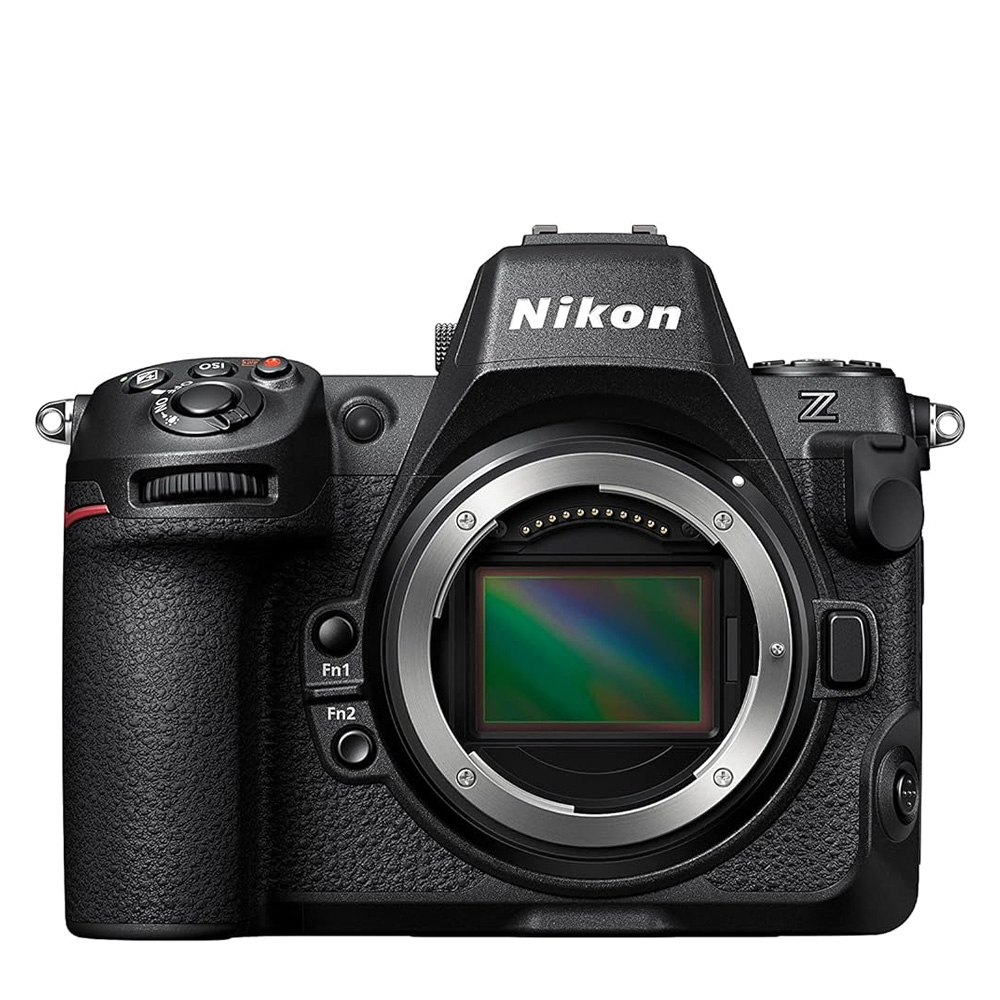
Best overall
Best suited to experienced and professional users, with a 45.7MP stacked sensor, and excellent low-light performance and some astro-specific features, we think the Nikon Z8 is the best camera for astrophotography on the market.
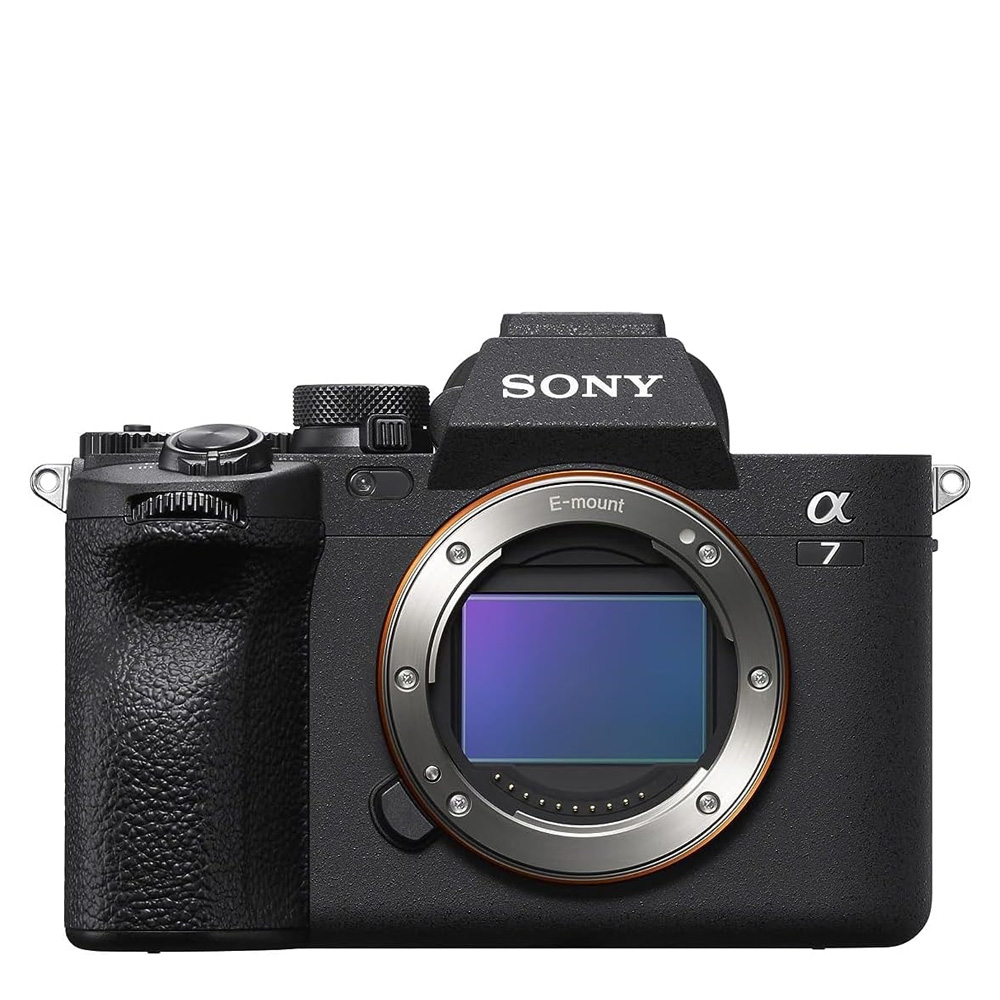
Best all-rounder
A welcome upgrade to its popular predecessor, the Sony A7 IV handles high ISO settings extremely well, has reliable autofocus and produces stunning 33MP images — we love it for a variety of photographic genres.
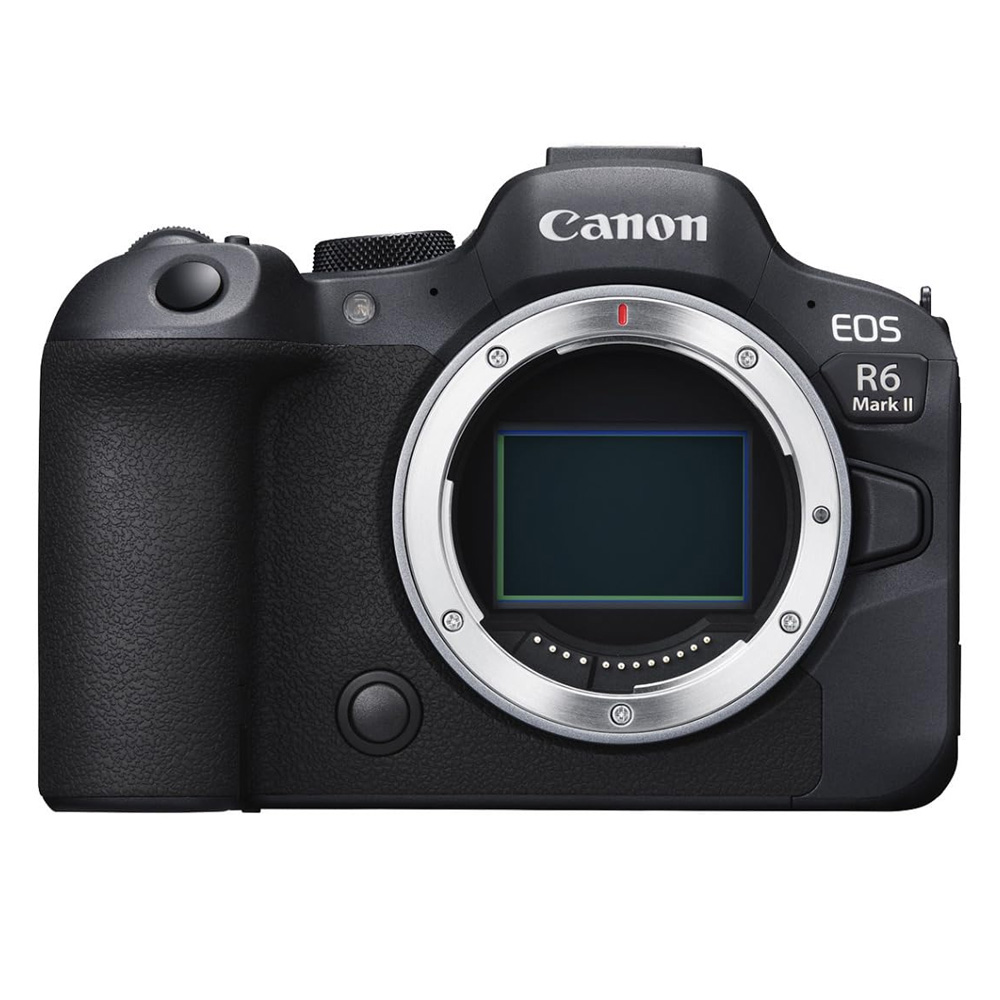
Best mid-range
While it may appear to be more suited to wildlife, it's excellent ISO performance and lower resolution make it a strong contender for astro, too.
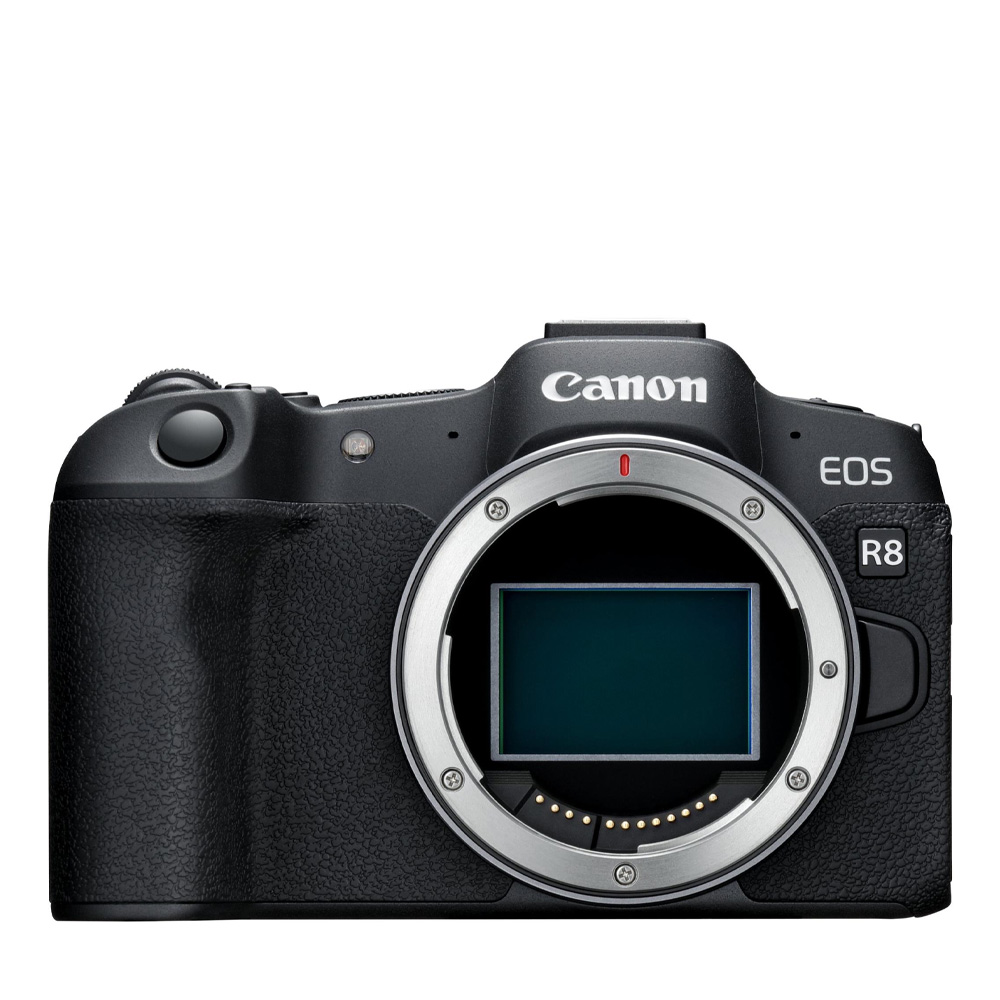
Best lightweight camera
As Canon's most lightweight camera at 0.91 lbs/414g, we think it's a perfect choice as a compact travel companion that can shoot a multitude of subjects and handle high ISO levels exceptionally well for astrophotography.
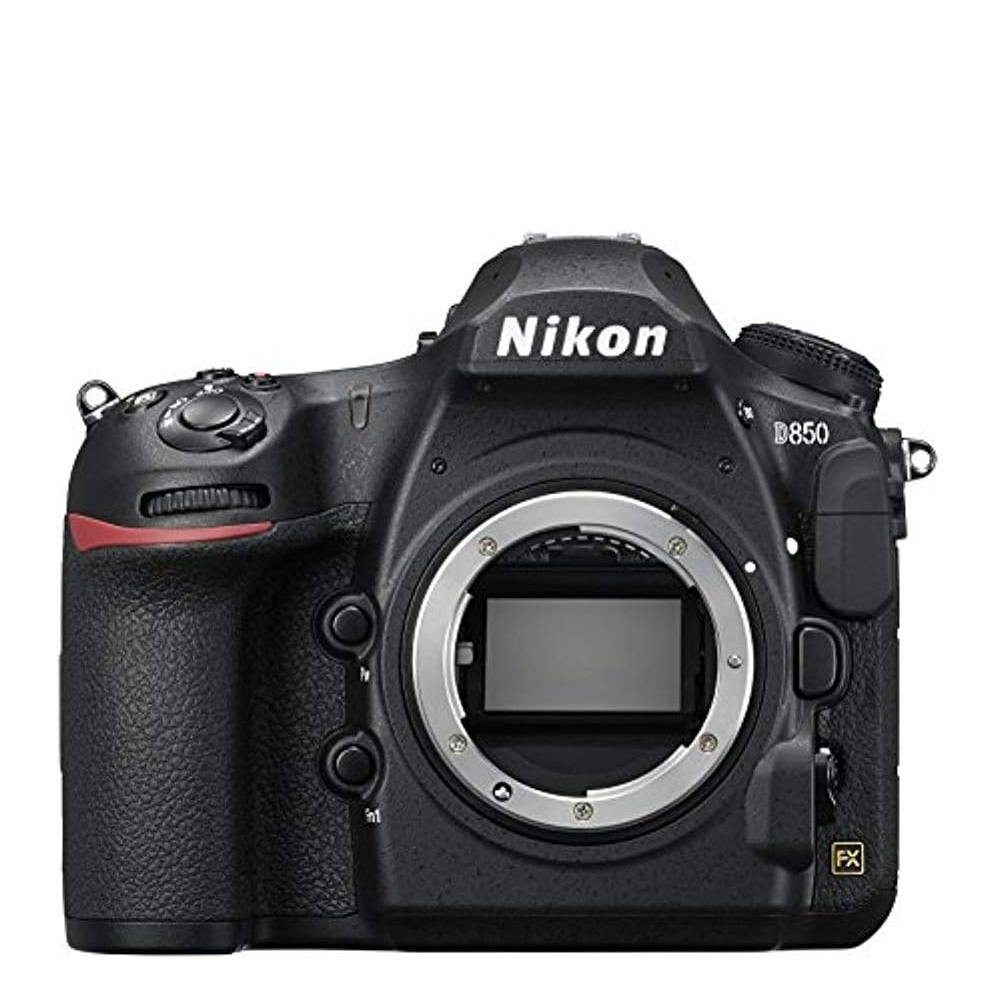
Best DSLR
Simply put, we think it's the best DSLR ever made — it can do it all. It has brilliant battery life, a super detailed 45MP sensor and some illuminated buttons to help you see in the dark.
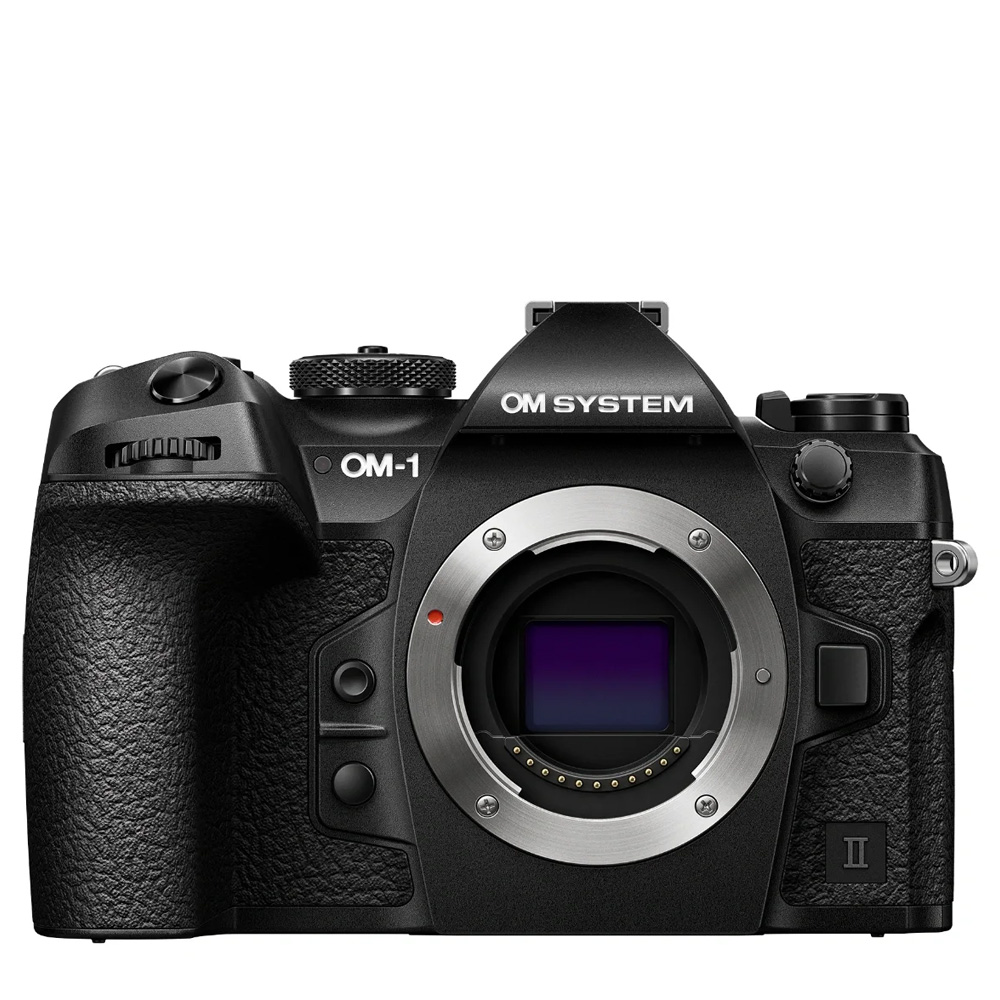
Best Micro Four-Thirds
Known and loved for being small and lightweight, the OM System OM-1 Mark II has a whole array of handy features for astrophotography — including Starry Sky AF and Live Composite modes.
The best astrophotography cameras we recommend in 2026
Why you can trust Live Science
Best astrophotography camera overall
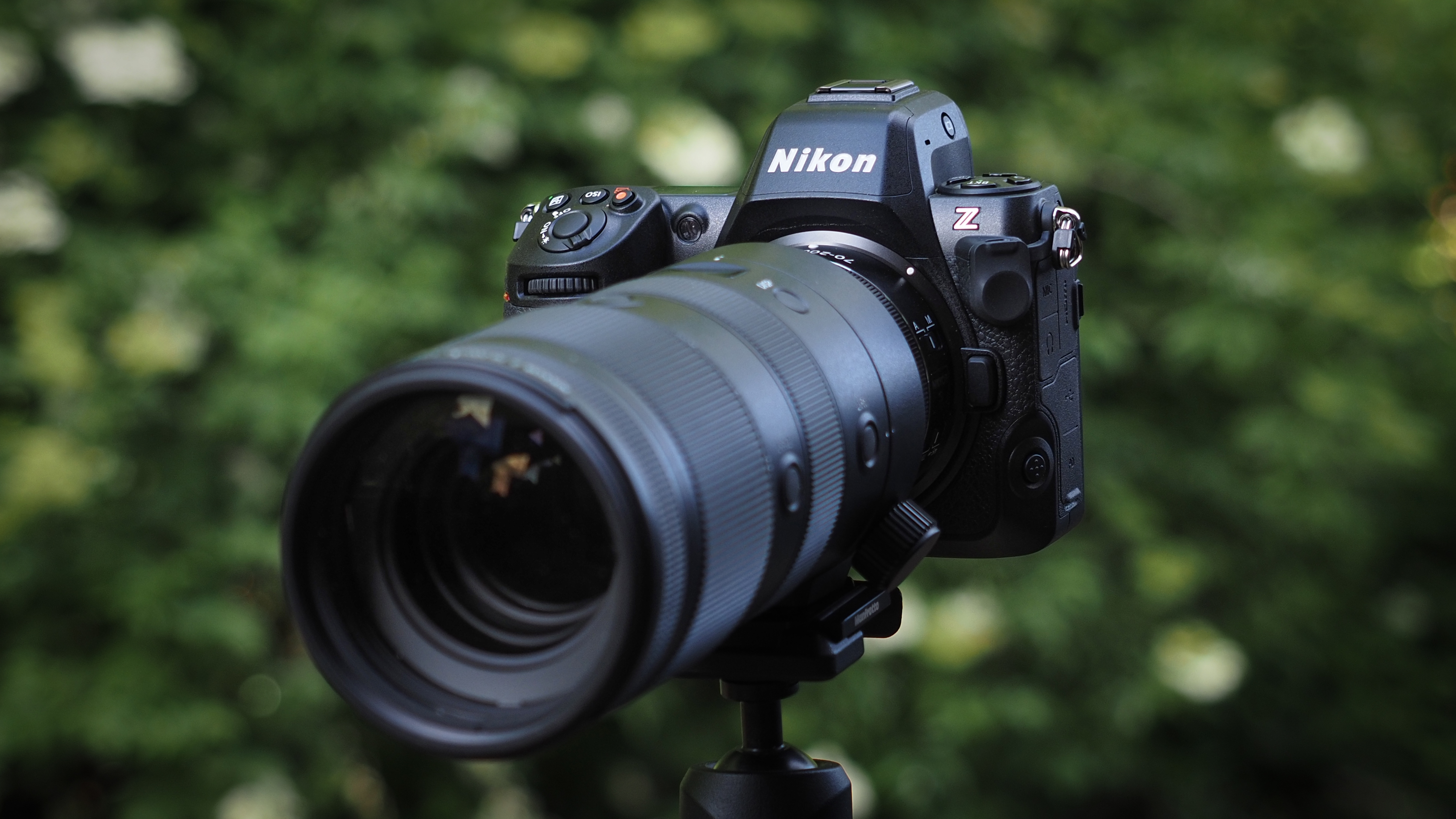
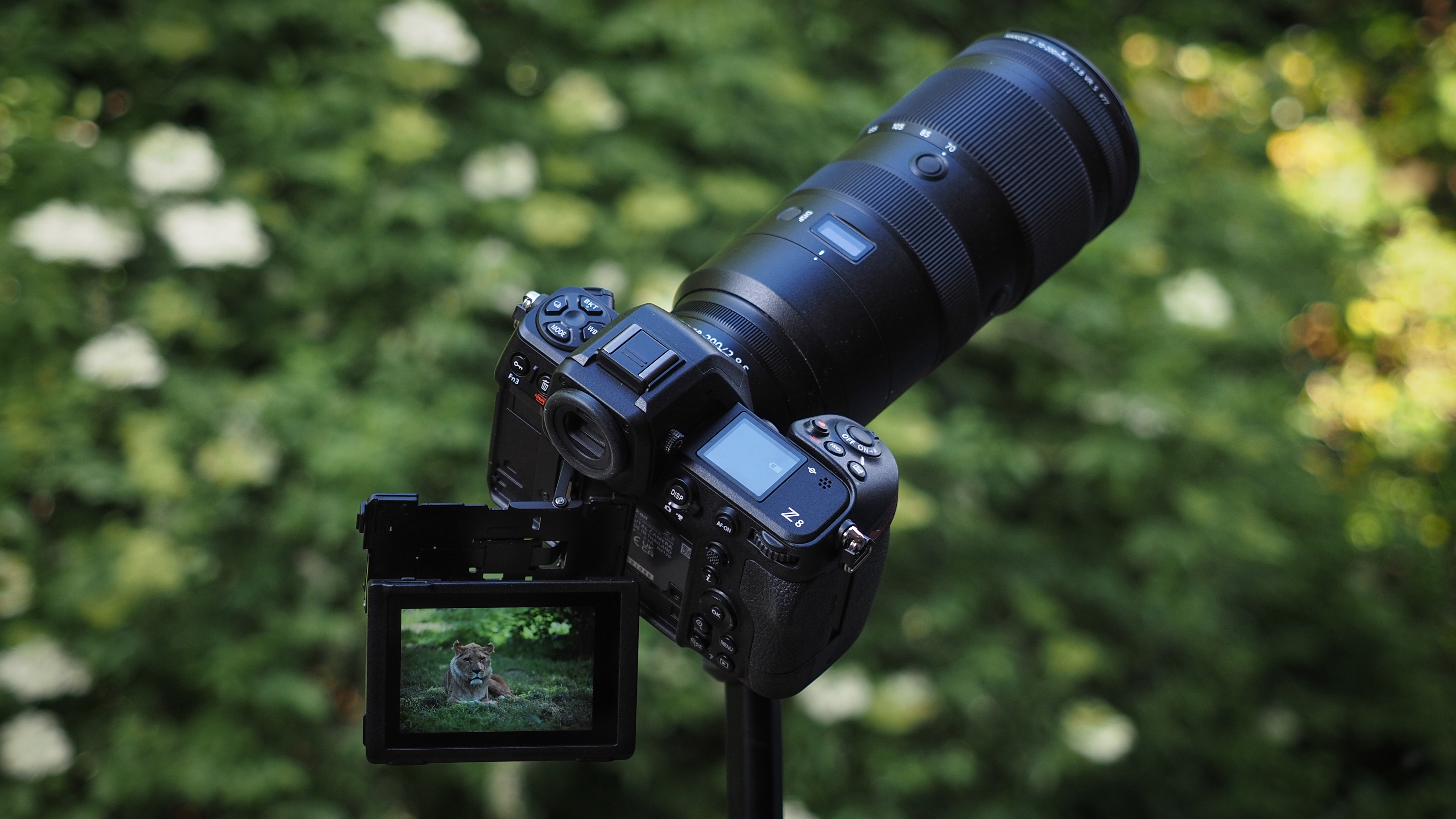
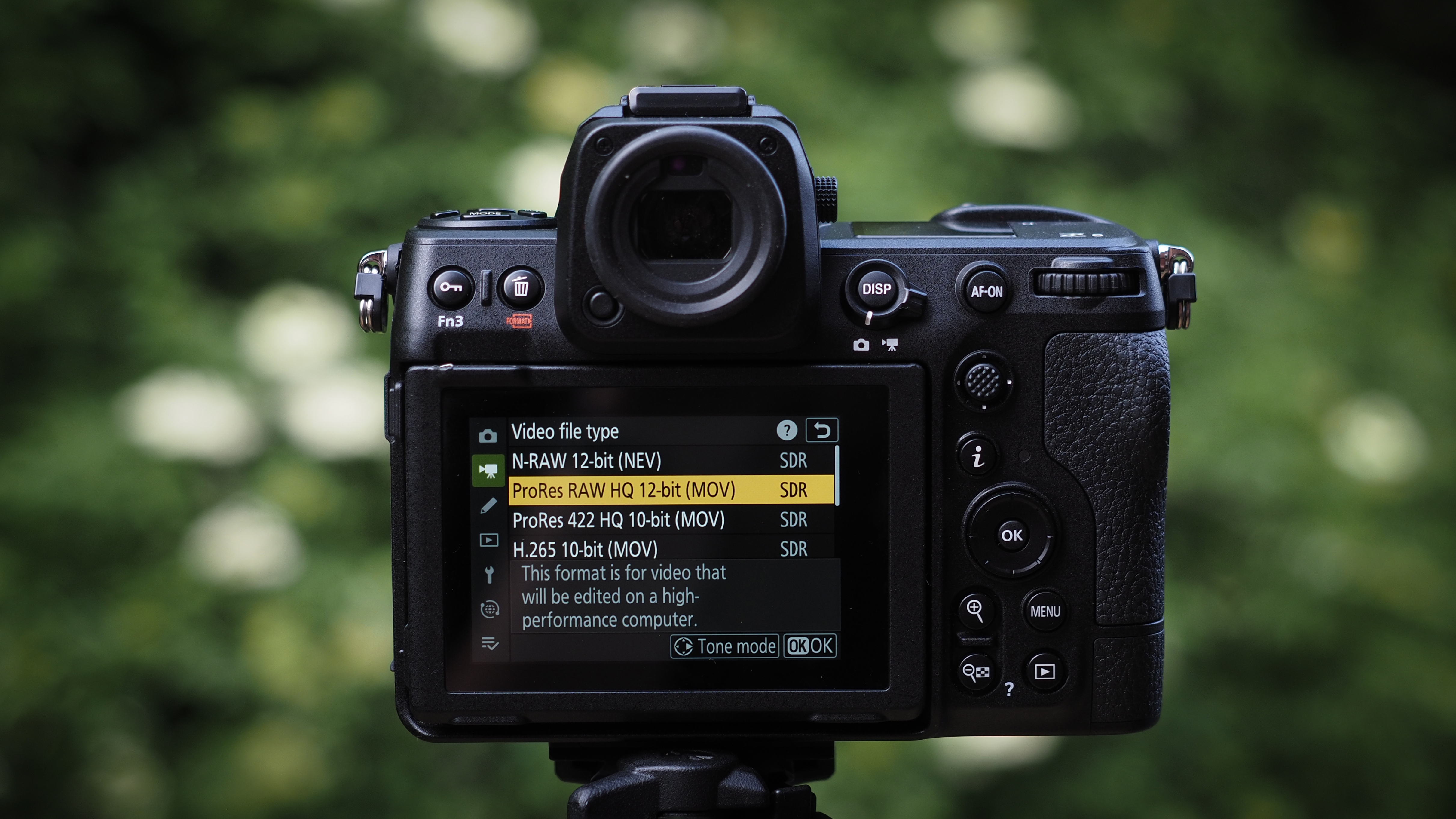
Specifications
Reasons to buy
Reasons to avoid
✅ You're an advanced or professional user: Experienced users will make great use of its impressive specs and features.
✅ You want high resolution: The stacked 45MP sensor produces stunning high-resolution images.
❌ You want a lightweight camera: It's quite a big size increase from the Z7 II, so it wouldn't be the best choice for anyone looking for a lightweight travel camera — the Canon EOS R8, however, is the lightest in this list.
❌ You're a beginner: It'll be too expensive and too powerful for beginners. We think the Nikon Zf would be a better full-frame option for beginners.
🔎 Nikon Z8: The Nikon Z8 has all the performance and power of the flagship Z9 in a smaller and more affordable body. It's proven to be a market-leading mirrorless camera that will last professionals and intermediates with the budget for years to come. ★★★★½
Known as the 'baby Z9', the Nikon Z8 is the best all-purpose camera that Nikon has ever made. It can handle anything you throw at it, and then some. Astrophotography, wildlife, landscape, video — you name it. To put it simply, we think it's the best mirrorless camera for astrophotography on the market, and that's why it's earned its place at the top of our list.
Design: In true Nikon fashion, it fits in the hand like a glove. The controls are positioned exactly where your fingers and thumb would naturally want them to be, and we thought it was an absolute dream to shoot with during our Nikon Z8 review.
The Z8 is the first flagship Nikon camera without a vertical grip, giving it a smaller footprint to appeal to a broader market that favors more compact, lightweight cameras. Although, we still wouldn't call it a lightweight camera. Sitting nicely between the Z9 and the Z6 & Z7 models, the 910g/2.01 lbs Nikon Z8 is 430g lighter than the Z9 (30% smaller overall) and 205g heavier than the Z6 II and Z7 II. It's chunky enough to feel solid and comfortable in the hand but light enough to use handheld for long periods.
Performance: For astrophotography, the general rule of thumb is 'the more megapixels, the more noise', so the 45.7MP sensor in the Z8 may ring alarm bells. However, the Z8s stacked sensor results in a faster readout speed and improved noise handling, giving it better light-gathering ability than standard sensors. Thanks to this, it performs much better in low light than you'd expect, so you can afford to increase the resolution without compromising on image quality. We found that with an extended ISO of 102,400, getting clean and detailed images in the dark is effortless — even when we abused the ISO.
Functionality: The Nikon Z8 has some handy astro-specific features which we loved. The Night Vision mode dims the rear screen and displays warm red pixels to help preserve your night vision, and you can also adjust the overall brightness of the viewfinder. It has illuminated buttons so you can see what you're doing without the need for a flashlight, and Starlight View expands the autofocus detection range down to an insane -9EV — fantastic for capturing objects in the dark. There's also an image frame display that adds a thin white border around your image to help confirm your composition.
But as good as this camera is, we can't say it's perfect. We'd have liked a fully articulating screen instead of the rather curious four-way tilting system, and we noticed that the autofocus can occasionally be a little jumpy when compared to the best of the best on the market. These are only tiny niggles, though, and certainly wouldn't put us off buying it.
The Z8 is one of, if not the best mirrorless camera on the market and we think it will typically be found in the hands of professionals rather than anyone new to the hobby. Not only due to its high cost, but the Z8 also has more power than a beginner would need. If you've had your Nikon Z6 II or Z7 II for a while now and want to upgrade to something with more oomph, we think the Nikon Z8 is the camera to go for.
- Read our full Nikon Z8 review
Attributes | Notes |
|---|---|
Design | Fantastic build quality, but it's not a small camera. |
Performance | Stacked sensor provides fantastic high ISO performance. |
Functionality | Features night vision mode for astrophotography and starlight view for -9EV autofocus detection range. |
Best all-rounder camera for astrophotography
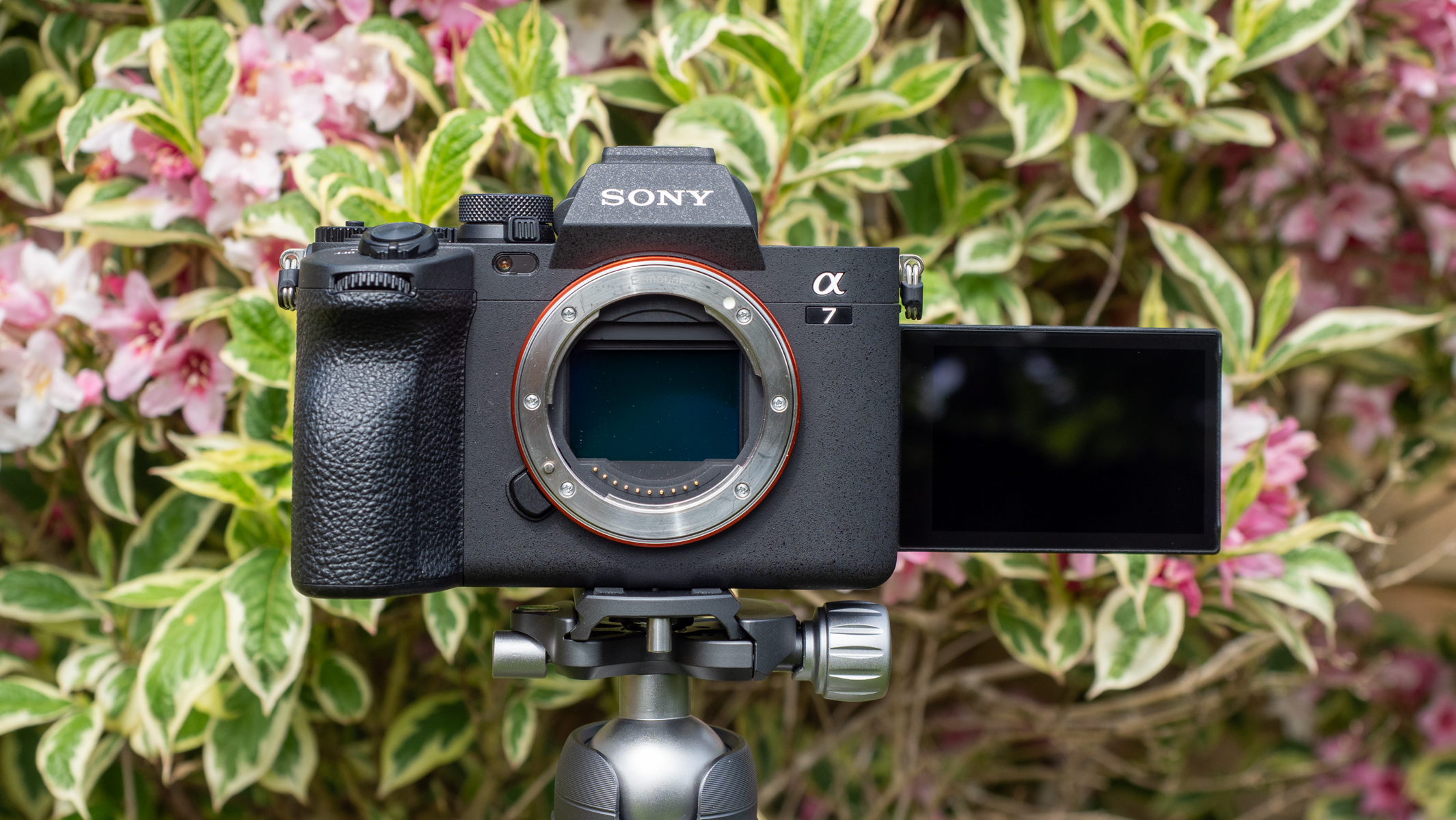
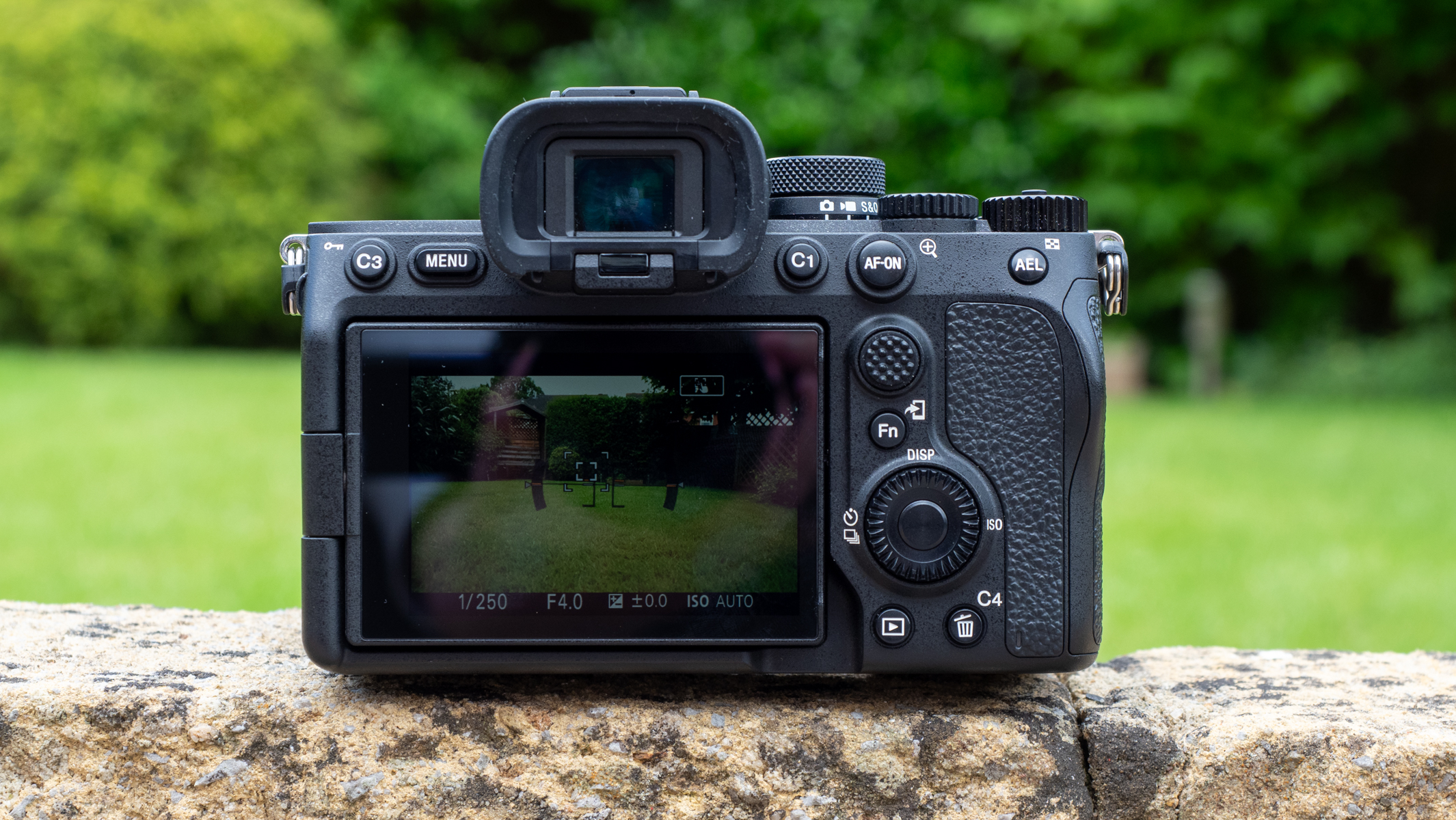
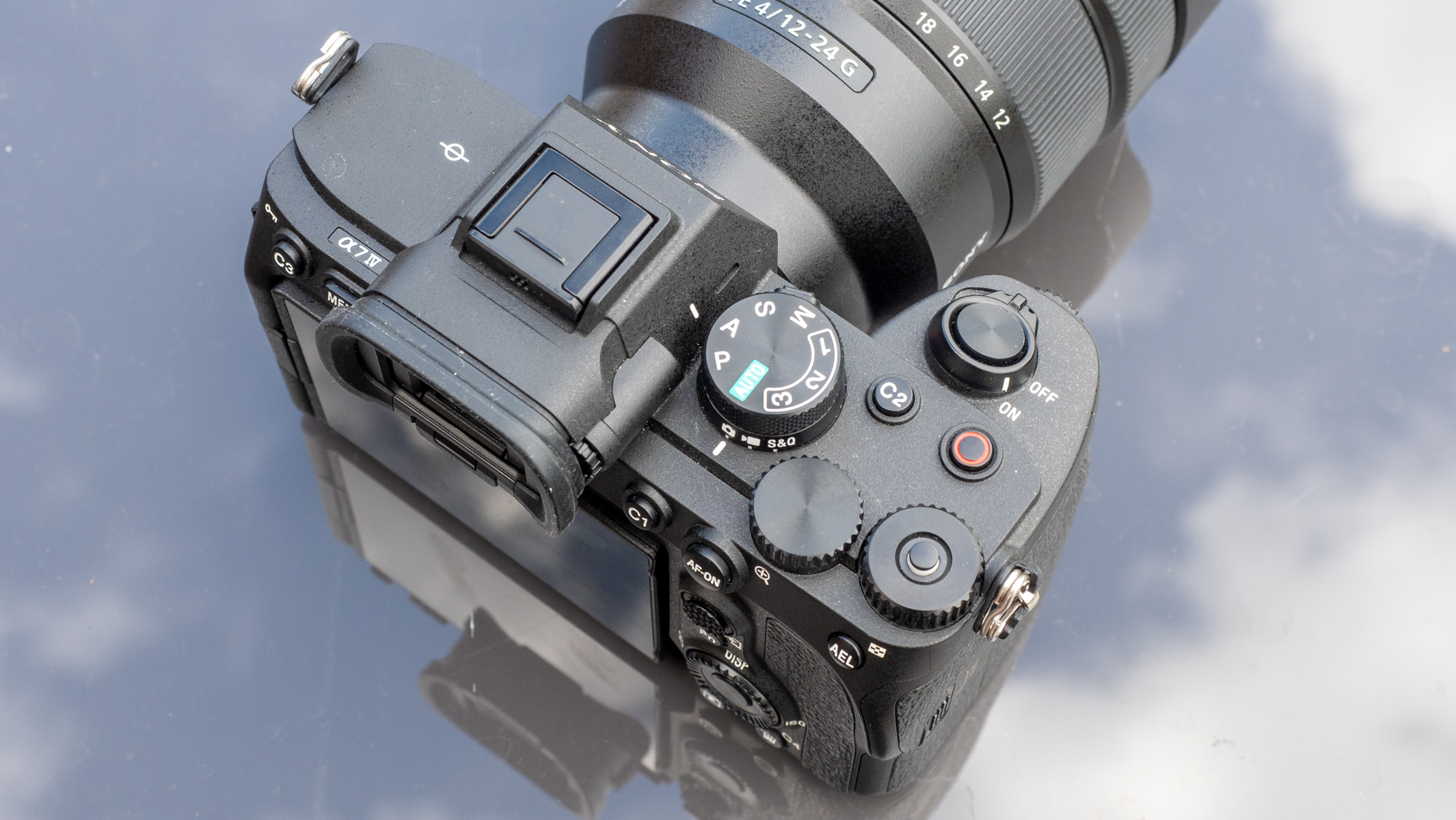
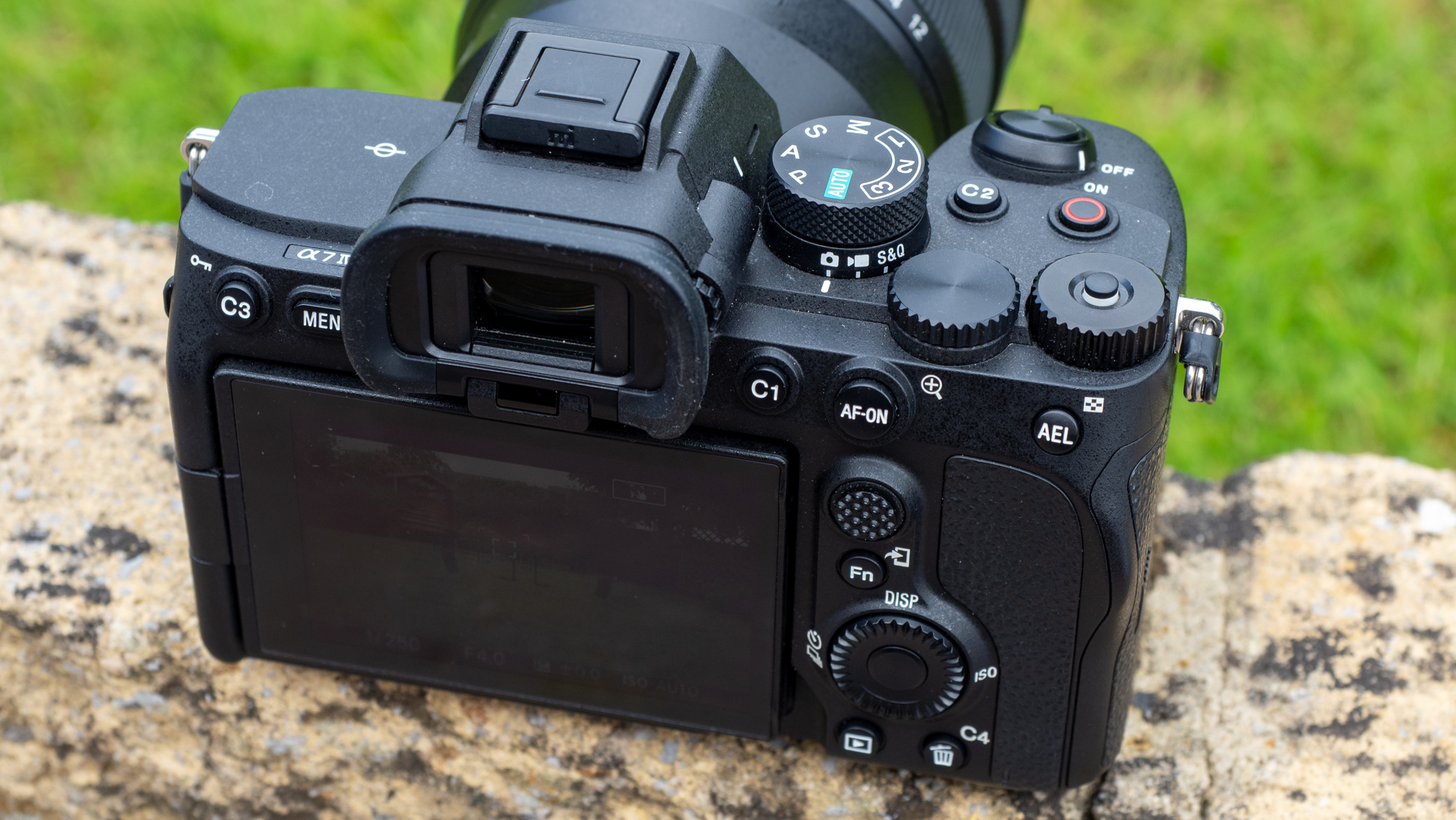
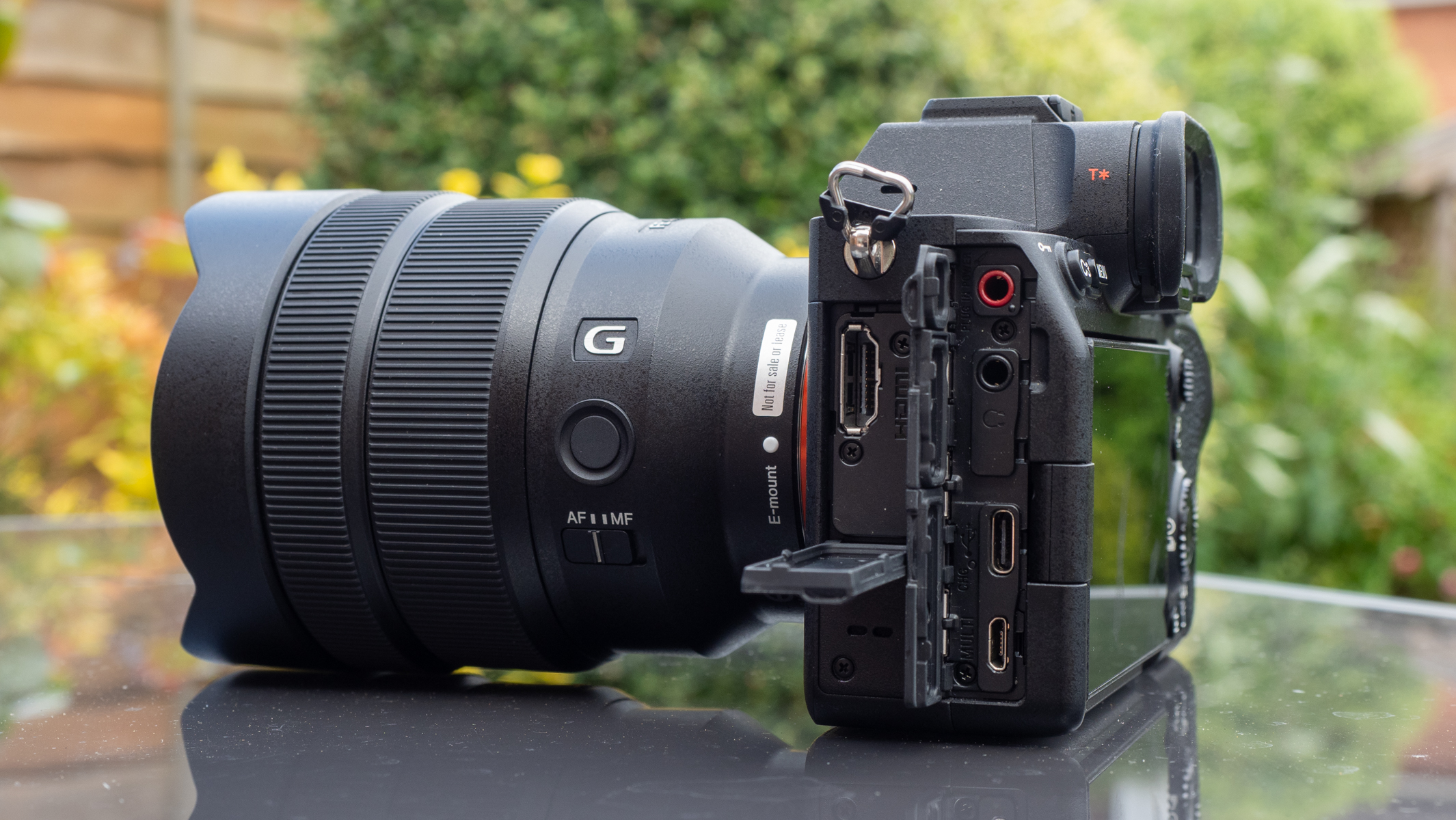
Specifications
Reasons to buy
Reasons to avoid
✅ You shoot various styles: The Sony A7 IV can turn its hand to many photographic styles, so it's great if you don't specialize in a particular genre.
✅ You're upgrading from crop-sensor: If you've surpassed 'beginner' status, we think it's a fantastic option to consider when you make the jump to full-frame.
❌ You prioritize video: Whilst it can shoot some lovely video, the 4K 30p cropped video may limit you as your skills grow. For videographers, we'd recommend the Sony A7S III.
❌ You want the latest tech: Even though it's only 3 years old (almost), some newer models are much more advanced in terms of features and autofocus.
🔎 Sony A7 IV: The Sony A7 IV is a fantastic all-rounder hybrid camera that performs incredibly well for both images and video, and surprisingly well for astrophotography. It gives solid performance in low light when you really need to push the ISO up, and can turn its hand to many other styles of photography, too. ★★★★½
For a long time, the Sony A7 III was considered the camera to beat as there was nothing else like it when it was released back in 2018. Three years later, the Sony A7 IV came along with a whole bunch of updates and new features that improved on an already very impressive camera. Although we think it doesn't measure up to the likes of the Sony A1 and Sony A7R V overall, the Sony A7 IV is the Sony camera to beat when it comes to astrophotography with high ISO applications.
Design: Sony have introduced a number of small but effective upgrades in the design of the camera body. The first, and most obvious, is the addition of a fully articulating touchscreen. It's useful for everyday shooting, but it's particularly handy for astro if you're shooting in the dark at an awkward angle.
They've also swapped a few of the buttons around, with the video record button being in a much more accessible place. We love the customizability of this camera, with 5 custom buttons on the back of the camera, a customizable joystick and 4 buttons on the rear dial, 2 programmable buttons on the top of the body and 4 programmable wheels — phew! There are also 3 custom modes on the main dial, so you can assign all those programmable buttons and wheels completely differently in each mode, as well as the standard camera modes (aperture priority, shutter priority, manual etc).
Performance: During our Sony A7 IV review we put the ISO handling through its paces inside a dark house with very poor lighting. Amazingly, we only found the noise to become noticeably distracting at ISO 12,800, and even then, Lightroom's AI denoise feature got rid of most of the noise beautifully. It's unlikely you'd need to crank the ISO that high for astro, but we were very impressed with how it handled it.
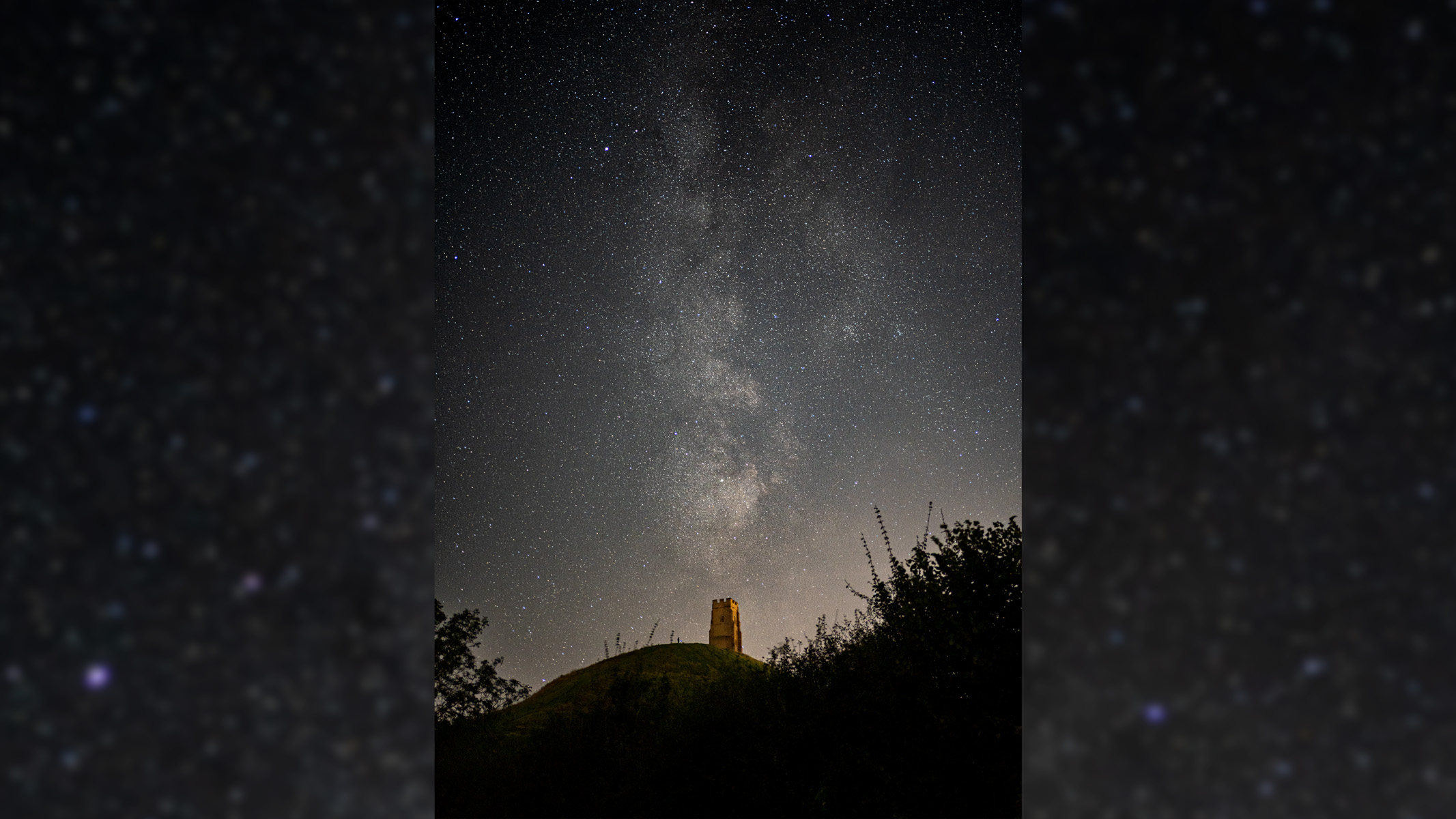
The dynamic range of the A7 IV is exceptional — we took it to the woods during the mid-afternoon sun and we could easily bring back the details from the harsh shadows and bright highlights. We found the autofocus to be fast and reliable, although it has been outdone in some of the newer models with AI autofocus and Deep Learning. It wasn't perfect and missed focus on the eyes occasionally during portrait shoots, but overall we were happy with how it performed.
Functionality: There are a couple of neat features that make it a surprising victor for astrophotography (alongside its fantastic high ISO performance). The first is a seemingly secret Sony-unique feature called 'Bright Monitoring' — we say secret because it turns out not many users actually know about it. This feature enables you to see your composition on the monitor/viewfinder even in dark locations — a game-changer for astrophotography. We took it to Glastonbury Tor on a New Moon to test it out, and we could see the Milky Way on the camera monitor when we activated Bright Monitoring. Granted, it's grainy and not the best quality, but we found it really useful for composing an image.
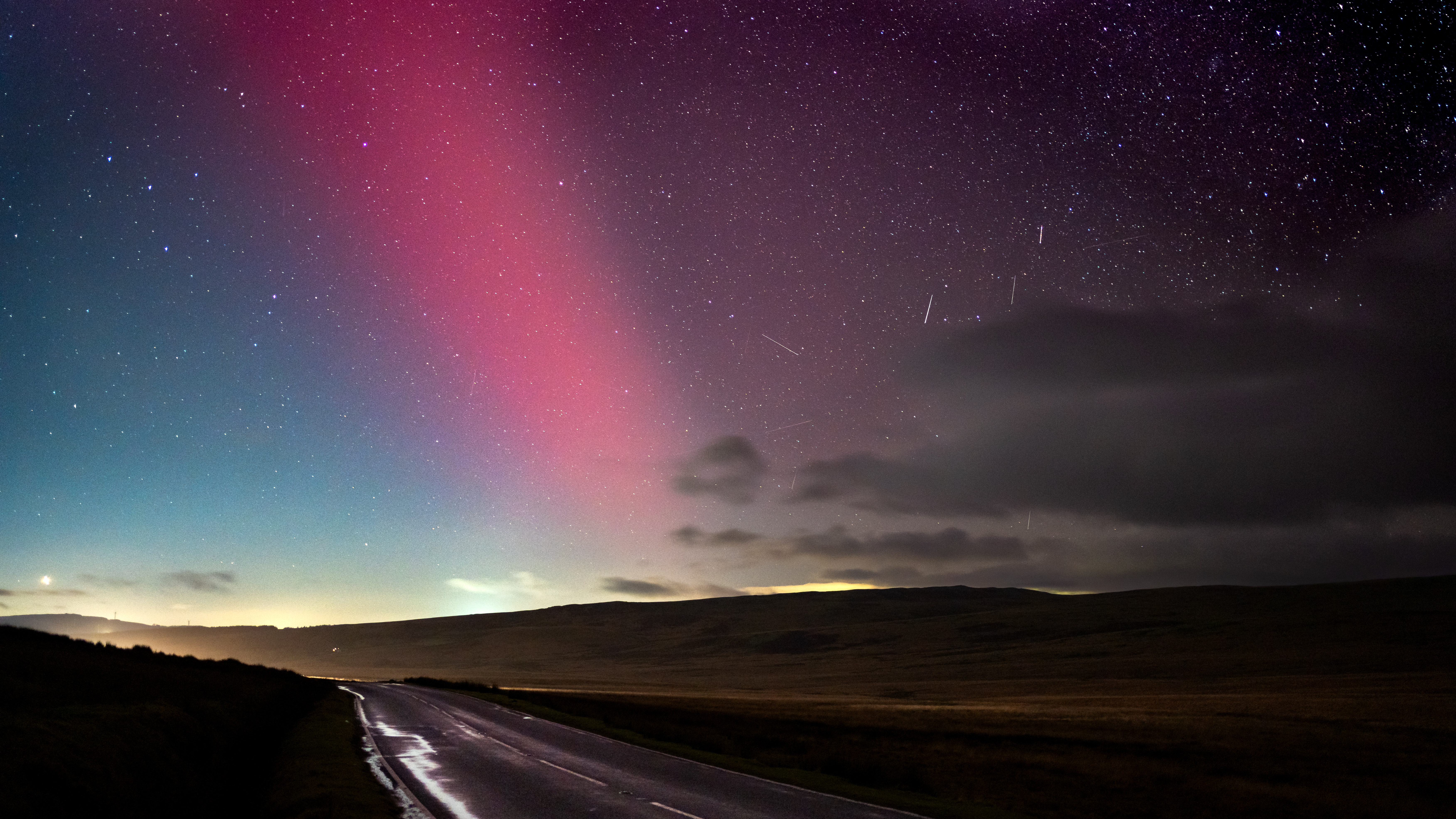
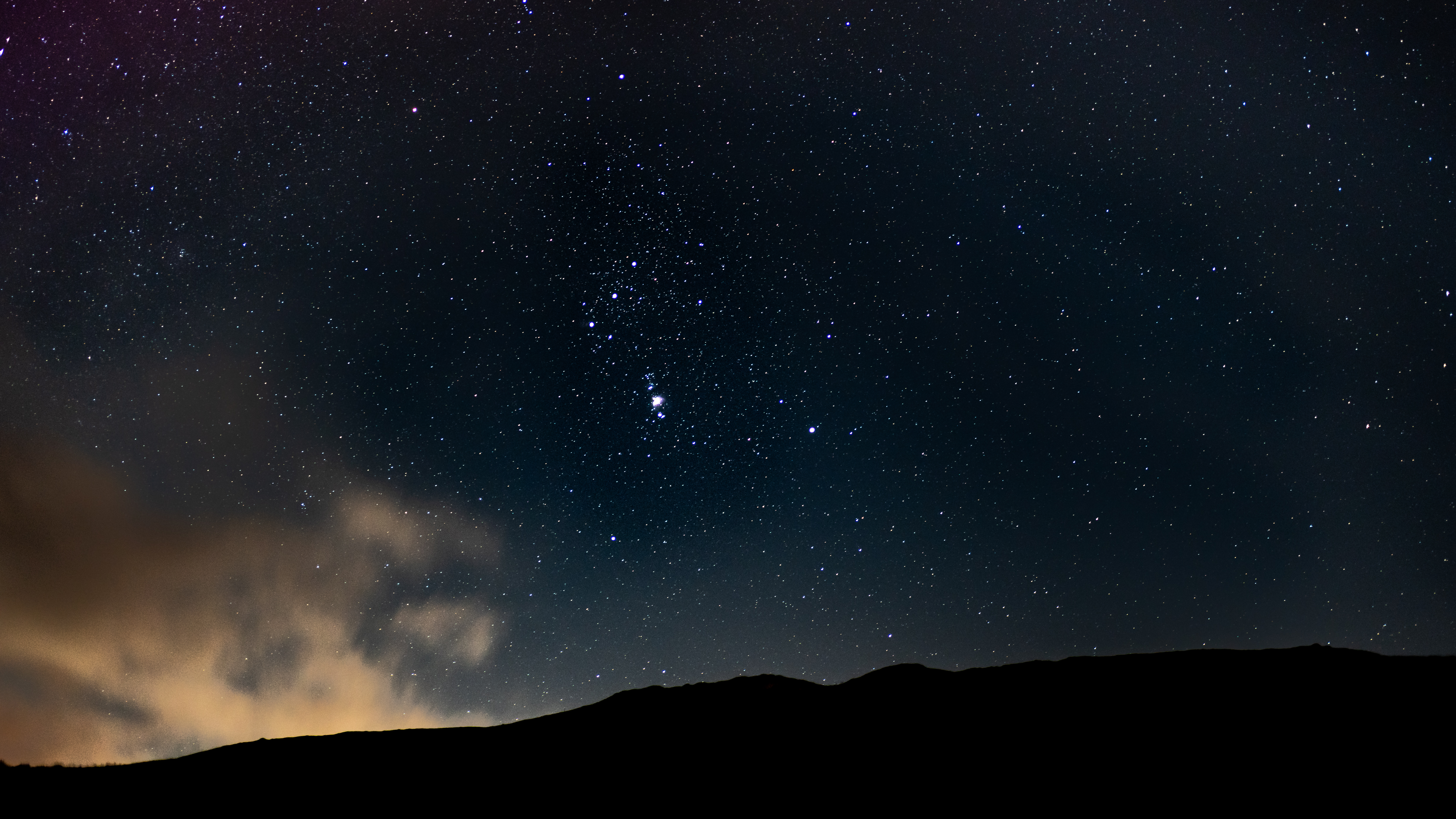
The A7 IV also has an in-built intervalometer for timelapse shooting, which is great for capturing star trails. Although you still have to stack the images in editing software afterward, it means you can set the camera up to automatically take a series of consecutive images and then escape to the warm comfort of your car or house until it's finished.
We were a little underwhelmed by the resolution of the LCD screen and EVF compared to some of the other Sony models we've used, so hopefully they'll improve that in the next model — but that said, we can't expect it to be on the same level as the professional-grade models like the A1 and the A7R V.
- Read our full Sony A7 IV review
Attributes | Notes |
|---|---|
Design | Feels great in the hand, and we love the fully articulating screen and updated button placements. |
Performance | Incredible dynamic range, produces sharp and detailed images. |
Functionality | 33MP sensor is a great improvement on the 24MP predecessor. |
Best mid-range
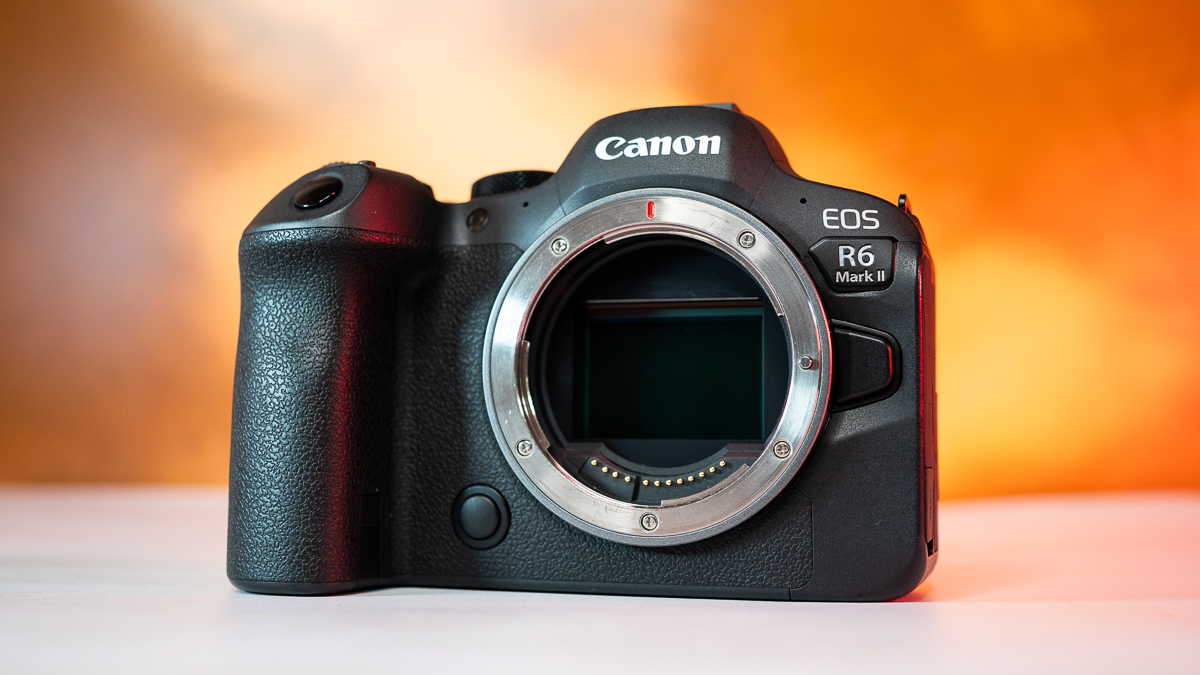
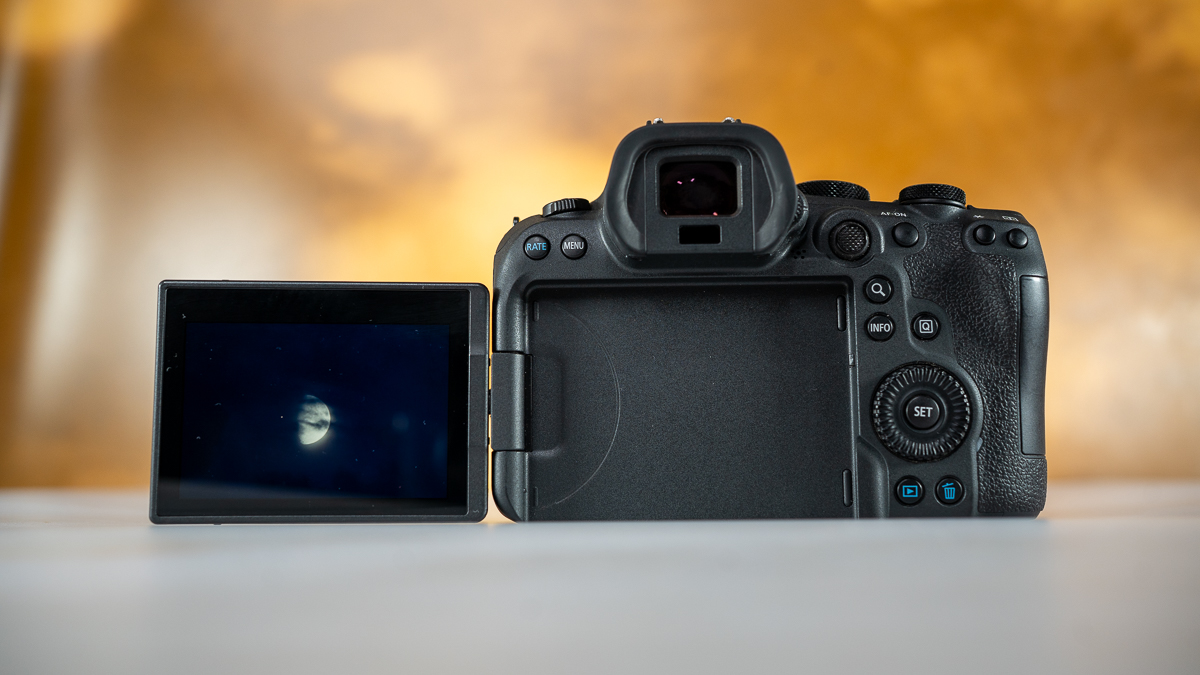
Specifications
Reasons to buy
Reasons to avoid
✅ You shoot multiple styles: It's a very versatile camera.
✅ You want excellent noise handling: The lower resolution and good ISO performance ensure there's minimal noise.
❌ You want higher resolution: Although 24.2MP is fine for astrophotography, the newly announced Canon EOS R6 Mark III has 32.5MP.
❌ You're on a budget: If you absolutely can't stretch your budget, try the Canon EOS R8 instead.
🔎 Canon EOS R6 II: An incredibly versatile camera with beautiful image quality, excellent ISO performance and intuitive handling. We loved shooting with it. ★★★★★
Due to the lens we were testing this camera with, we primarily photographed wildlife during our full Canon EOS R6 II review. Even though we didn't get many astro shots, we were still able to test its ISO handling when shooting in dwindling light conditions and get a good idea of how it would perform for astrophotography.
Design: The R6 II has a perfect blend of rugged, durable construction, while also being relatively lightweight. The camera will be on a tripod for astrophotography anyway, but lightweight cameras are heaven-sent when it comes to lugging them to remote locations off the beaten track. We'd have liked there to be illuminated buttons, but these added extras are perhaps the cherry-on-top kind of features they reserve for the more high-end models. The LCD screen produces clear images and is fully articulating.
Performance: The ISO performance impressed us when we were photographing wildlife at dusk. Although Lightroom's AI-denoise software could rescue images even at ISO 25,600, you won't need to rely on that for standard astro images where the ISO is between ISO 2,000-5,000. Paired with the lower 24.2MP resolution, the images are clean and detailed, although we'd have liked a few more megapixels for more general styles of photography.
Functionality: The R6 II has a great battery life, with Canon claiming it can shoot up to 760 shots per charge. We got a lot more images than that when photographing wildlife, but the battery will deplete faster during longer shoots out in the cold weather. You can, however, power it via USB-C while shooting, which is great for keeping it topped up, or if you're shooting timelapses or video.
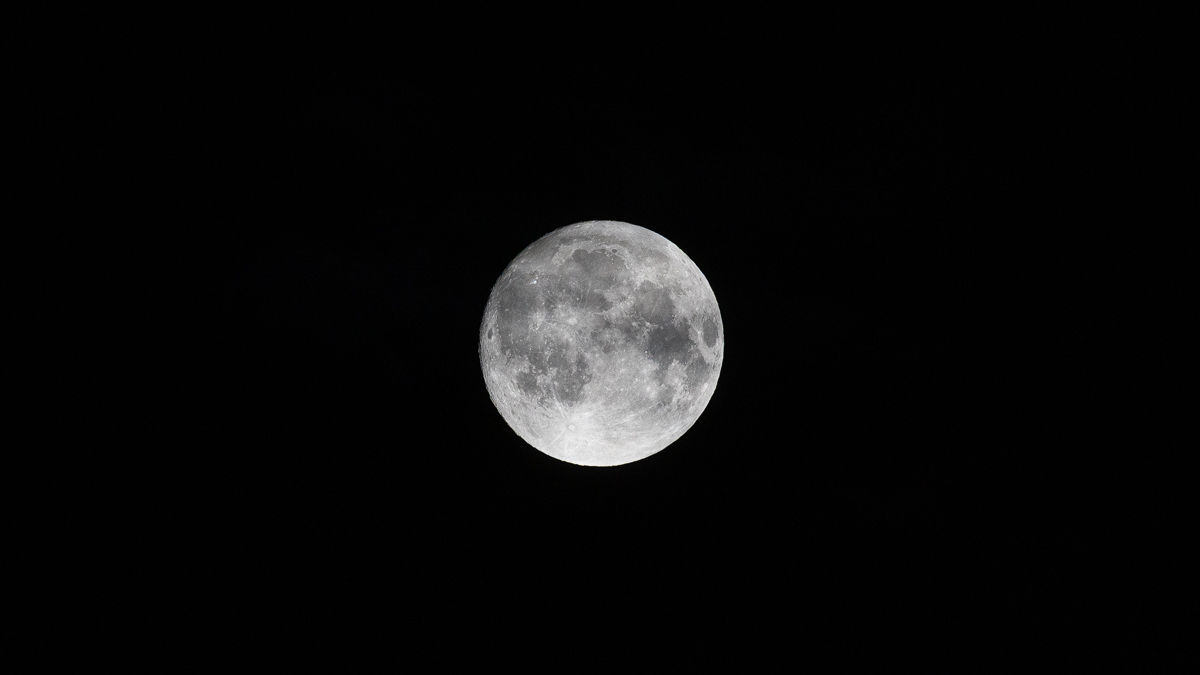
- Read our full Canon EOS R6 II review
- For more of an astro-specific review, read the review over at our sister site, Space.com
Attributes | Notes |
|---|---|
Design | Fantastic build quality and intuitive handling. |
Performance | Excellent ISO performance and noise handling. |
Functionality | Great battery life. |
Best lightweight camera for astrophotography
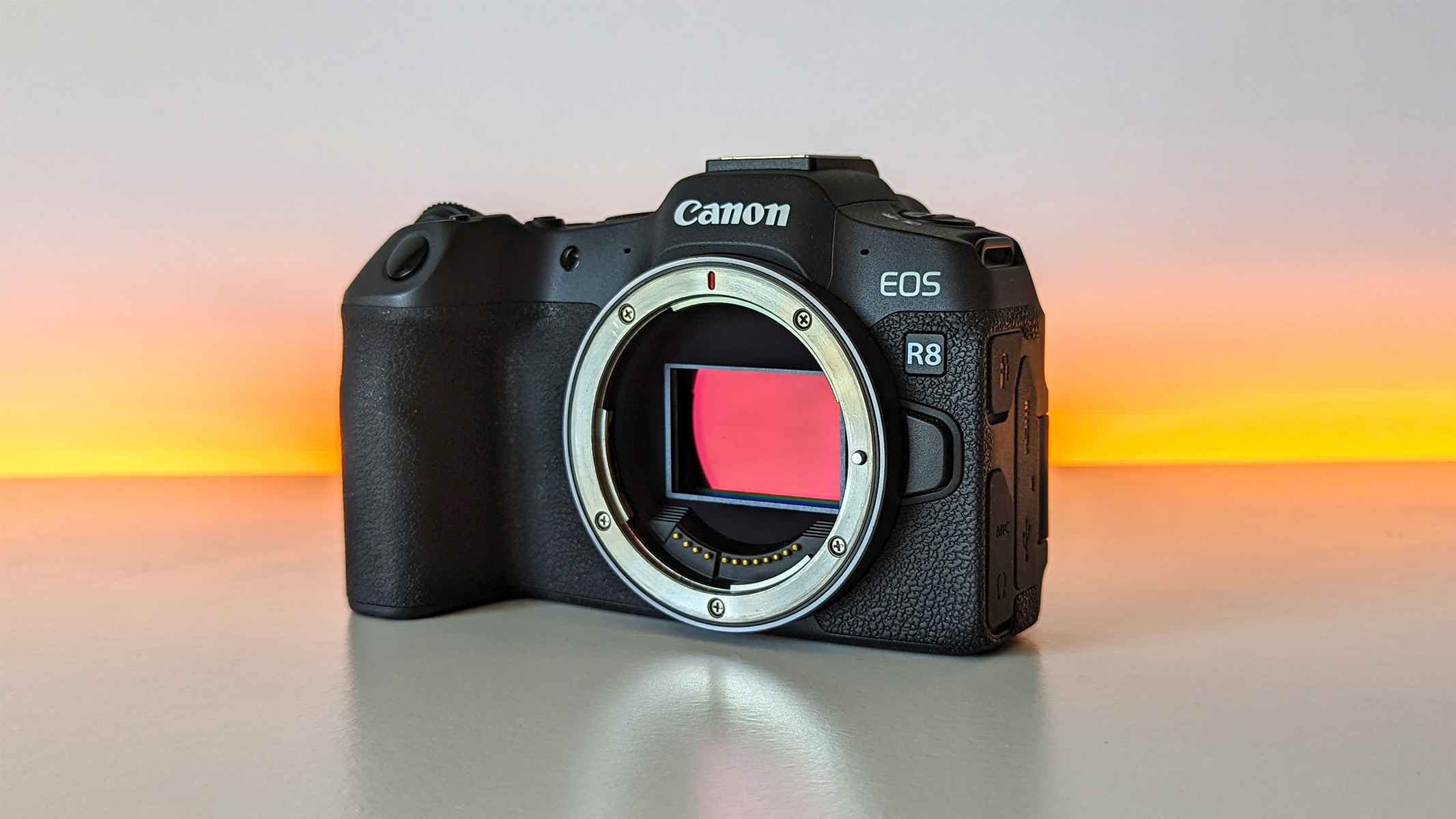
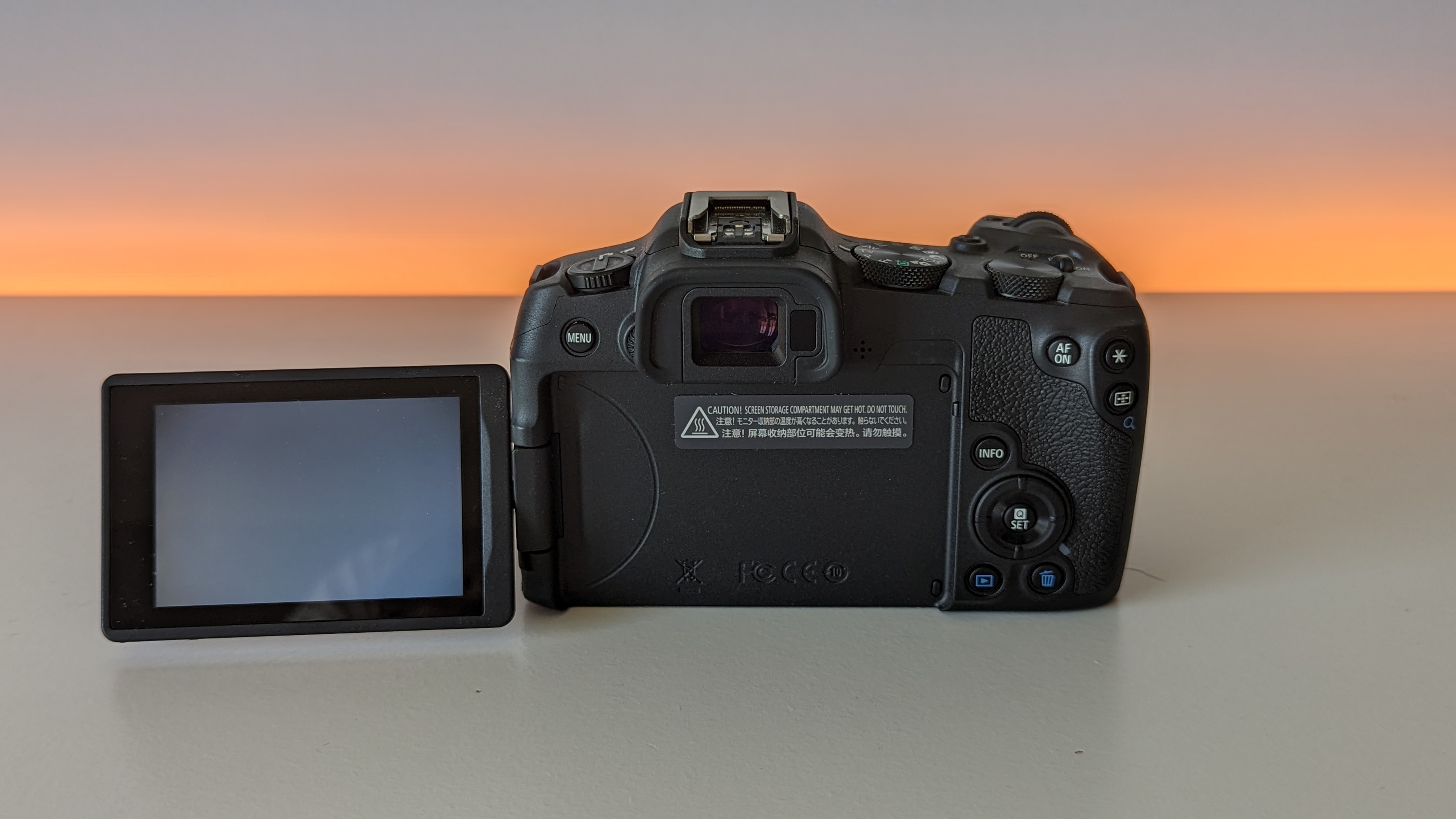
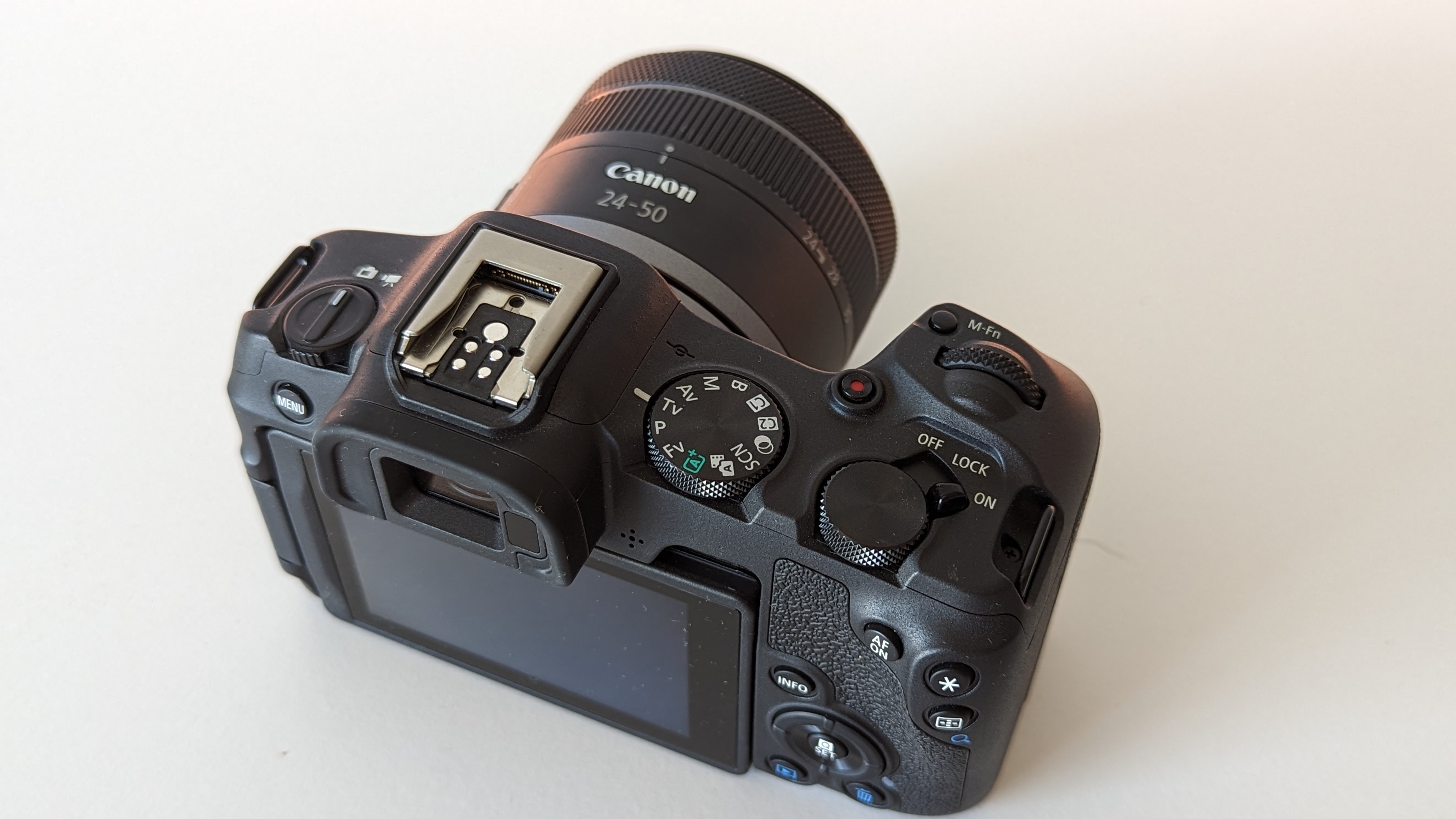
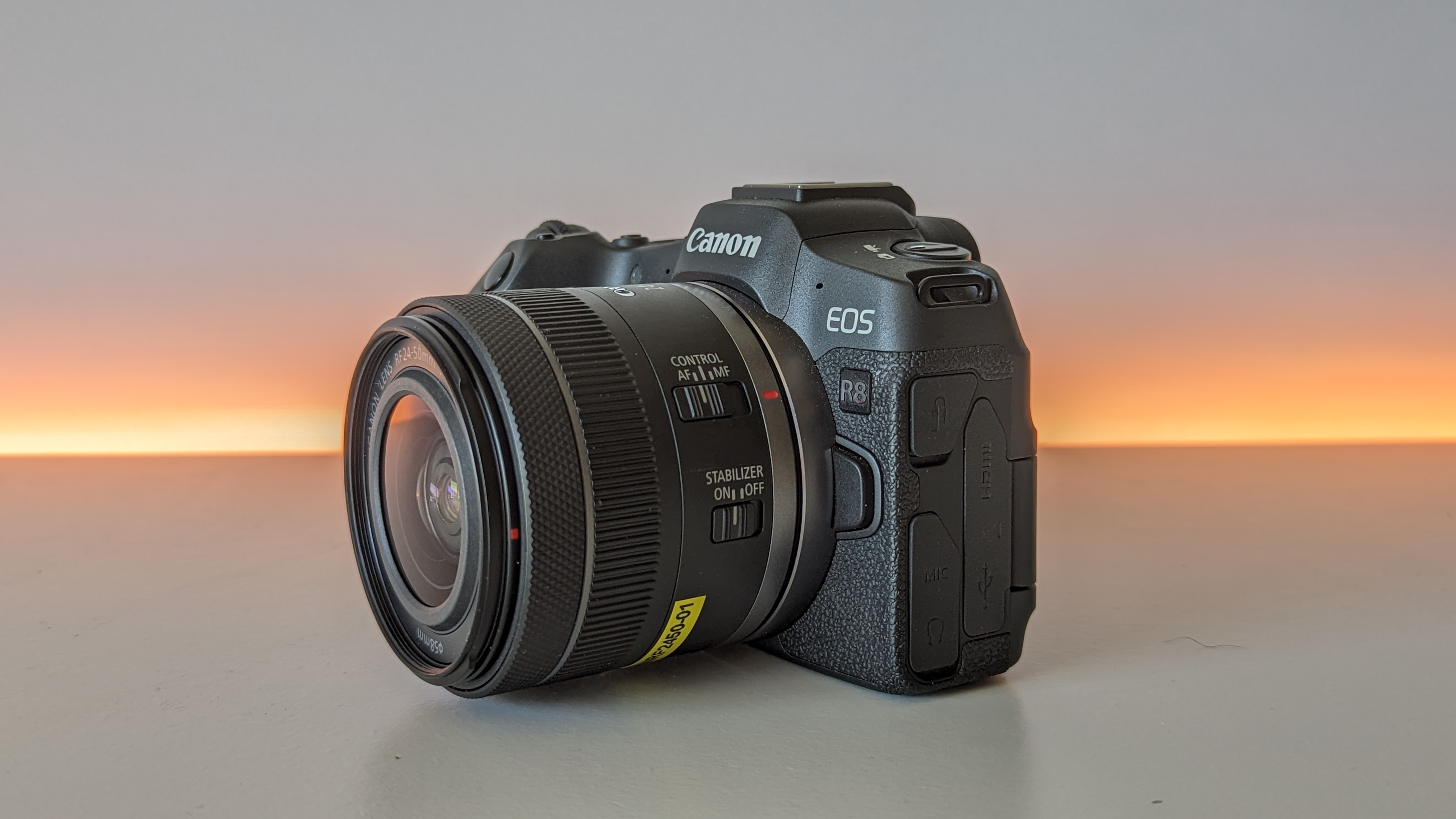
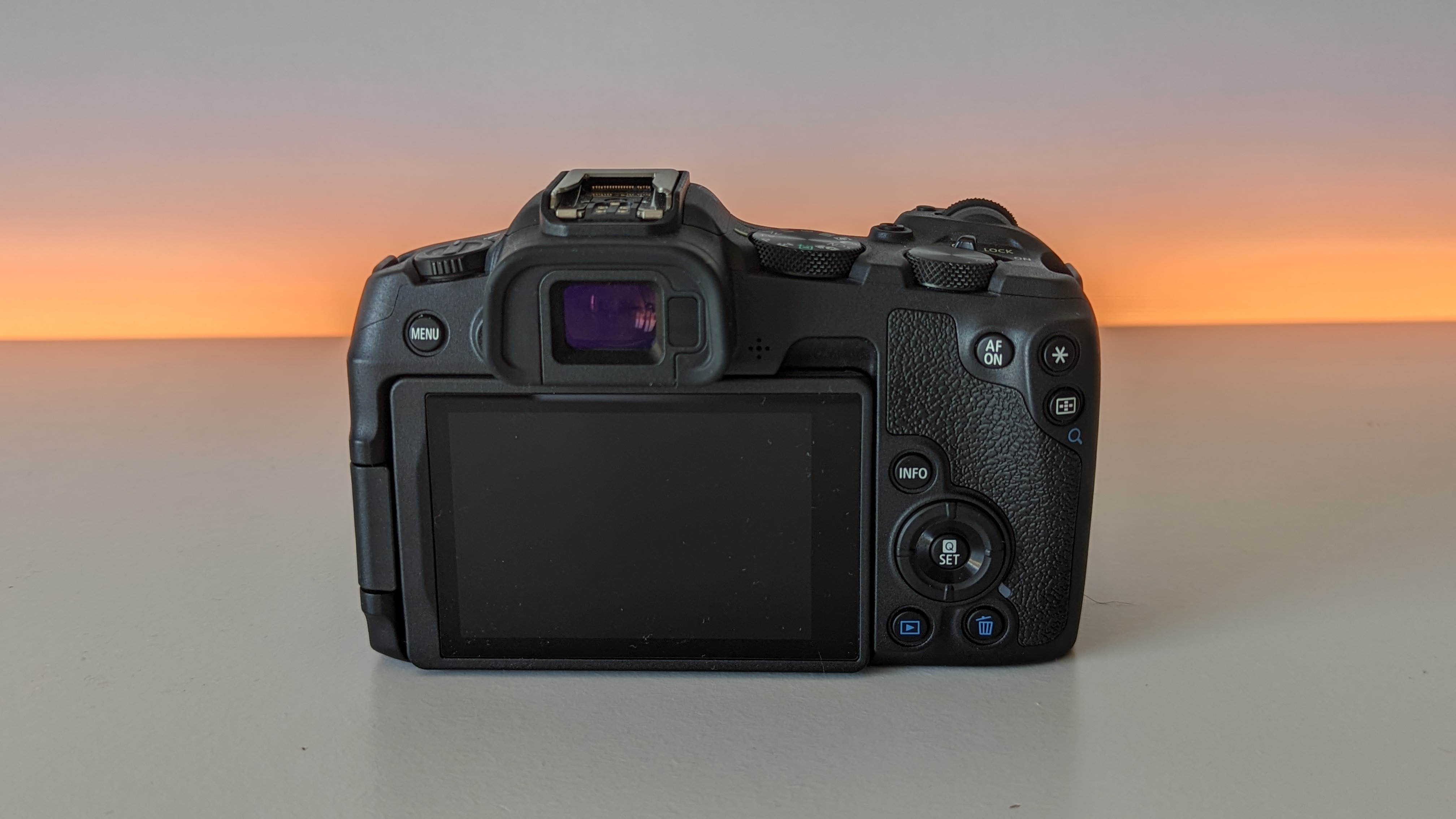
Specifications
Reasons to buy
Reasons to avoid
✅ You've surpassed 'beginner' status: It's a fantastic option for anyone making their first step into full-frame cameras once they've outgrown their beginner camera.
✅ You want to travel with it: As Canon's most lightweight full-frame mirrorless camera at just 1.02 lbs (461g), it's perfect for traveling or trekking to remote dark sky locations.
❌ You want a camera for professional use: The R8 is better suited to beginners and intermediate users than professionals. For pros, we'd recommend the Nikon Z8.
❌ You want two card slots: The R8 only has a single card slot, and the door to access it is in a pretty awkward place.
🔎 Canon EOS R8: The lightest and second-most affordable full-frame mirrorless camera from Canon lacks a few features but has cracking specs for the price and provides excellent value for those wanting a step up. ★★★★½
If you're looking for a lightweight, compact camera for astrophotography that has great ISO handling and produces beautiful images, the Canon EOS R8 is the obvious choice. However, the trade-off with the R8 is that it's aimed more at beginner/intermediate level users, so more experienced users may have to sacrifice adding a little more weight in exchange for higher specs in another model.
Design: As Canon's lightest full-frame mirrorless camera at just 1.02 lbs (461g), it's ideal to carry with you when traveling or trekking to dark sky locations, as we mentioned in our Canon EOS R8 review. It may be small, but we found the grip deep enough to get a good hold on, and it was comfortable to shoot with all day long.
There were some small design elements we thought could be improved, though. We thought the card slot was in a very awkward place, in with the battery and only accessible from the bottom of the camera. So, when the camera was on a tripod during an astro shoot, we had to take the whole camera off the tripod in order to change the card or battery — plus there's only one card slot.
Performance: When we tested the R8 for astrophotography, we were astounded by how well it coped with high ISO levels. For the price point, we think it's one of the best astrophotography cameras we've tested. With a -6.5EV autofocus detection range, it could comfortably handle ISO 5000 and above with minimal noise and barely any color distortion. The images were bright and detailed, and any minor flaws we did find could easily be edited out in Lightroom.
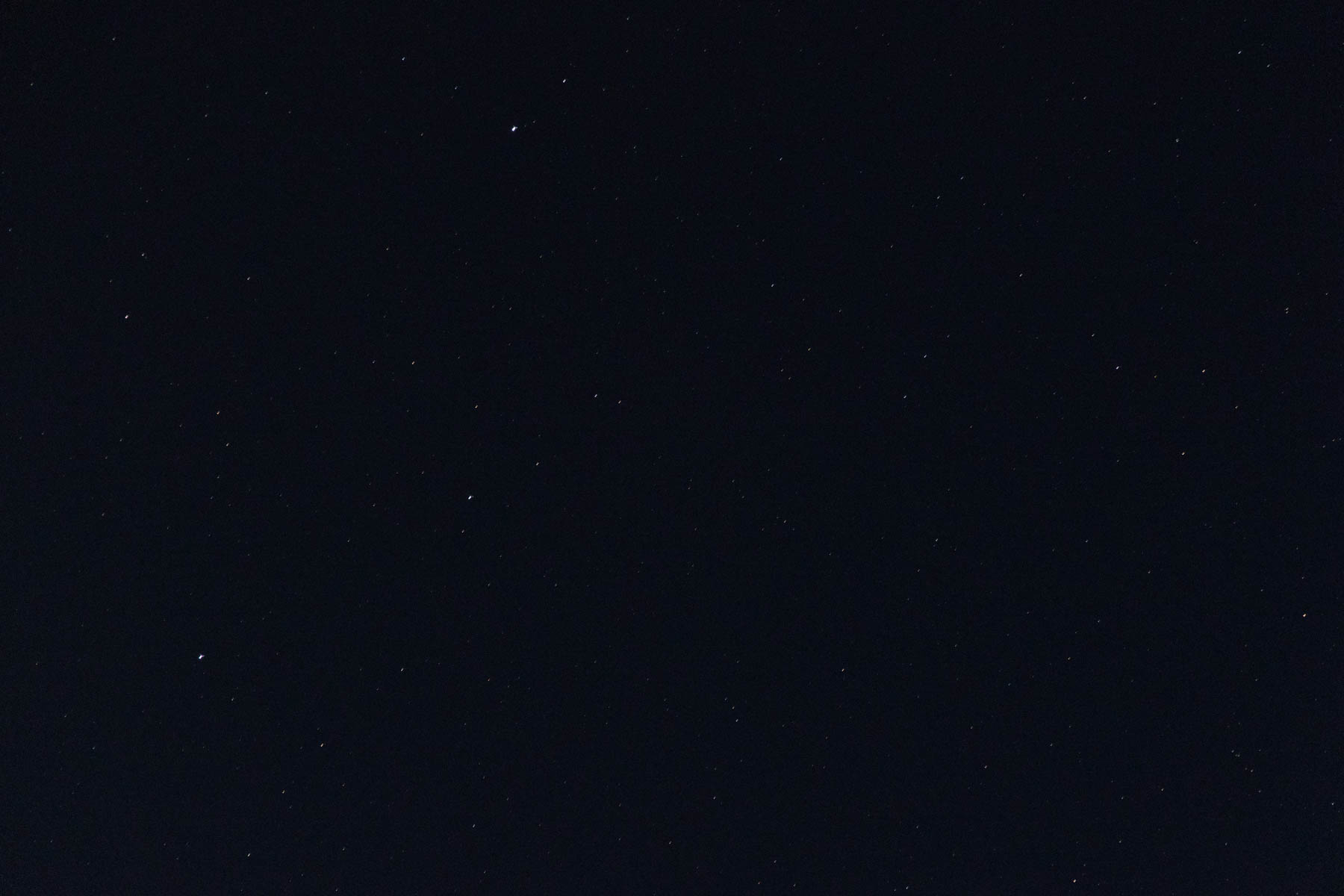
Functionality: Naturally, for a camera that is aimed at more of a beginner/enthusiast market, it's going to have a few corners cut in order to keep the price down. However, most of the 'it doesn't have this' or 'it doesn't have that' complaints that we have with this camera don't necessarily make a difference when you're using it for astrophotography specifically.
For instance, the R8 doesn't have image stabilization. No bother, many of the lenses do, plus you don't need it for astro anyway. It's also not fully weather-sealed. That's fine, you won't be doing astrophotography when it's raining (unless you get caught out unexpectedly). Worth taking into account if you want a camera for general-purpose usage, but for astrophotography, they certainly aren't dealbreakers.
There's a Handheld Night Scene mode which is pretty cool, but that's more suited to regular low-light shooting for landscapes, cityscapes or portraits rather than for long-exposure astrophotography. There's also an interval timer for timelapse and star trail photography.
Overall it's a very capable camera for astro, wildlife and general-purpose landscapes and portraiture thanks to its reliable autofocus, impressive burst speed and beautiful images. If you can live with its limitations, we think it's a great camera and certainly worthy of carrying with you on your travels.
If you want a lightweight camera but the Canon doesn't excite you, or you're already invested in another camera system, we can recommend the Sony A7C II as Sony's smallest full-frame camera, and for Nikon users, our recommendation would be the next camera in this list...
- Read our full Canon EOS R8 review
Attributes | Notes |
|---|---|
Design | Canon's lightest full-frame camera. |
Performance | Astounding ISO performance. |
Functionality | Lacks image stabilization and complete weather-sealing, but neither of these matter too much for astro. |
Best beginner camera for astrophotography
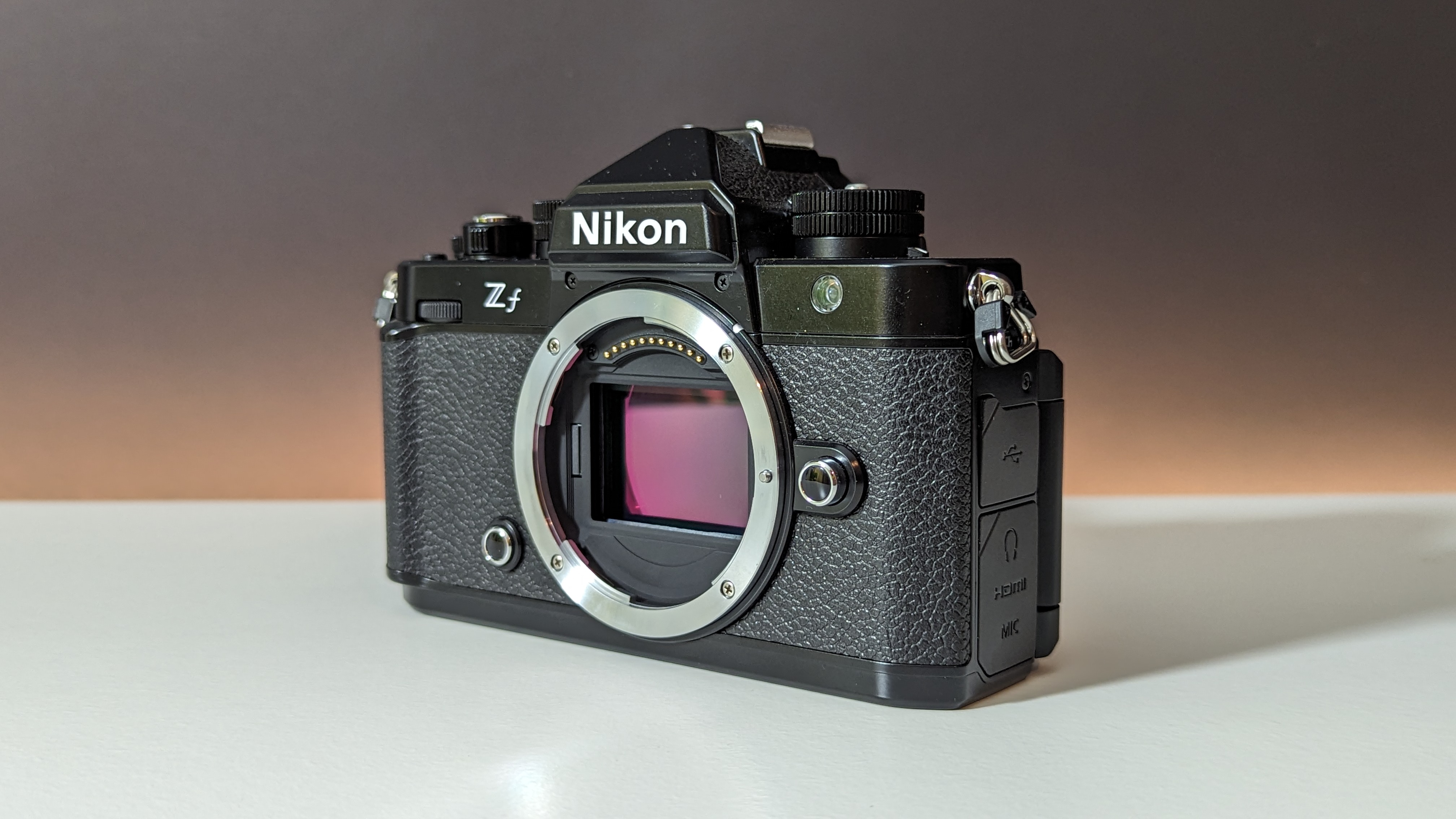
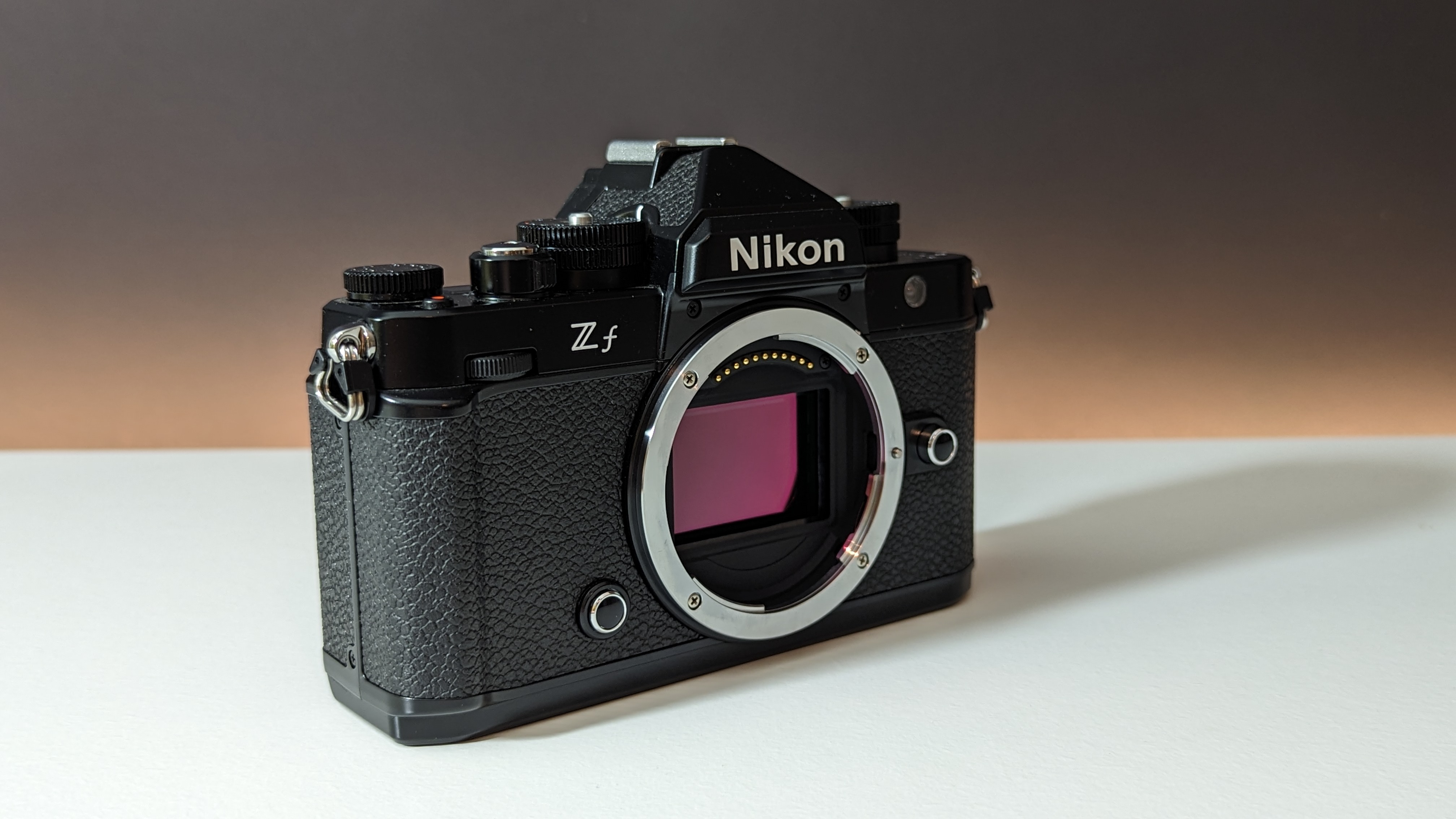
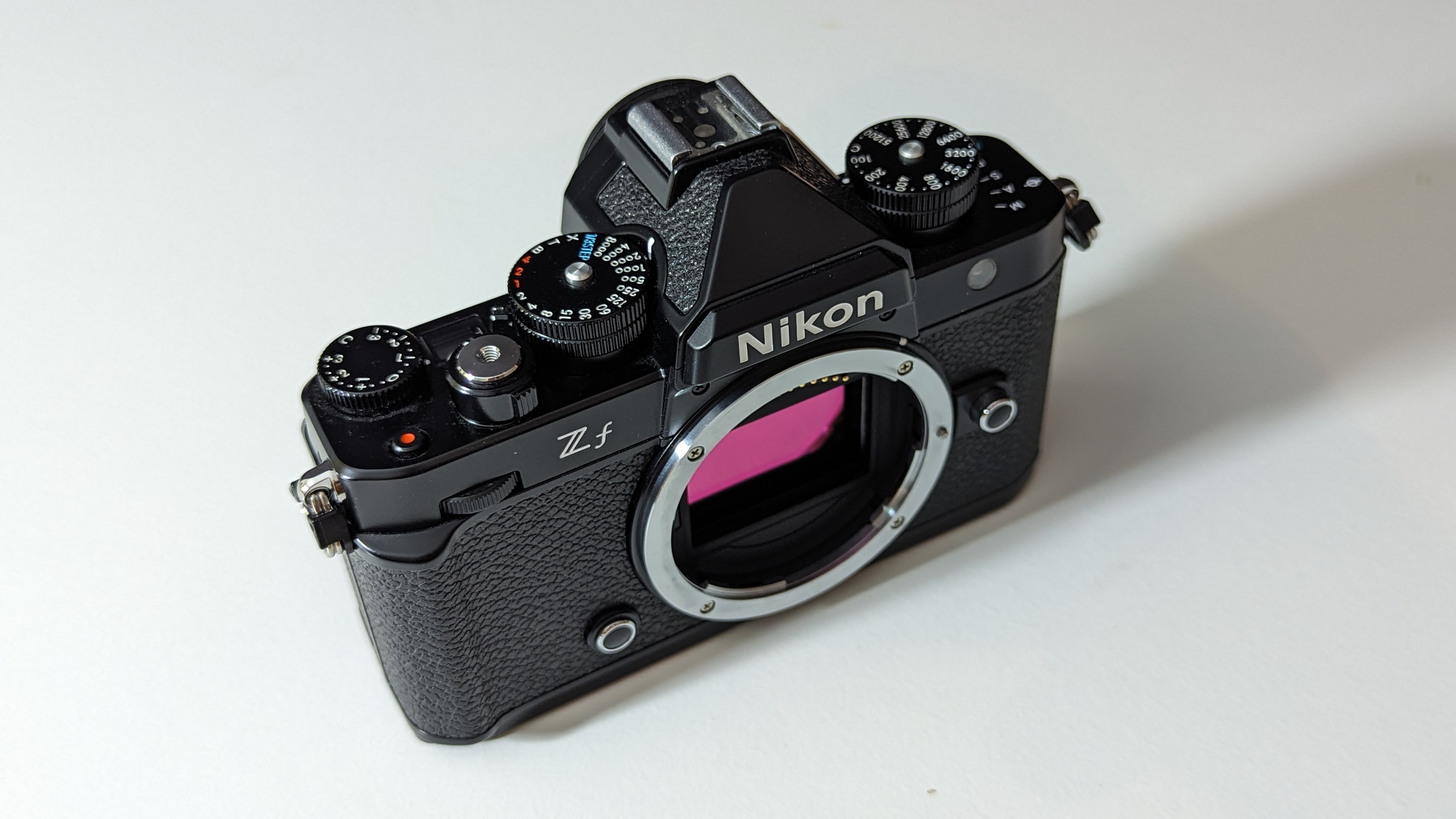
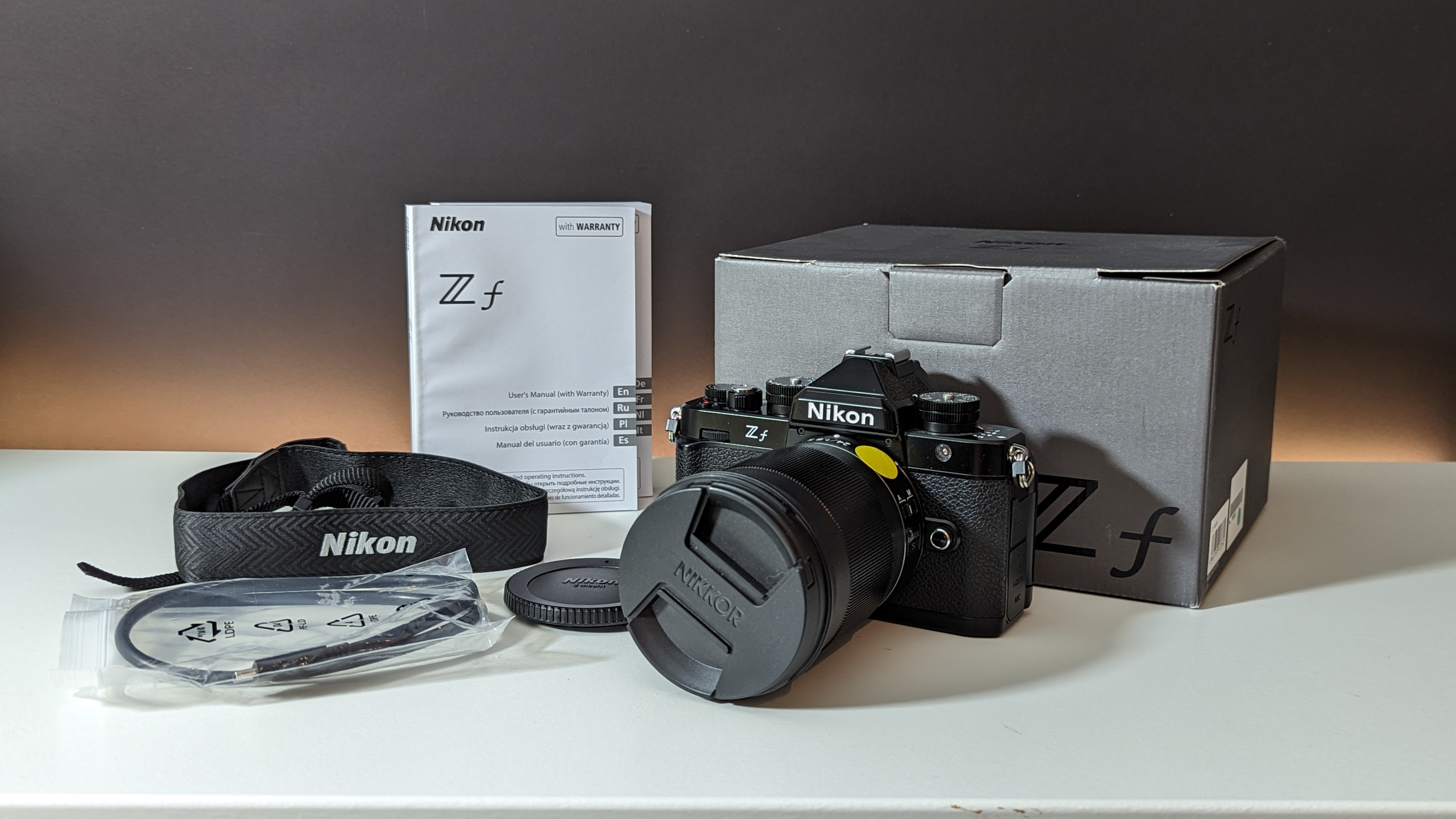
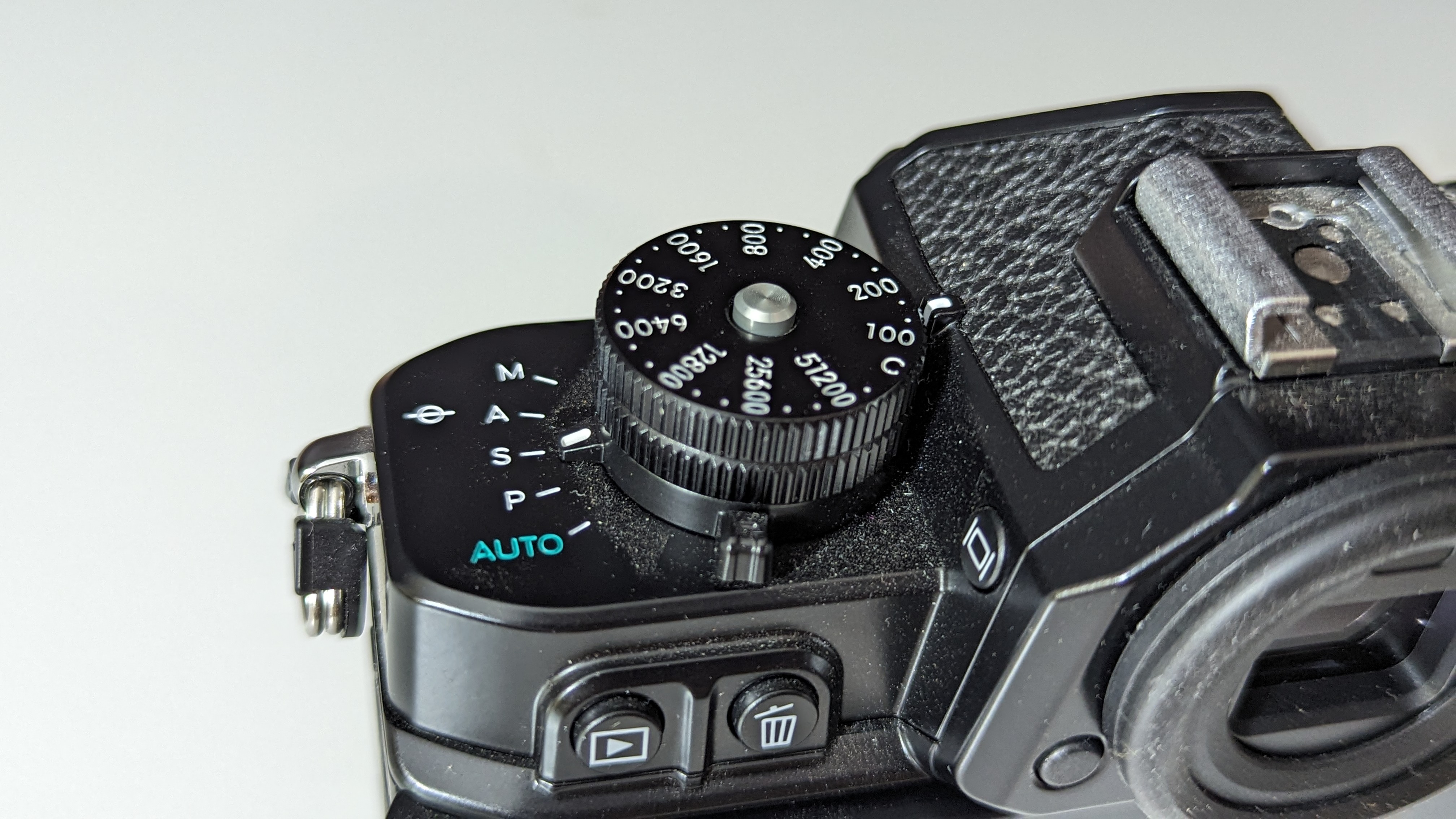
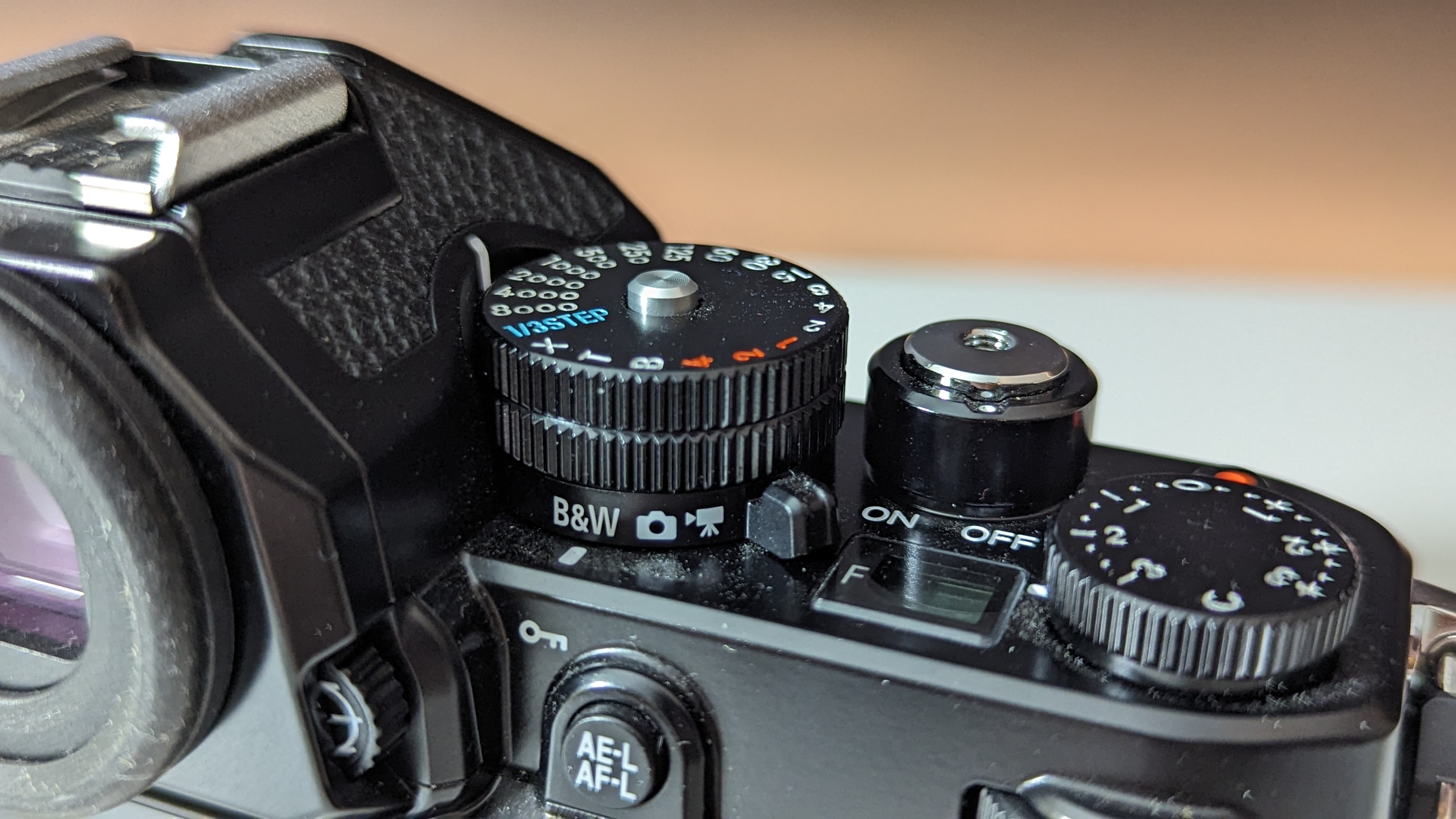
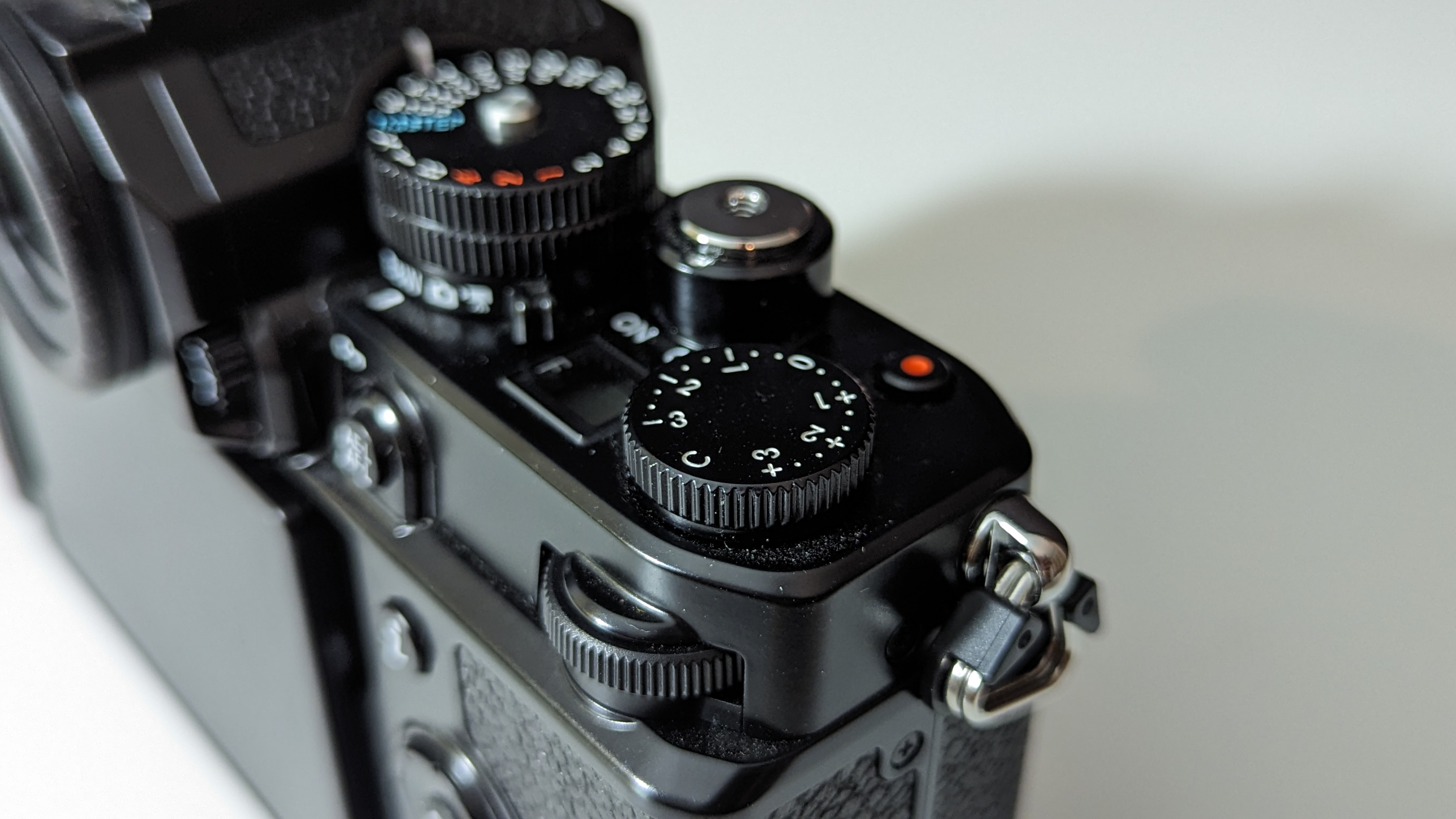
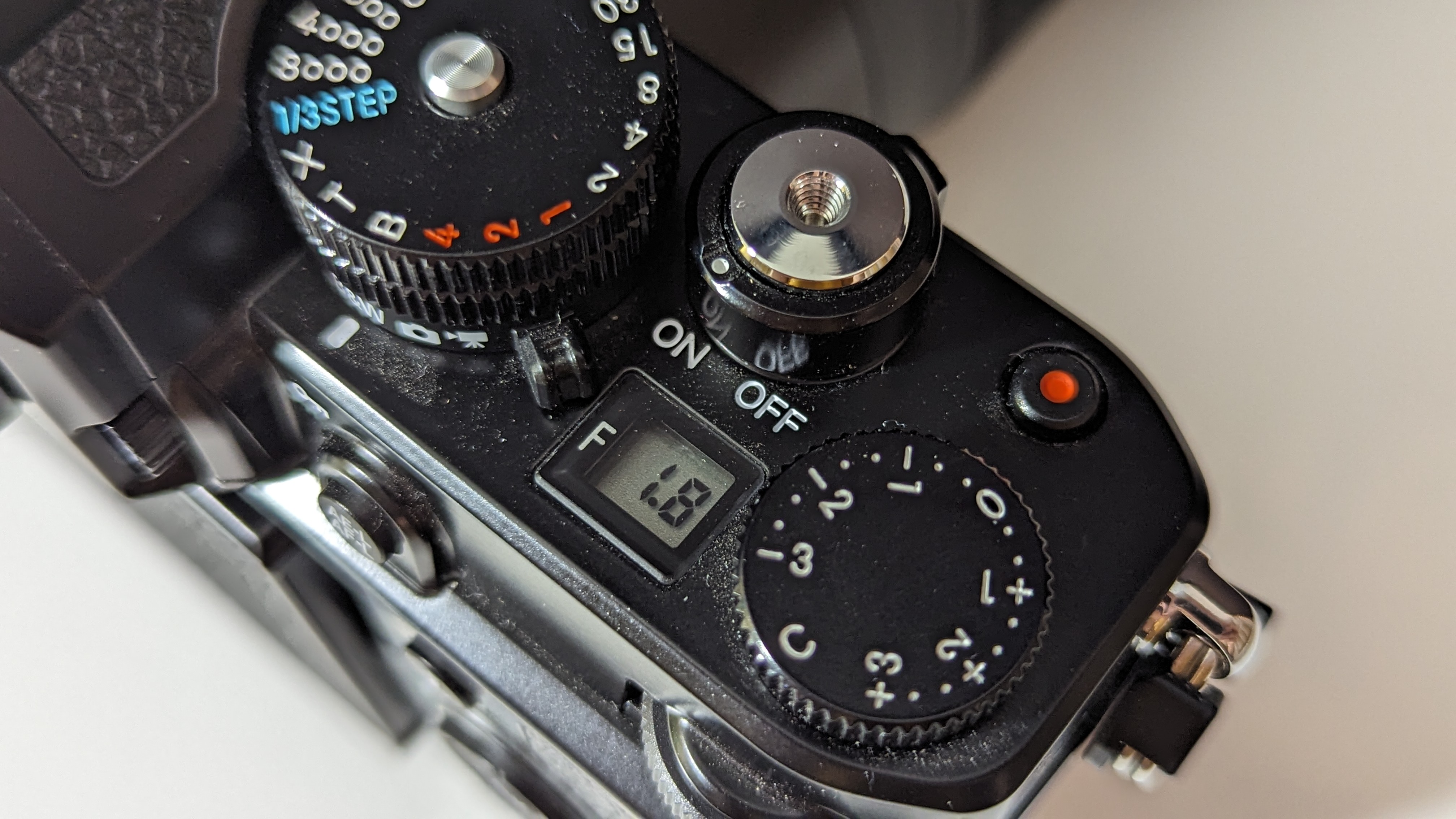
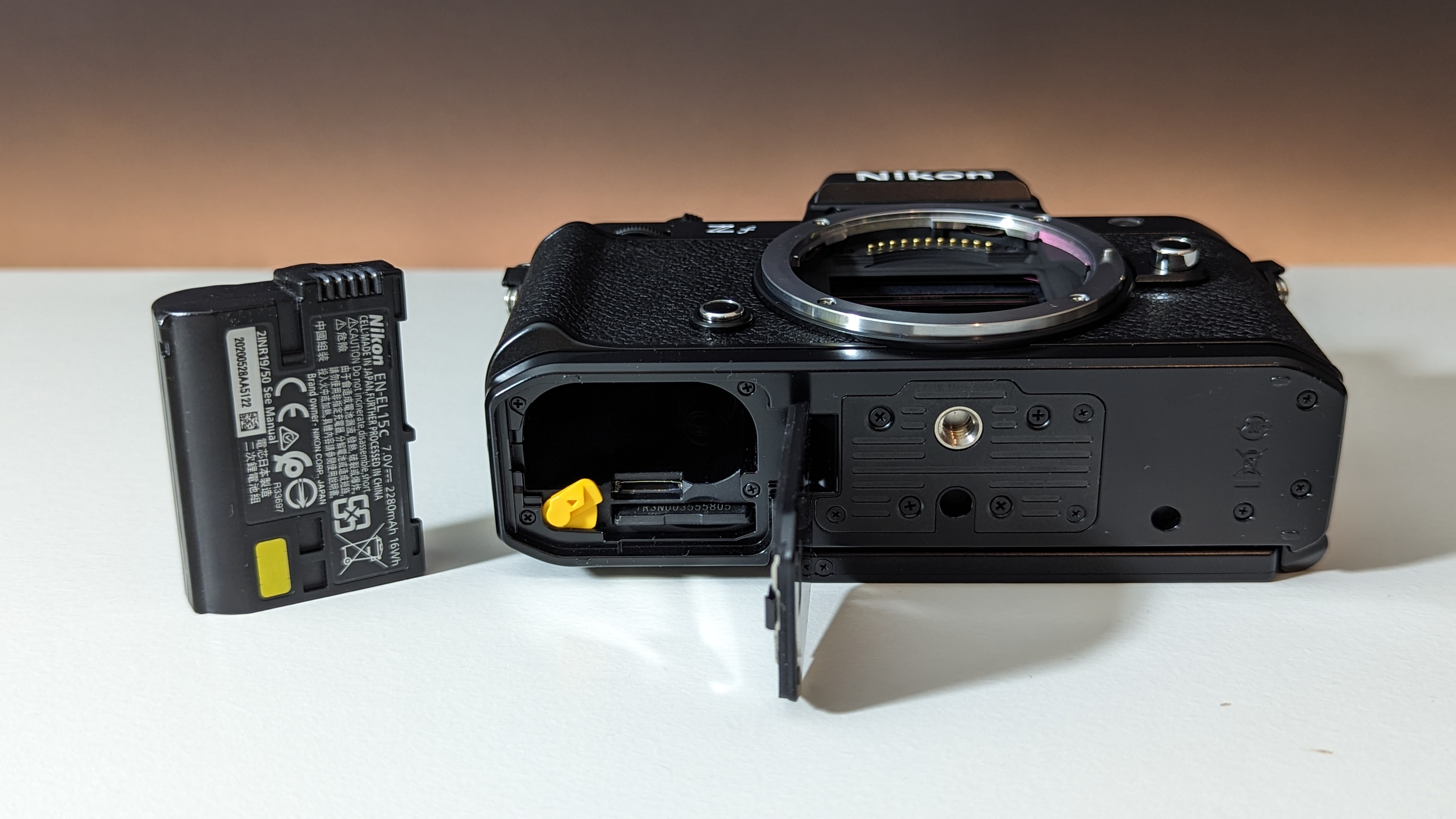
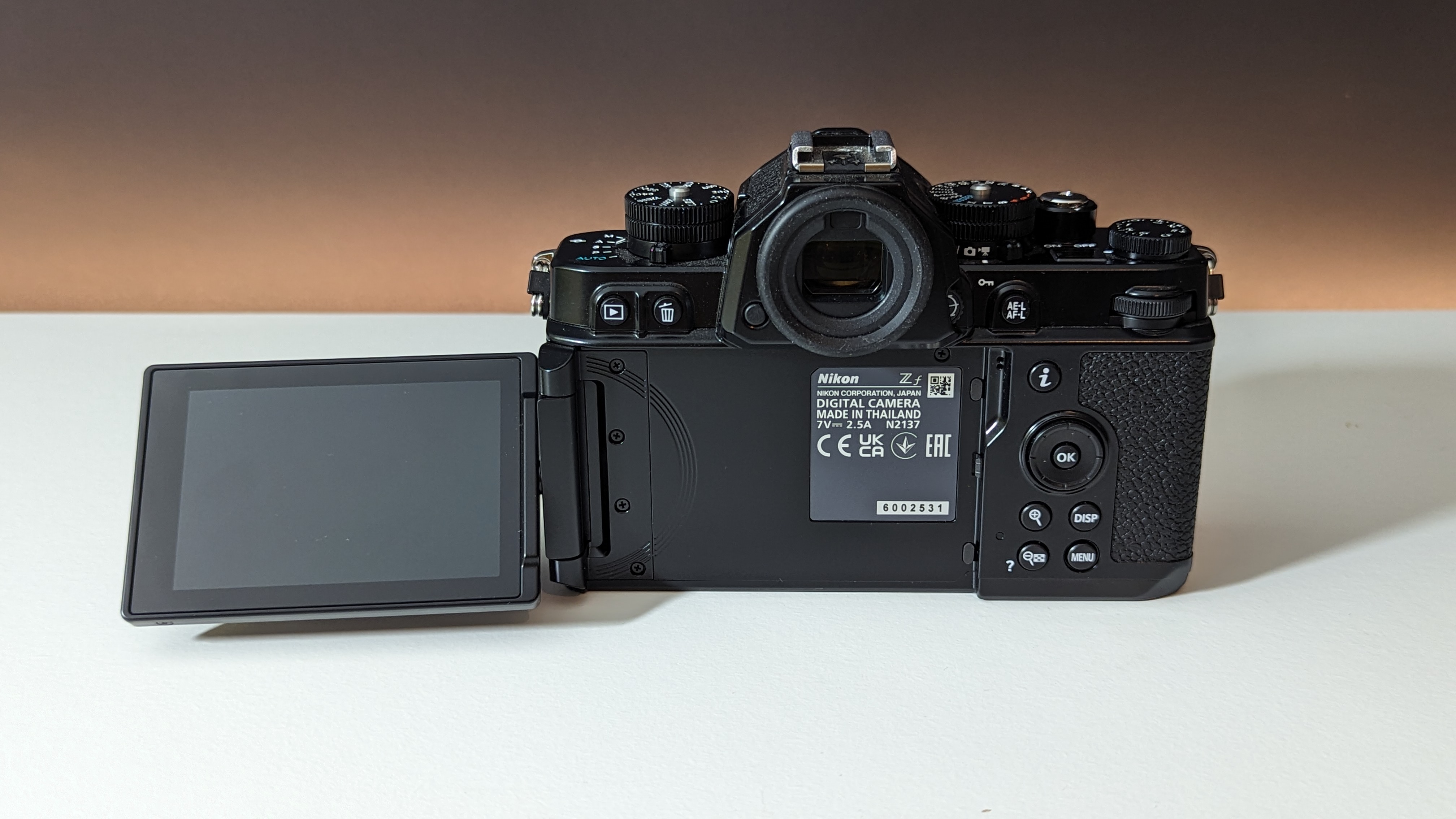
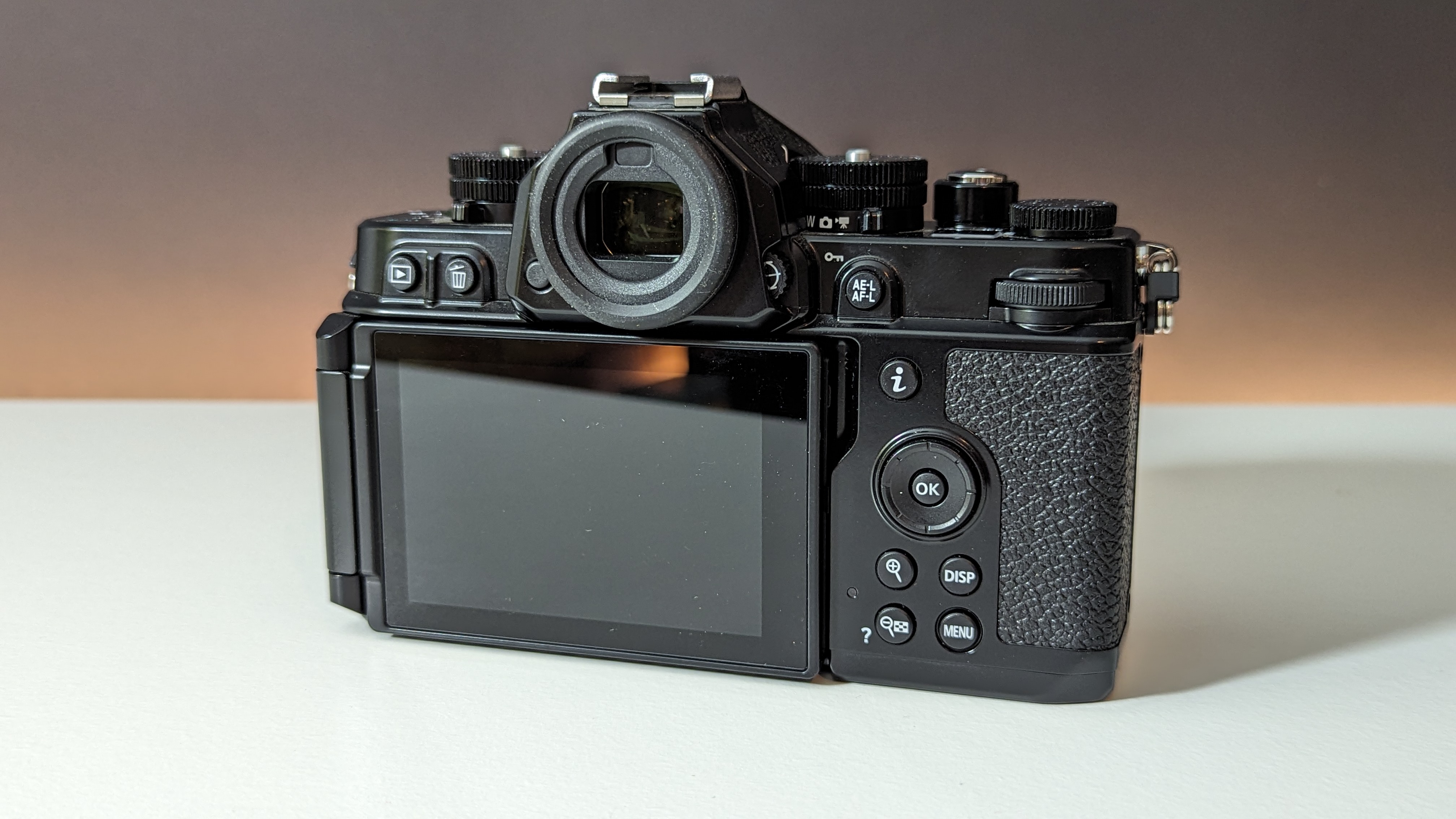
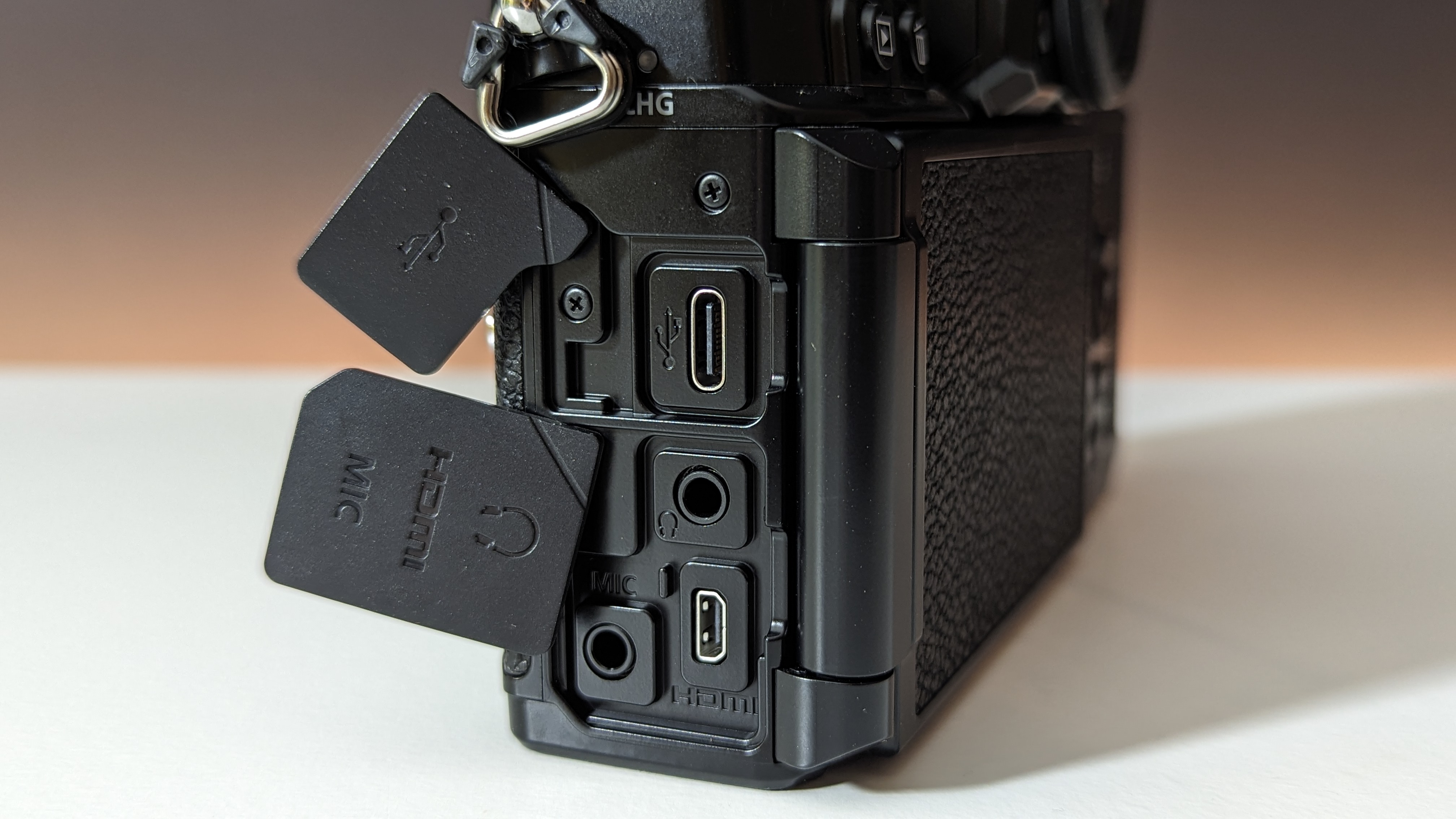
Specifications
Reasons to buy
Reasons to avoid
✅ You do a lot of low light shooting: The Nikon Zf can autofocus down to an unheard-of -10EV.
✅ You want to seriously hone your skills: If you have the budget for a very capable entry-level full-frame camera that will last a long time until you upgrade to a more powerful machine, the Zf is hard to beat.
❌ You shoot a lot of video: For video-heavy users, there are better options out there, like the Sony A7S III. If you want to stick with Nikon, the new Nikon Z6 III is said to be better for video, although we are yet to review it.
❌ You want more megapixels: By today's standards, 24.5MP isn't exactly anything to shout about. If you want a few more, the Sony A7 IV has 33MP and is only marginally more expensive.
🔎 Nikon Zf: As a full-frame mirrorless camera with all these specs and performance tucked away inside a stylish and immaculately designed exterior, it effortlessly blends beauty and brawn with its good looks and impressive performance. ★★★★½
For users jumping into the full-frame system and aren't already invested in a particular brand, the Nikon Zf is our pick for best entry-level full-frame camera. There are cheaper alternatives, but if you want the best money can buy, the Zf would be our choice.
Design: It has a plethora of on-body dials and controls reminiscent of a film SLR and available in 6 different colors, it effortlessly balances style with substance thanks to its good looks, reliable autofocus and excellent low-light performance. There's a button or a dial for everything we could wish for and every little detail has been carefully planned out, down to the tiny LCD on the top of the body.
During our Nikon Zf review, we actually struggled to find anything 'wrong' with it without splitting hairs — we'd like to boost the resolution, add a tilting touchscreen and a second memory card slot, but for an entry-level camera, it's very hard to fault, especially for the price.
Performance: With the same powerful processing engine as the Nikon Z8 and Z9, this camera is not to be underestimated. It also shares the same Deep Learning technology with accurate subject tracking for people, cats, dogs, birds, bicycles, motorbikes, cars, aircraft and trains.
Even at ISO 8000, we found that a 100% crop into the images showed negligible noise, minimal color distortion (a little magenta) and uniform grain across the frame. The images are obviously much cleaner at lower ISOs, but we thought the noise handling was impressive by anyone's standards.
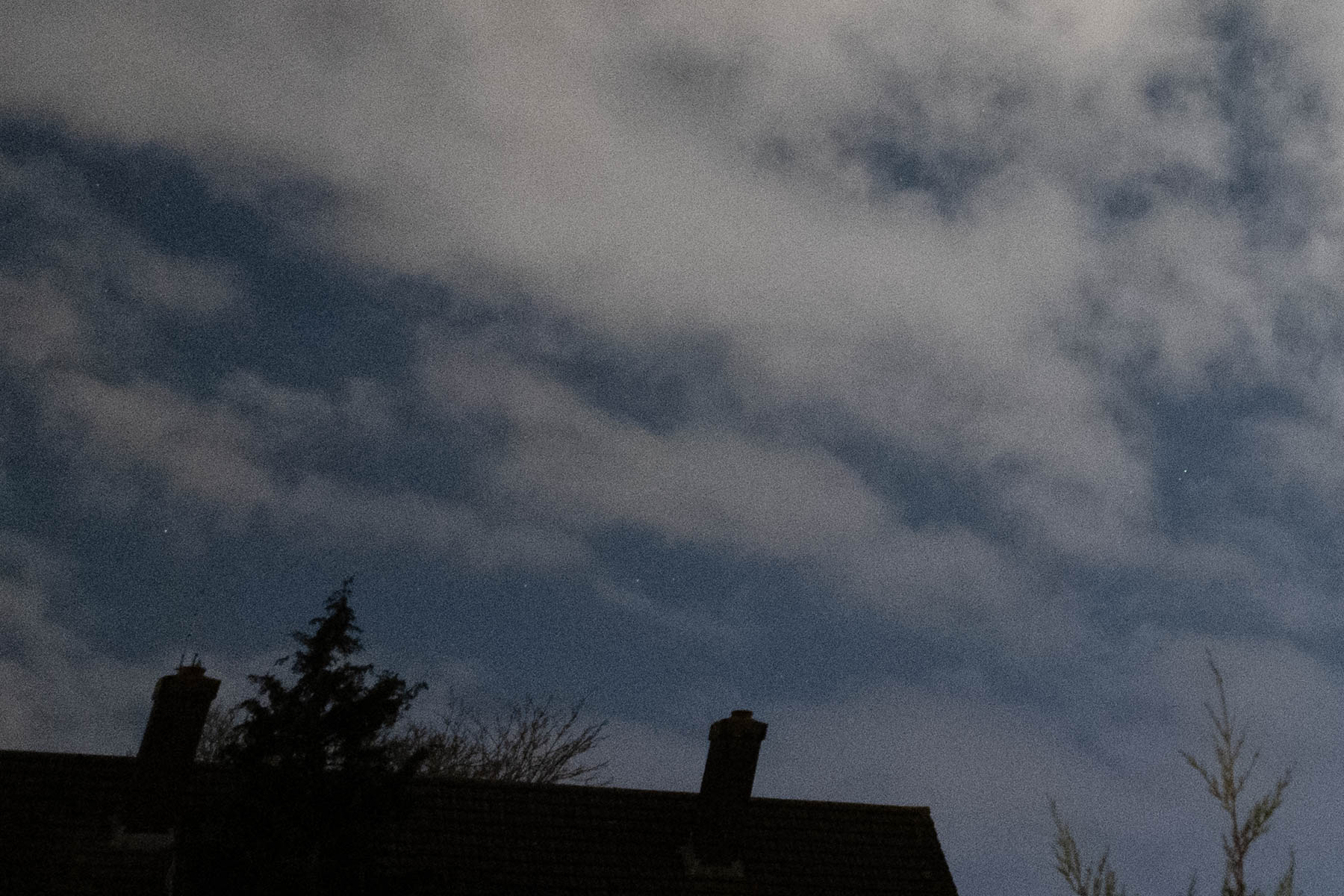
Functionality: Its low light sensitivity drops down to -10EV, which is the lowest of any Nikon camera to date, meaning it can lock on to subjects in the dark effortlessly without hunting around. It also has the widest native ISO range of all the Z series cameras.
It's not just great for astro and low light shooting, it can shoot at 14FPS using the mechanical shutter, opening it up to wildlife and sports photography, too. Pair that with its reliable and accurate autofocus to switch between and track subjects, and you're onto a winner.
The Nikon Zf has often been compared to the Z6 II as they share similar specs, although the Zf wins out thanks to its updated features and newer tech (a 3 year age difference is quite big in the camera world). However, with the recent release of the Z6 III, we'd be willing to bet that more experienced users would pay the $500 more and opt for its higher resolution viewfinder, 'partially stacked' sensor (Nikon's words), faster burst rate and better video specs over the Zf. We'll be reviewing the Nikon Z6 III soon, so keep your eyes peeled for our full, in-depth analysis.
- Read our full Nikon Zf review
Attributes | Notes |
|---|---|
Design | Has a dial for just about anything you could possibly want. |
Performance | Speedy and reliable autofocus, incredible low light performance. |
Functionality | Can autofocus down to an insane -10EV. |
Best camera for astrovideography
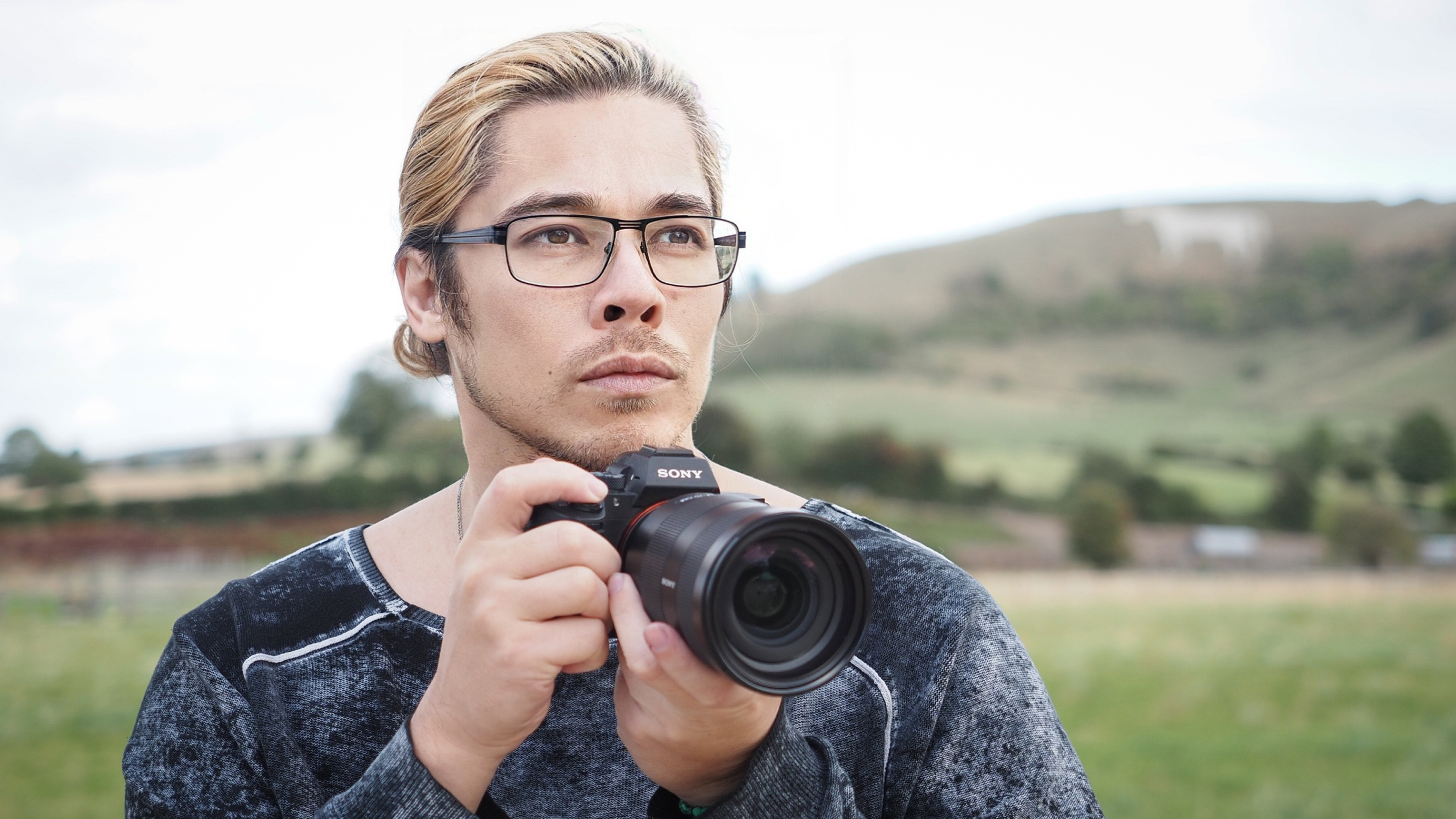
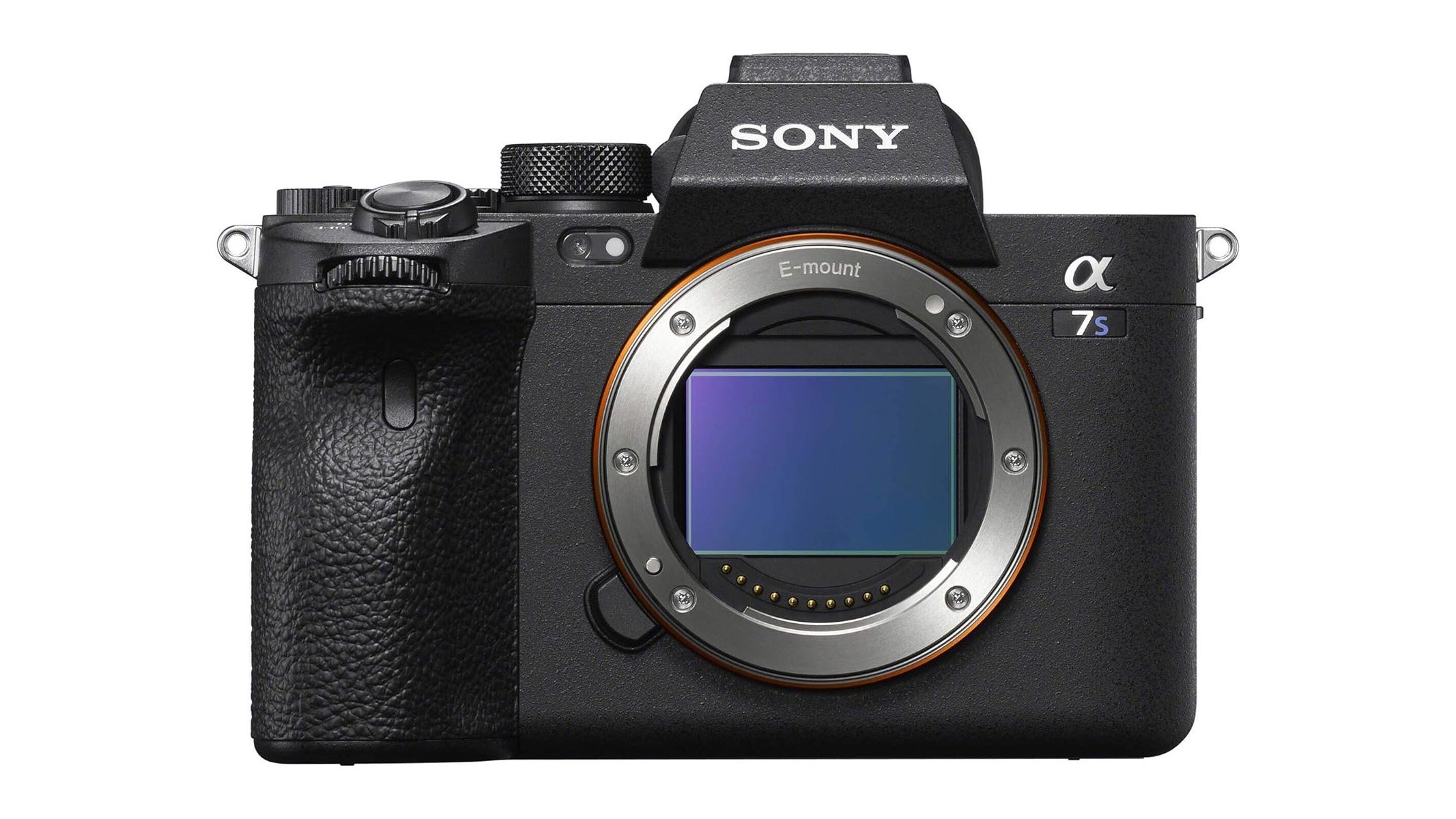
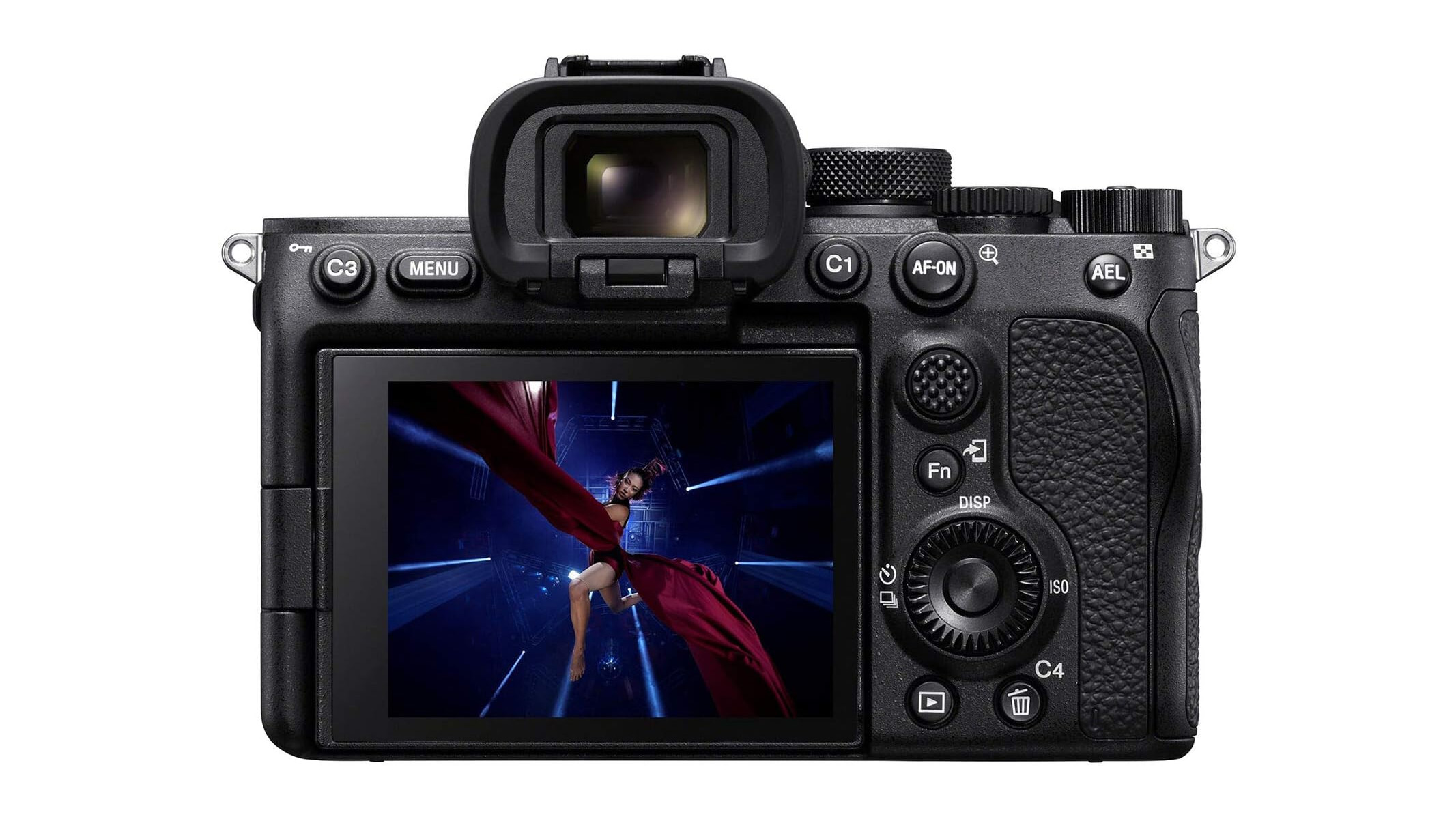
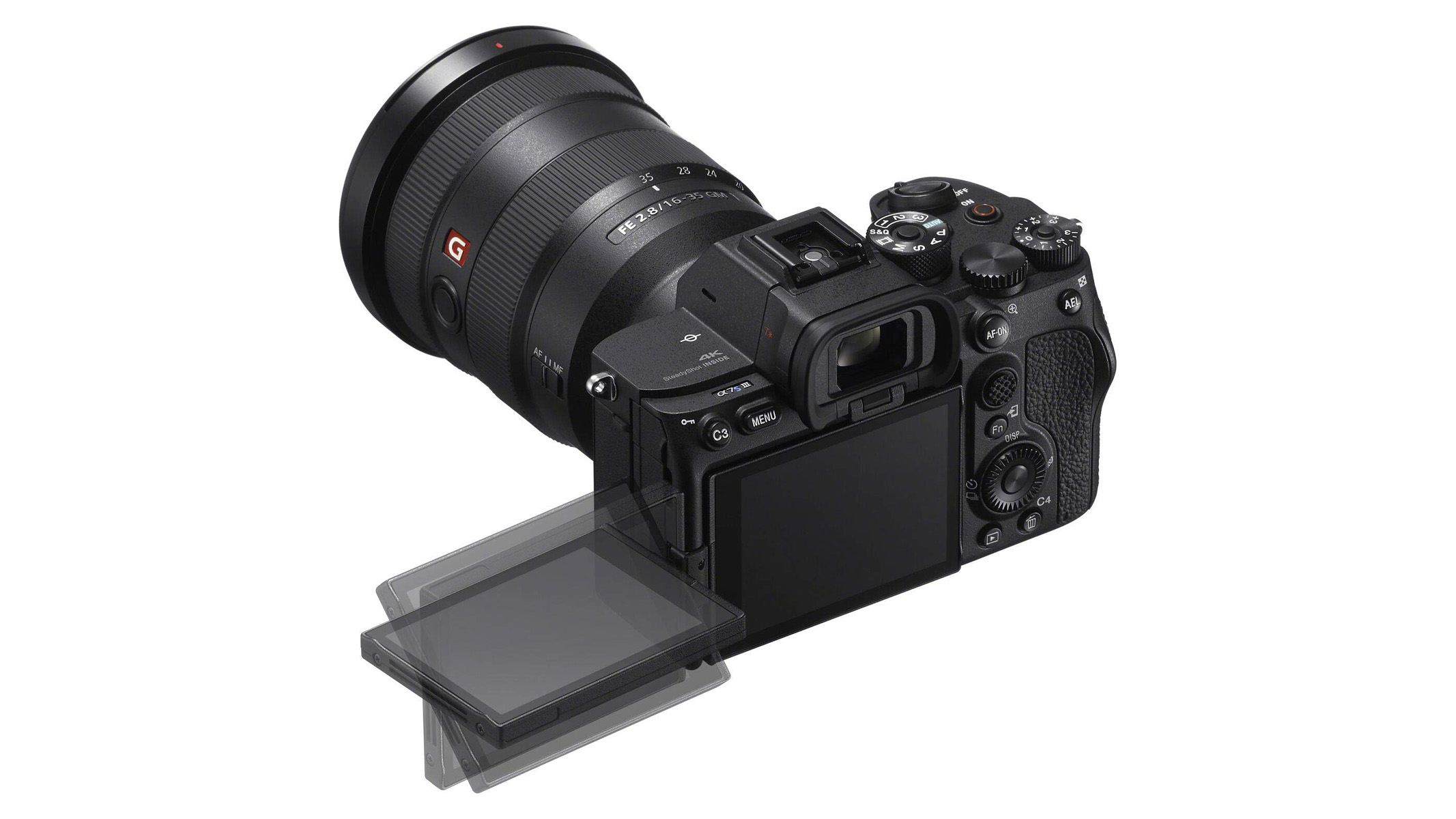
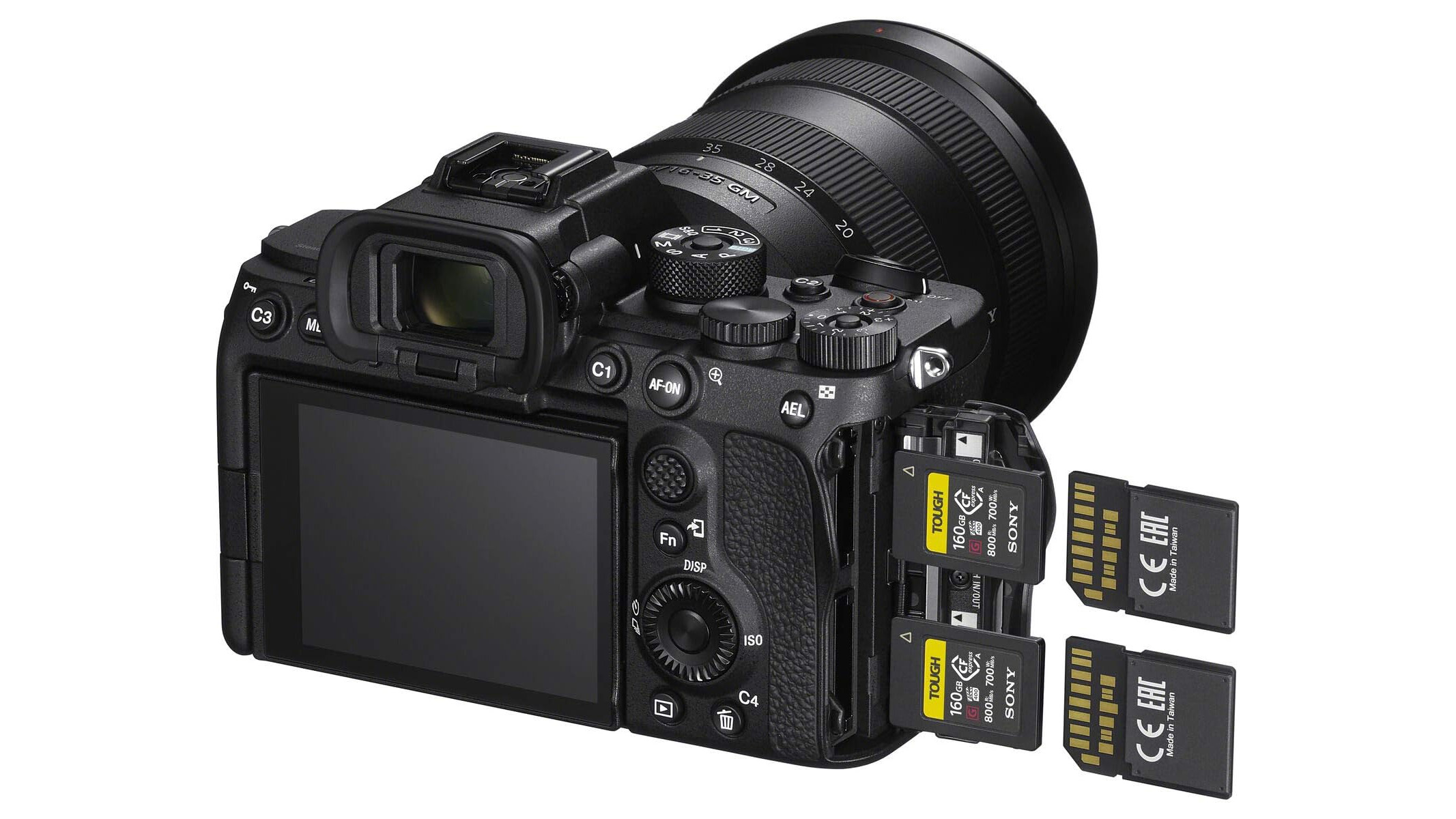
Specifications
Reasons to buy
Reasons to avoid
✅ You focus on astro: The advantage of the 12.1MP sensor is that it'll produce much less noise than a higher megapixel sensor, which is ideal for astrophotography.
✅ You shoot a lot of video: It's ideal for video and online content creators thanks to its treasure chest of video-centric features.
❌ You want to do general stills photography: The 12.1MP sensor likely won't be detailed enough for more general photography use.
❌ You want to produce large prints: If you want to show off your work with large prints, consider investing in a higher-resolution camera like the Sony A7 IV or the Nikon Z8.
🔎 Sony A7S III: For the cleanest possible low-light performance, particularly when it comes to night and astrophotography, the A7S III is exceptionally compelling. And if you're a video-first shooter, don't even think twice about getting one. ★★★★½
Many of the models on this list are better for stills than video, but if you're looking for a camera that excels in astrovideography and timelapse video, we were insanely impressed with the Sony A7S III (the S stands for 'sensitivity'). It's not the cheapest Sony model by far, so you'll need to consider just how much you focus on video vs stills if you're thinking of buying it.
Design: As a body designed primarily for video, it should come as no surprise that this is the ultimate astrovideography camera, as we noted in our Sony A7S III review. However, herein lies a compromise: the A7S III only features a 12.1MP sensor. This aids the camera's low light performance (since there are fewer pixels, each one is larger and able to gather more light), but means there is less detail if you want to print your photographs, and it's more likely to struggle if you want to turn your hand to more general styles of photography.
Performance: The Sony A7S III boasts near night vision performance, thanks to its ridiculous native ISO range of 80-102,400 (expandable to 409,600, though you'll never actually shoot that high) which also features dual native ISO. While most cameras have just one native ISO (the point at which performance is cleanest), the A7S III has two — one at ISO 640 and another at ISO 16,000 (though this varies in video modes).
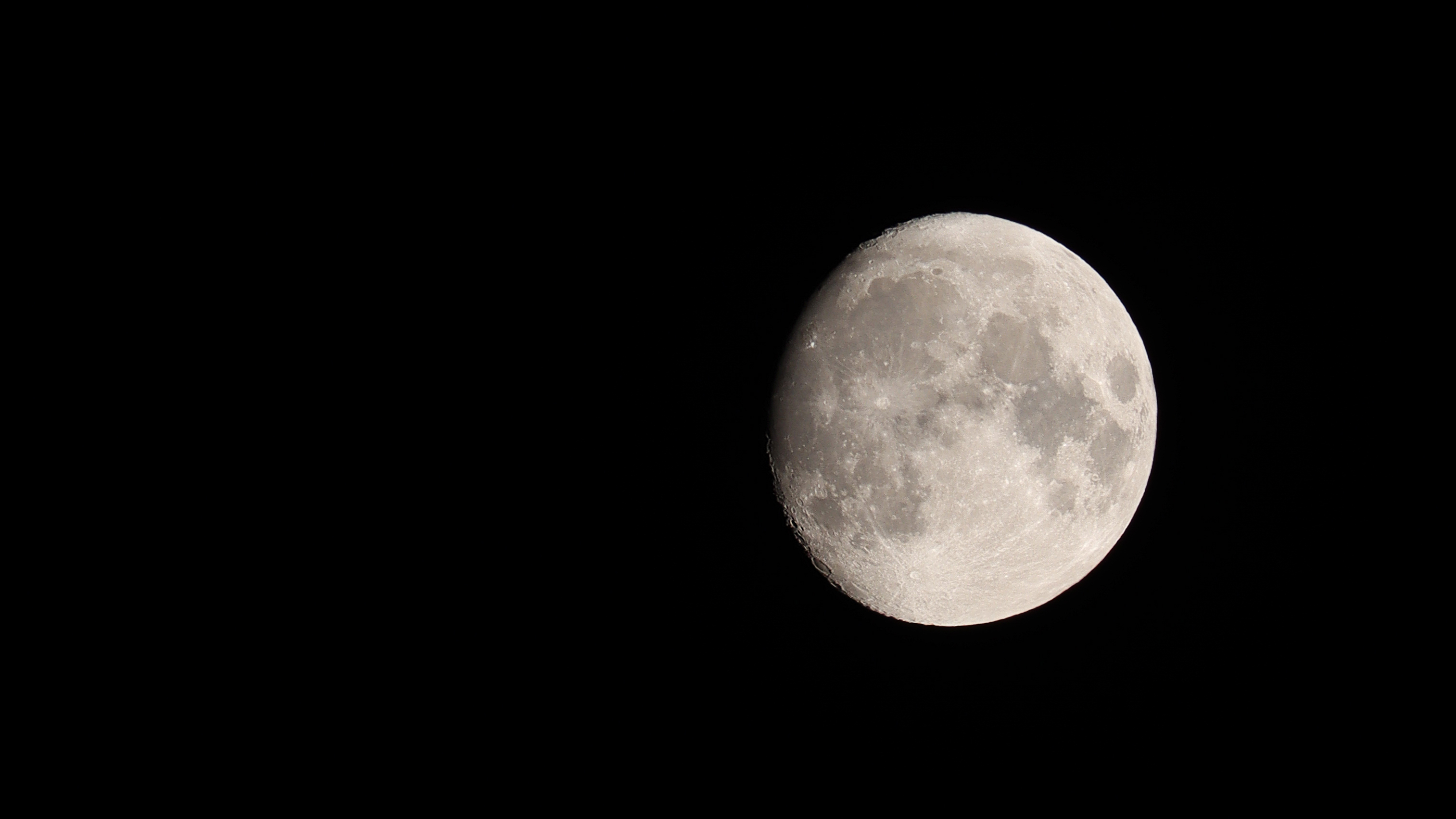
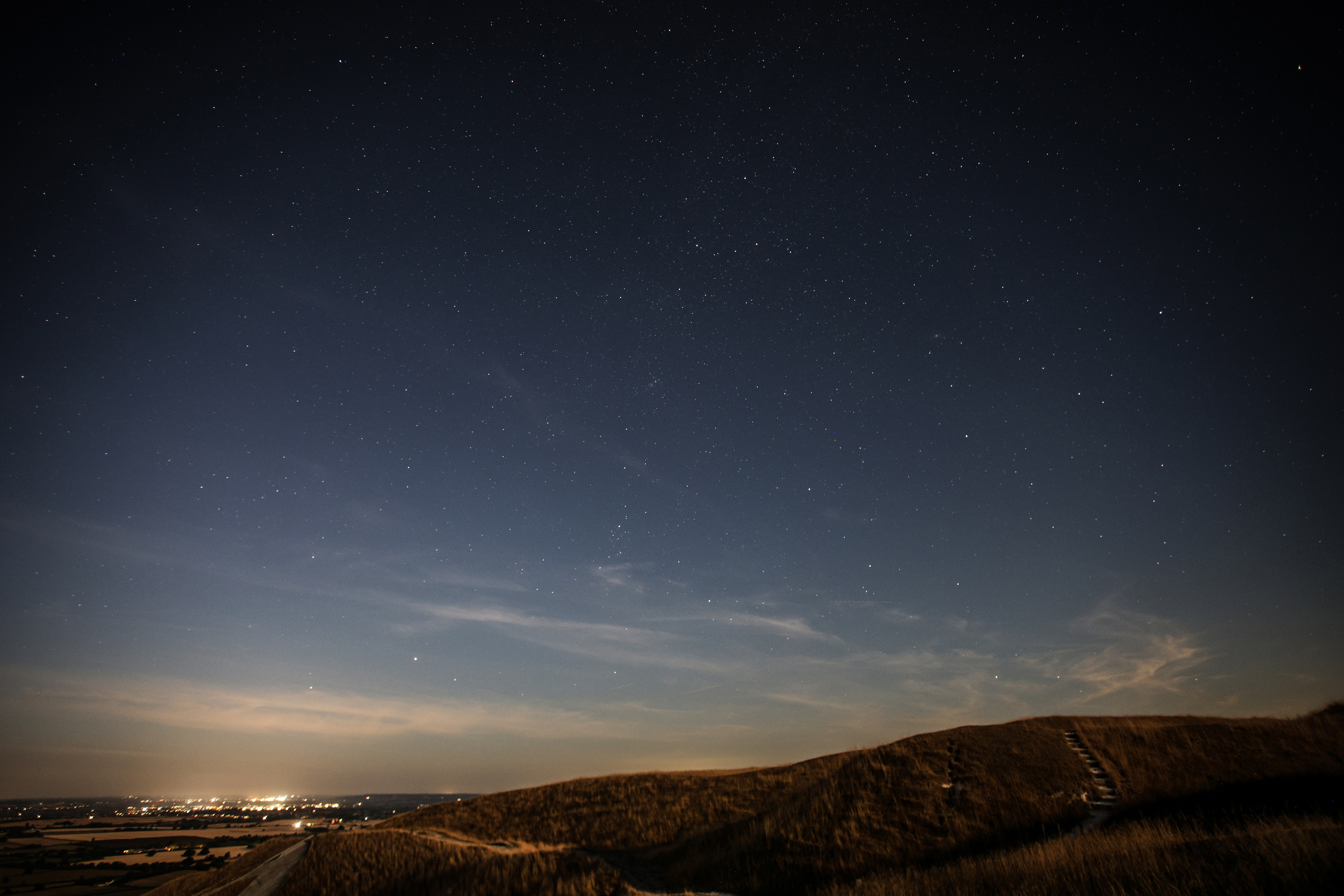
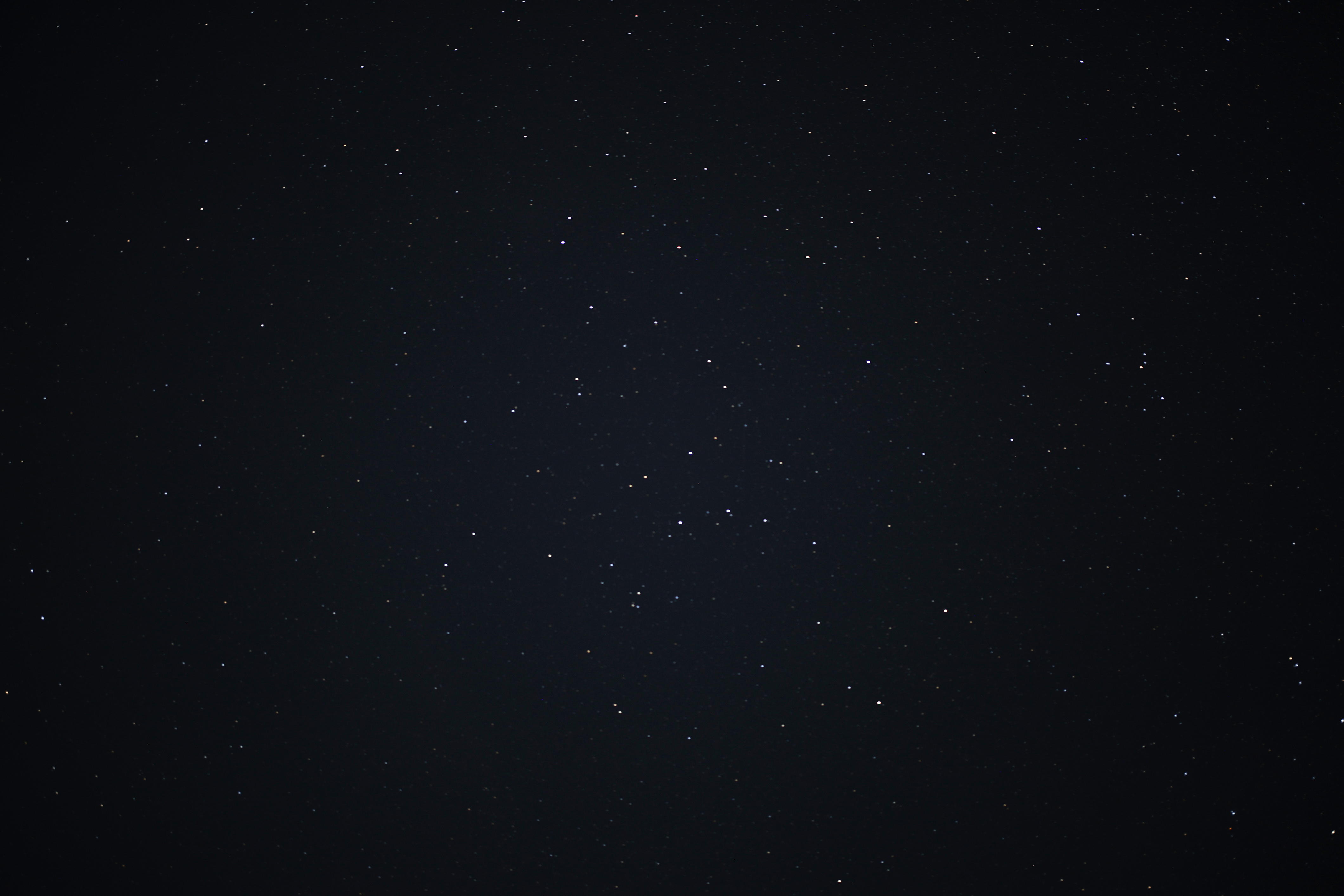
Functionality: While this is the best camera for filming stars, though, there is one sting in the tail: the "star eater" phenomenon that plagued earlier Sony cameras (where overactive noise reduction would 'eat' stars misidentified as noise) occasionally rears its head when shooting video with wide angle lenses that are very sharp. That said, it can record unlimited, uncropped 4K video internally at up to 60p, or at 120p with a minimal 1.1x crop, all while retaining full autofocus performance.
It's a fantastic camera if you specialize in astrophotography or video, but if you want to shoot other styles of stills photography like wildlife, landscapes or portraits, you'll want to consider other more well-rounded options.
- Read our full Sony A7S III review
Attributes | Notes |
|---|---|
Design | Fully articulating screen and phenomenal viewfinder. |
Performance | Great autofocus and insane low-light performance. |
Functionality | Features dual native ISO. |
Best DSLR for astrophotography
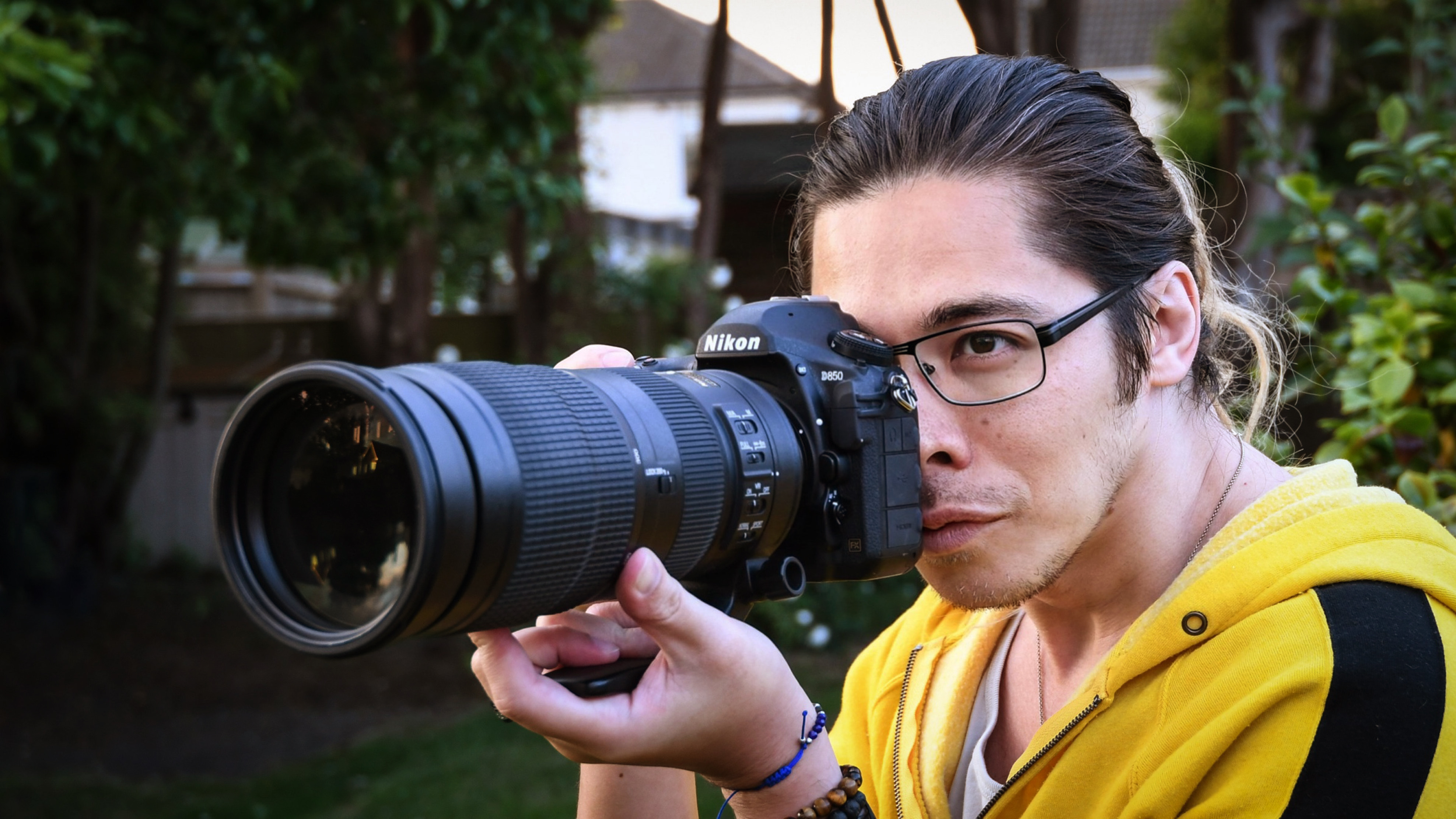
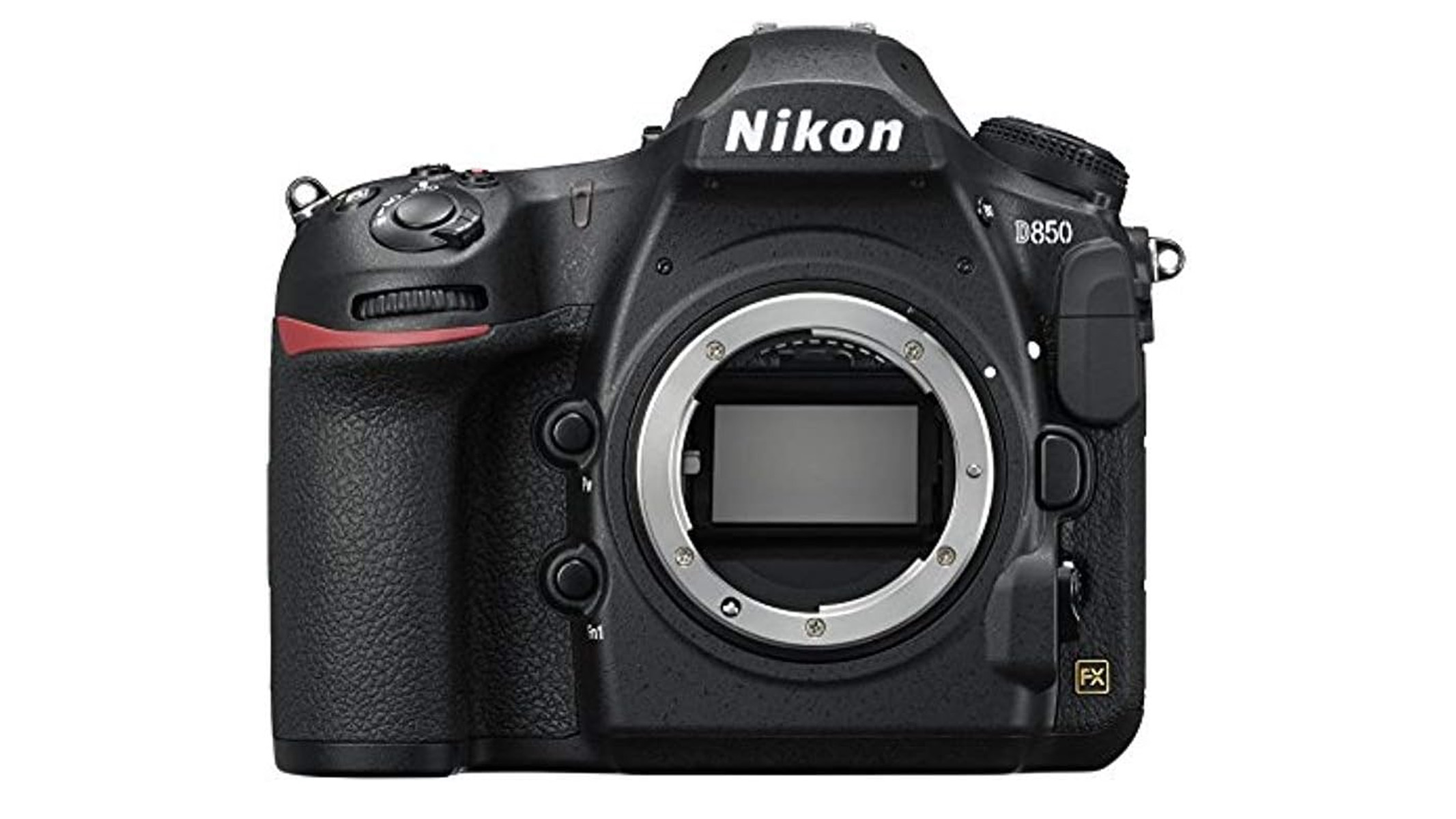
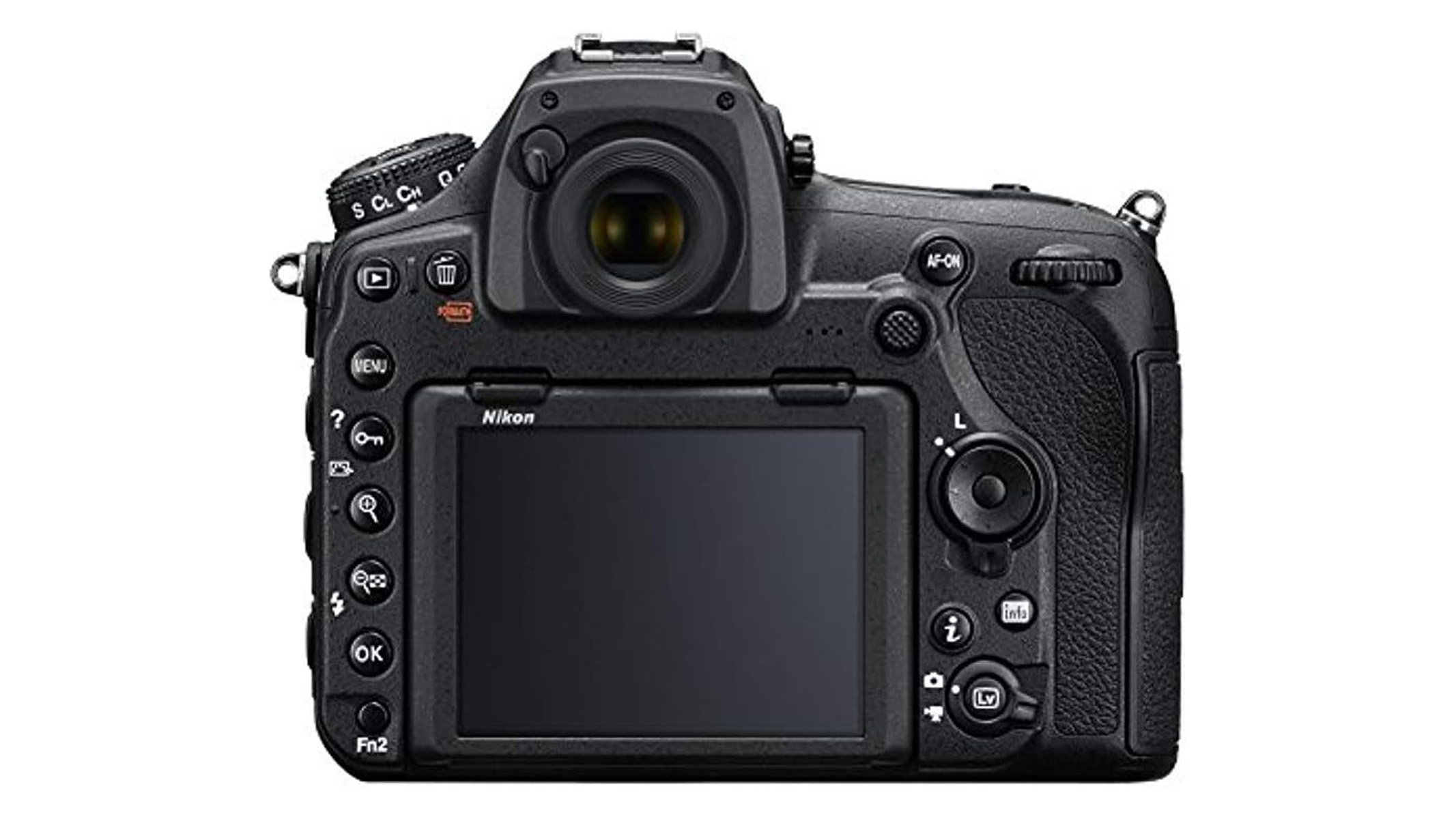
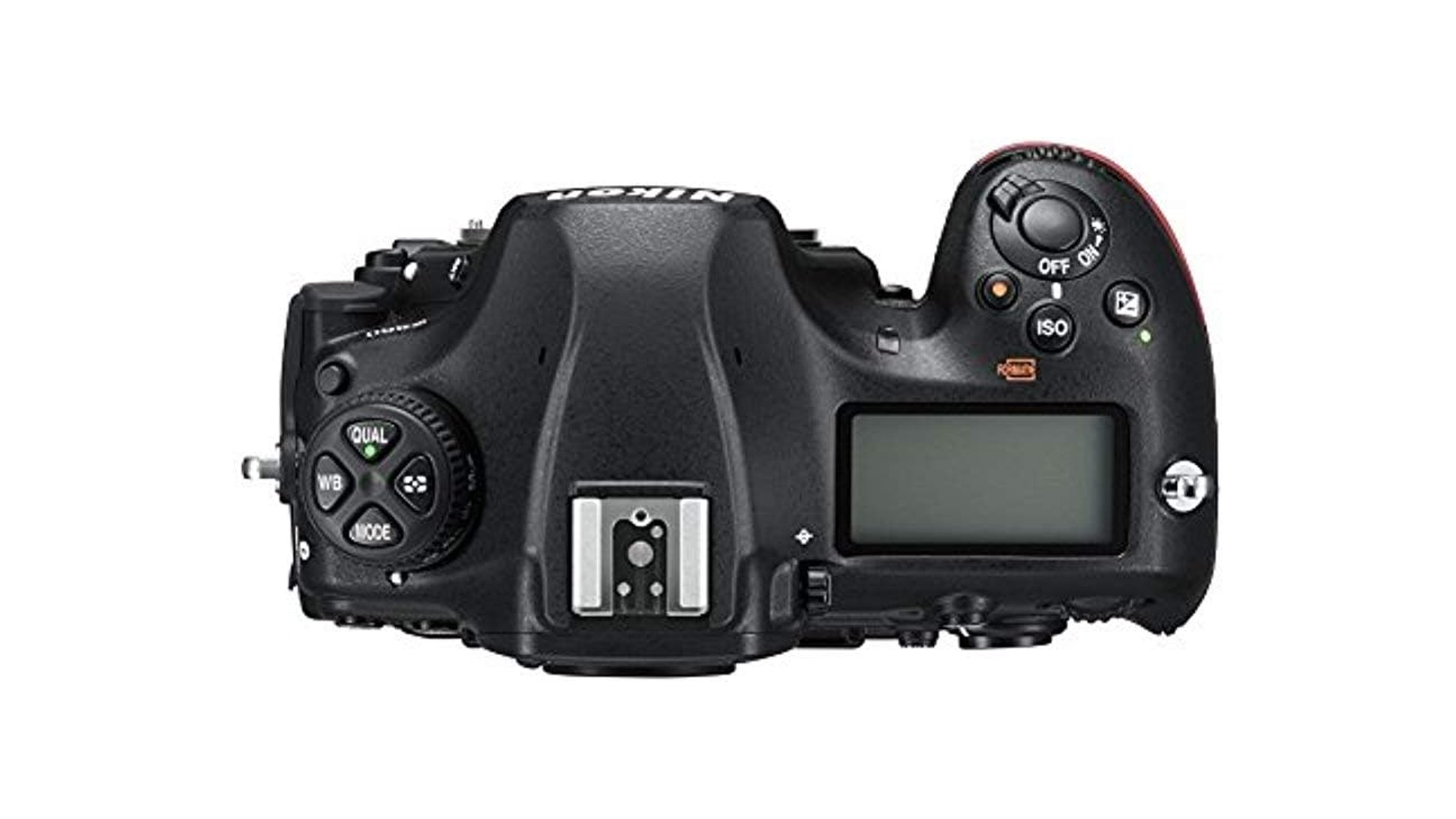
Specifications
Reasons to buy
Reasons to avoid
✅ You're an advanced user: Not only is the price more suited to those with more experience, but DSLRs are typically less beginner-friendly than the newer mirrorless models with AI features built in.
✅ You shoot multiple disciplines: From astro to wildlife, portraits to video, the D850 can do it all.
❌ You want a futureproof investment: While the Nikon D850 is undoubtedly built to last, DSLRs are becoming much less common — we rate the Nikon Z8 as the best mirrorless camera.
❌ You want something small and portable: The large size and weight come with the territory of DSLRs, so if you want something compact and lightweight, we'd advise you to go for something like the Canon EOS R8.
🔎 Nikon D850: If you need both speed and resolution in a DSLR, the Nikon D850 is an absolute monster. Its 45.7MP stills are rich and detailed, giving you phenomenal image quality. It's the best DSLR full stop, in our opinion. ★★★★½
Although mirrorless cameras have been taking over in recent years, there's still a place for DSLR cameras — and many traditionalist photographers still prefer them. While they don't boast any of the newer features or fancy tech like AI-powered autofocus, their fuss-free operation, better battery life and back-to-basics usability puts the control back in the photographer's hands, rather than letting the camera doing all the work.
Design: The chunky DSLR design of the Nikon D850 is a pleasure to handle, boasting weather sealing and it also has a curtain mechanism for the optical viewfinder to stop unwanted light getting into the camera when you're shooting long exposures. It also has two card slots — one XQD / CFexpress and one SD, which is great for professionals or anyone wanting to head on on long night shoots without running out of storage.
A big bonus for astro is the inclusion of illuminated buttons, but only on the left-hand side of the camera — we'd love to have all the buttons light up, but being able to see key controls in the dark is a hugely welcome feature.
Performance: Its 45.7MP image sensor is back side illuminated (constructed so that the circuitry is on the underside, so as not to obstruct the front), which means that it has superior light-gathering capabilities with less noise and better all-round image quality. Many newer mirrorless models also have BSI sensors, but have recently been outshined by stacked sensors. Still, for its age, we think the sensor is good. The sensor works in tandem with a good, if not great, ISO range to produce enviable low-light performance. Like the Sony A7S III above, the D850 also has dual native ISO — but at the less useful ISO 64 and ISO 400 sensitivities.
Functionality: Unlike other cameras on this list, the Nikon D850 doesn't have any dedicated astro features on paper (other than the illuminated buttons). However, it is a fantastic DSLR with specs that lend themselves wonderfully to photographing the night sky — in fact, we think it's the best DSLR ever made, as we mentioned in our Nikon D850 review.
It has 9FPS burst shooting with the extra battery pack, or 7FPS without it — but when you consider that each file is 45.7MP, that's quite impressive. Plus, it has fully electronic silent shooting, meaning you can easily photograph wildlife without disturbing them.
- Read our full Nikon D850 review
Attributes | Notes |
|---|---|
Design | Fantastic build quality with great ergonomics. |
Performance | Accurate stills autofocus and great battery life. |
Functionality | Massive 45.7MP sensor for highly detailed stills. |
Best Micro Four-Thirds camera for astrophotography
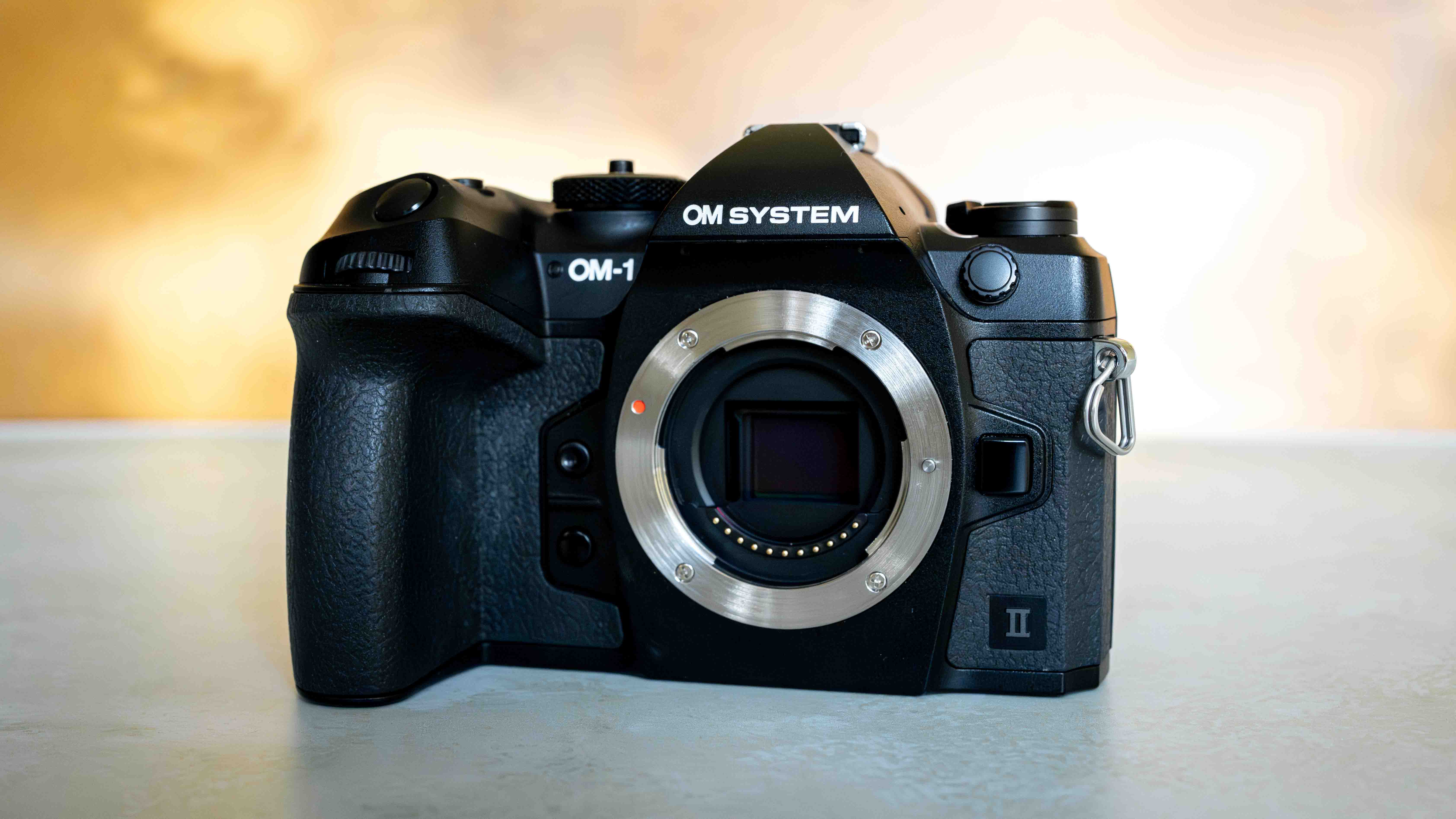
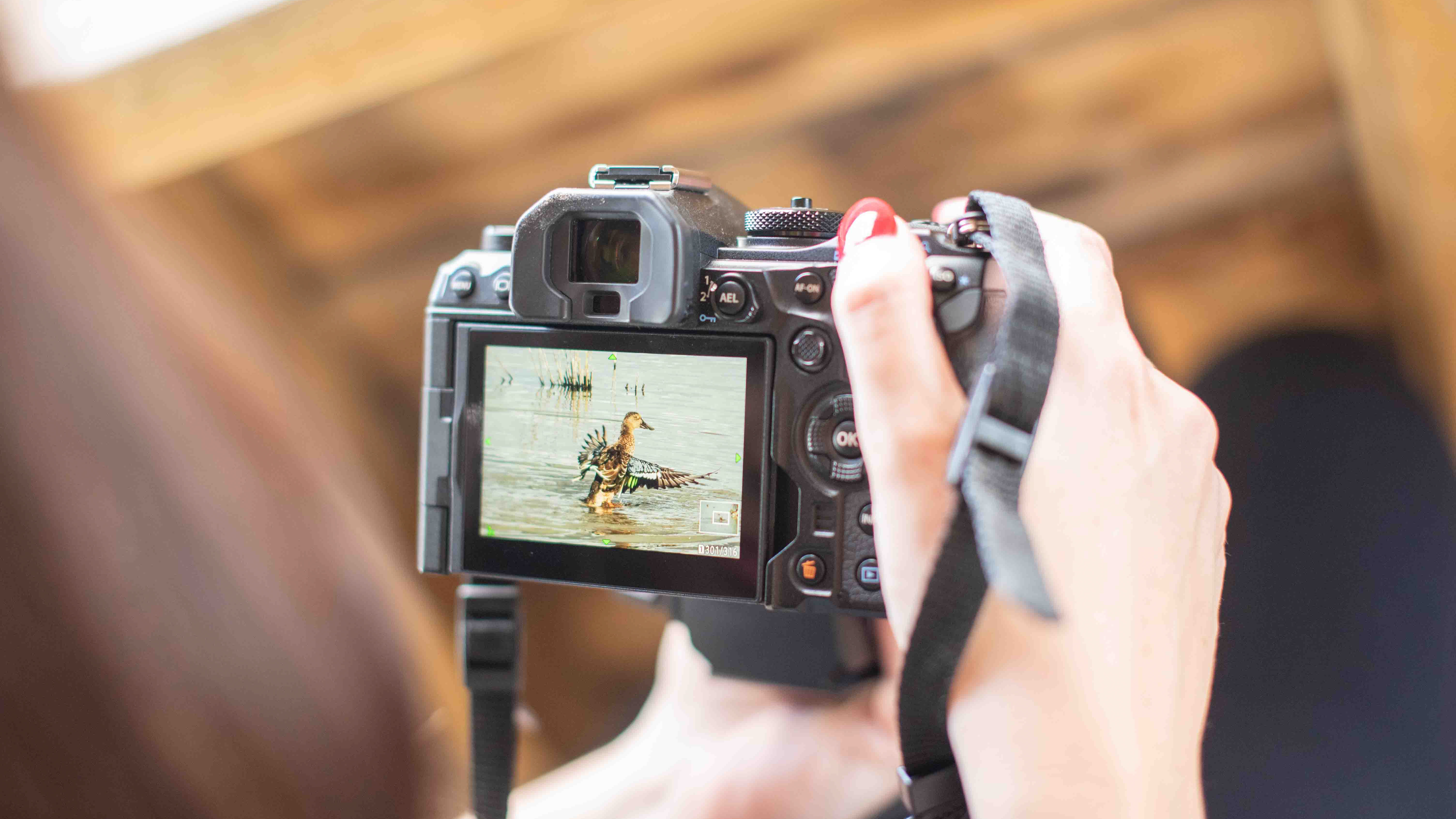
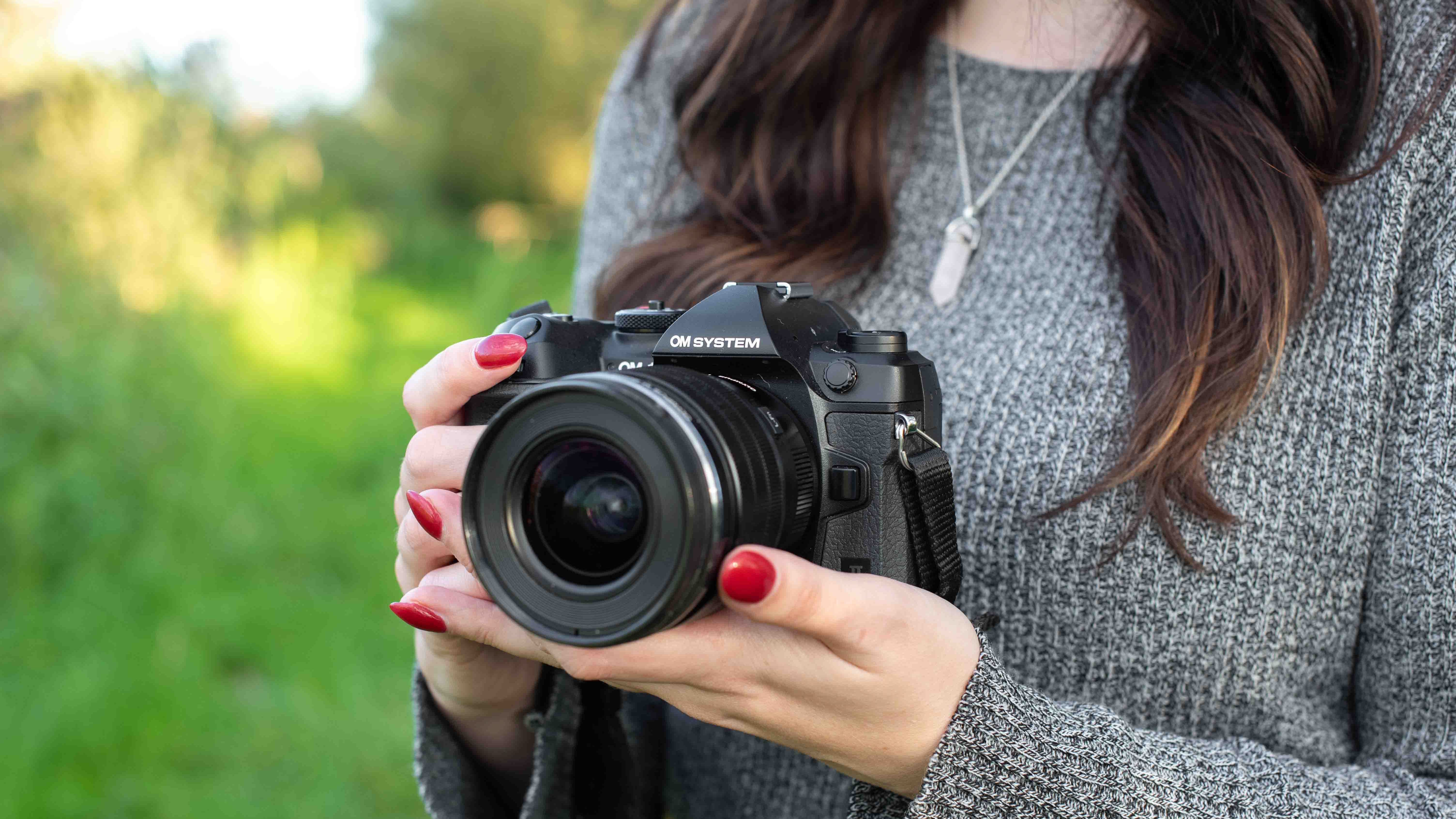
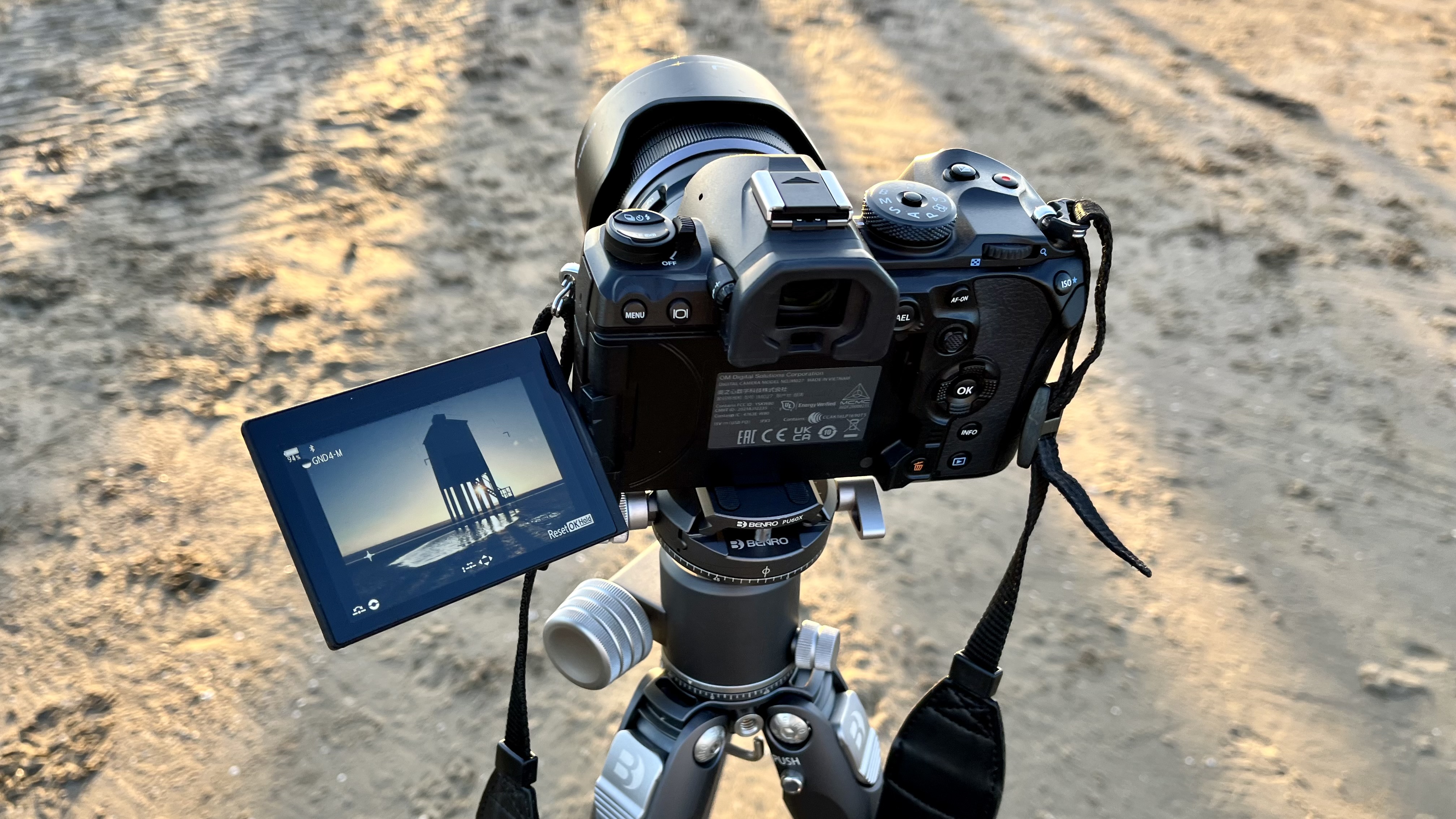
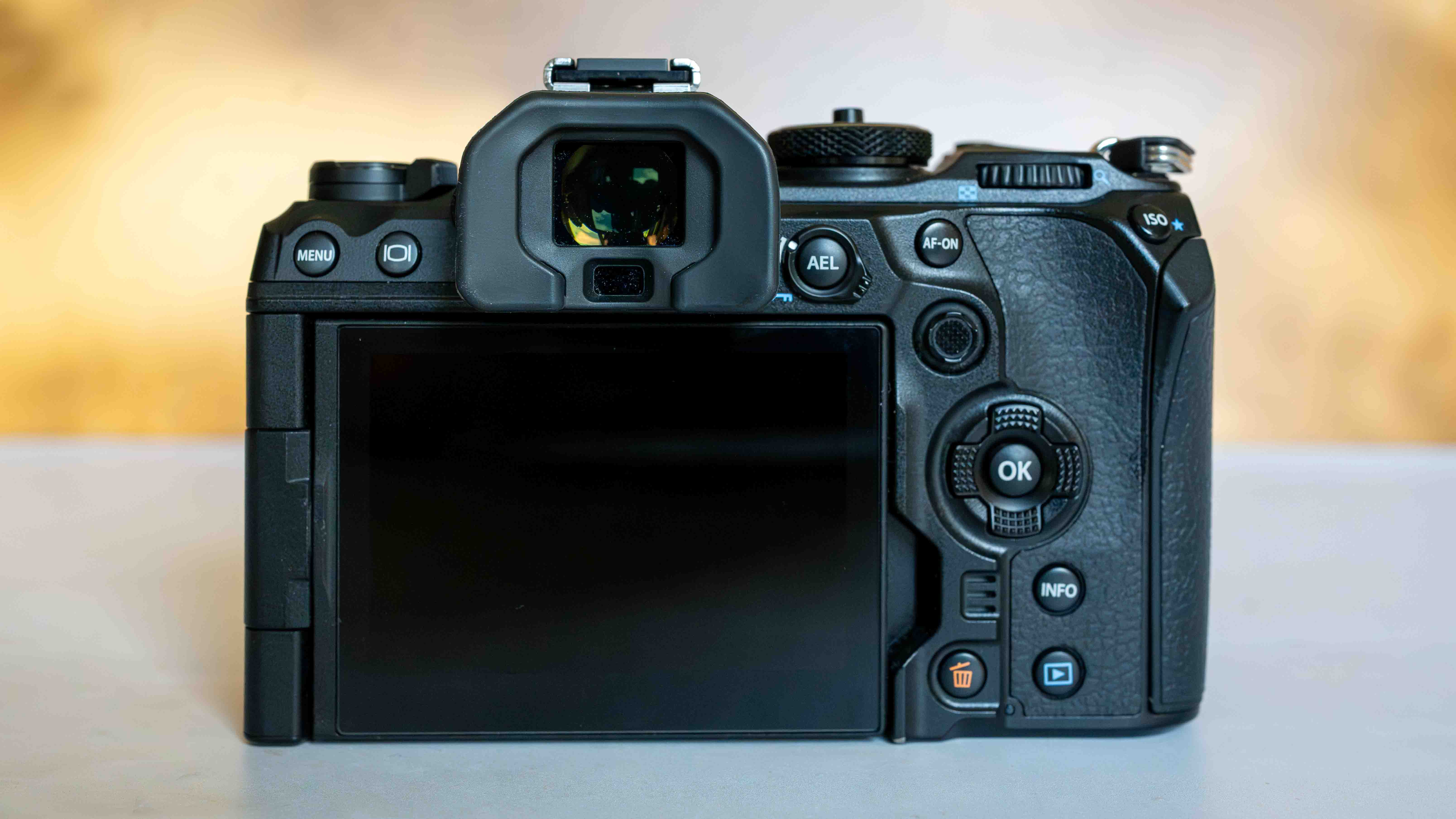
Specifications
Reasons to buy
Reasons to avoid
✅ You struggle with manual focus: The OM-1 Mark II's Starry Sky Autofocus is fantastic and will always produce pin-sharp stars.
✅ You want to shoot a variety of styles: It was able to handle anything we threw at it with ease — especially wildlife photography.
❌ You want better controls: We found some of the buttons fiddly to press in the dark, even without gloves, and there are only two dials on the camera body.
❌ You want full-frame: If you're a seasoned astrophotographer, you'll want something with a bit more power. Try the Nikon Z8 or Sony A7 IV.
🔎 OM System OM-1 Mark II: A surprising contender, the OM-1 Mark II should not be underestimated. It has some pretty neat features that make astrophotography a breeze, and it performed impressively in other areas, too. ★★★★½
OM System (formerly Olympus) has long been known for producing compact cameras suited to travel and general amateur photography. However, over recent years, they've been making some incredible and very capable cameras that we think could rival some of the best full-frame models on the market.
We spent a good few months reviewing the OM System OM-1 Mark II and were very pleasantly surprised by its astrophotography performance. With a few tricks up its sleeve, it makes certain aspects of shooting astrophotography easier than ever.
We were itching to try out the Starry Sky AF, thinking it had to be seen to be believed. Well, we saw it, and we believe it. This feature will be invaluable if you struggle with nailing manual focus on the stars, ensuring you get pin-sharp stars every time — even in urban, light-polluted areas. We shot from a back garden in a Bortle 5 area right next to a streetlight and still got great images. Mind you, it does take a bit of research to figure out how it works and how to activate it, as it's not immediately obvious in the camera.
For its next trick, Live Composite allows for effortless star trails without the guesswork and without having hundreds of frames to stack together (which, depending on your experience, could be a hindrance). When Live Composite is activated, you can see exactly what your image looks like in real-time on the LCD screen, allowing you to track the progress of the star trails and stop the shutter when you've achieved your desired outcome. Then, the camera composites it into one final RAW image to edit.
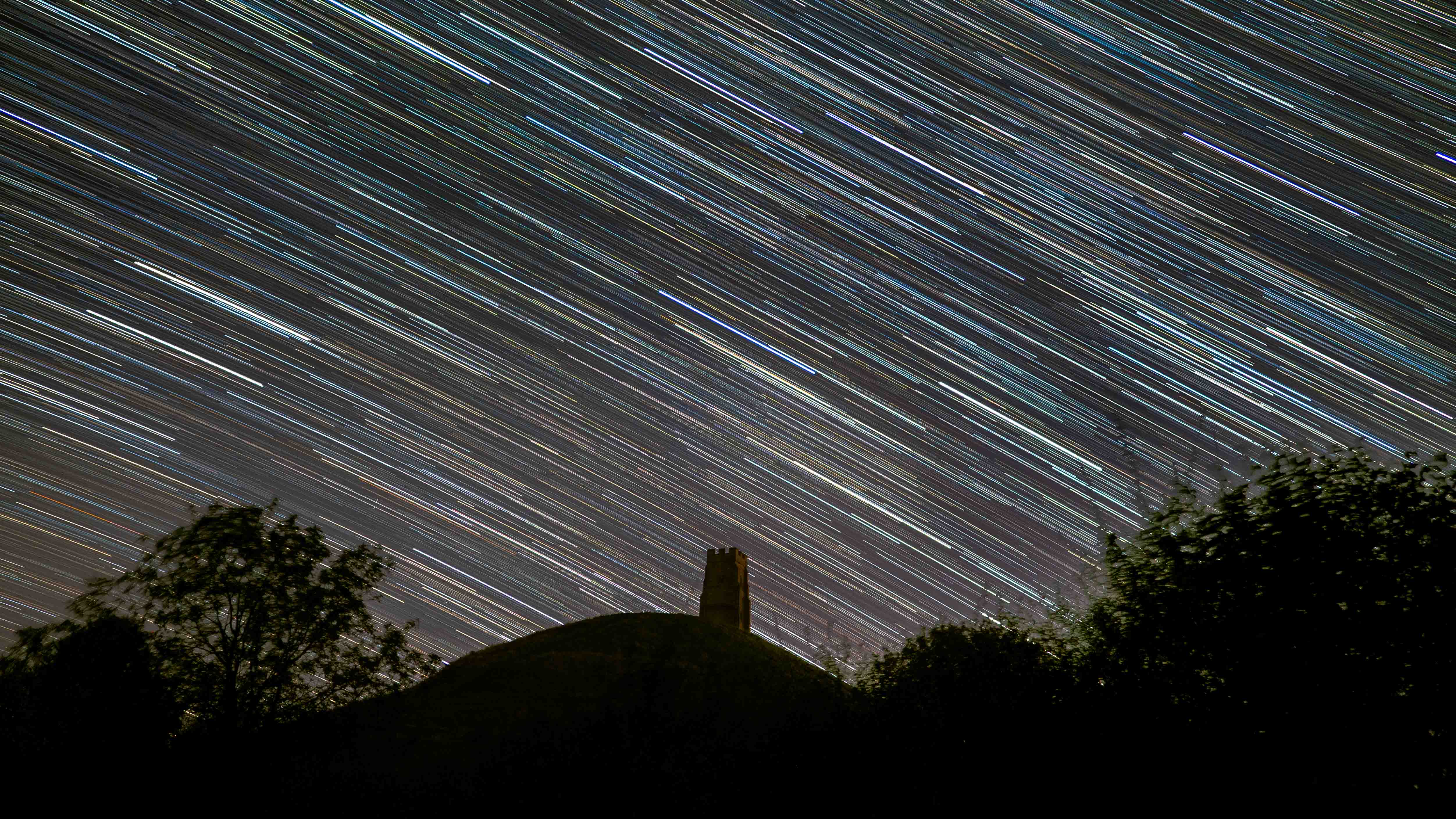
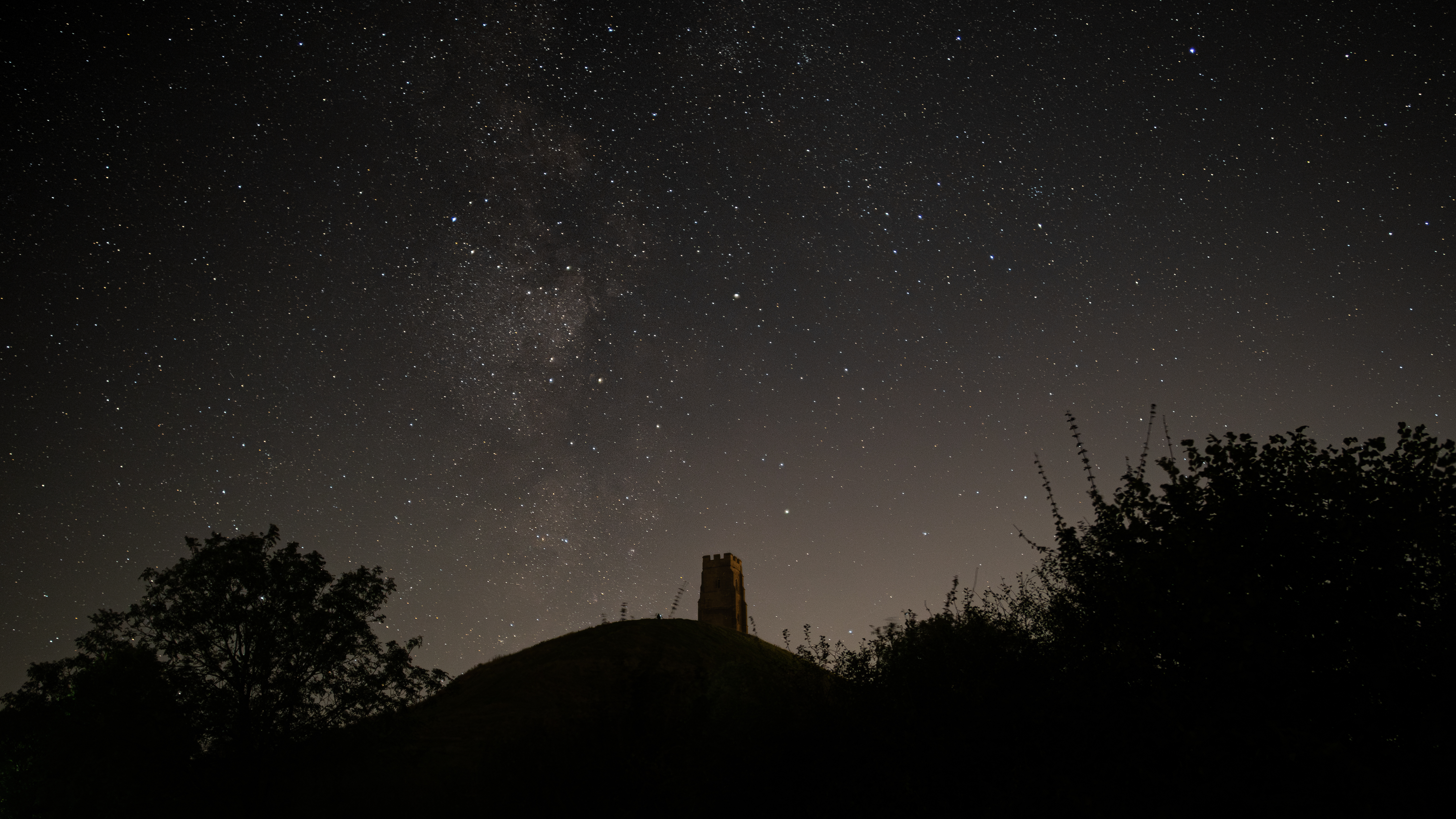
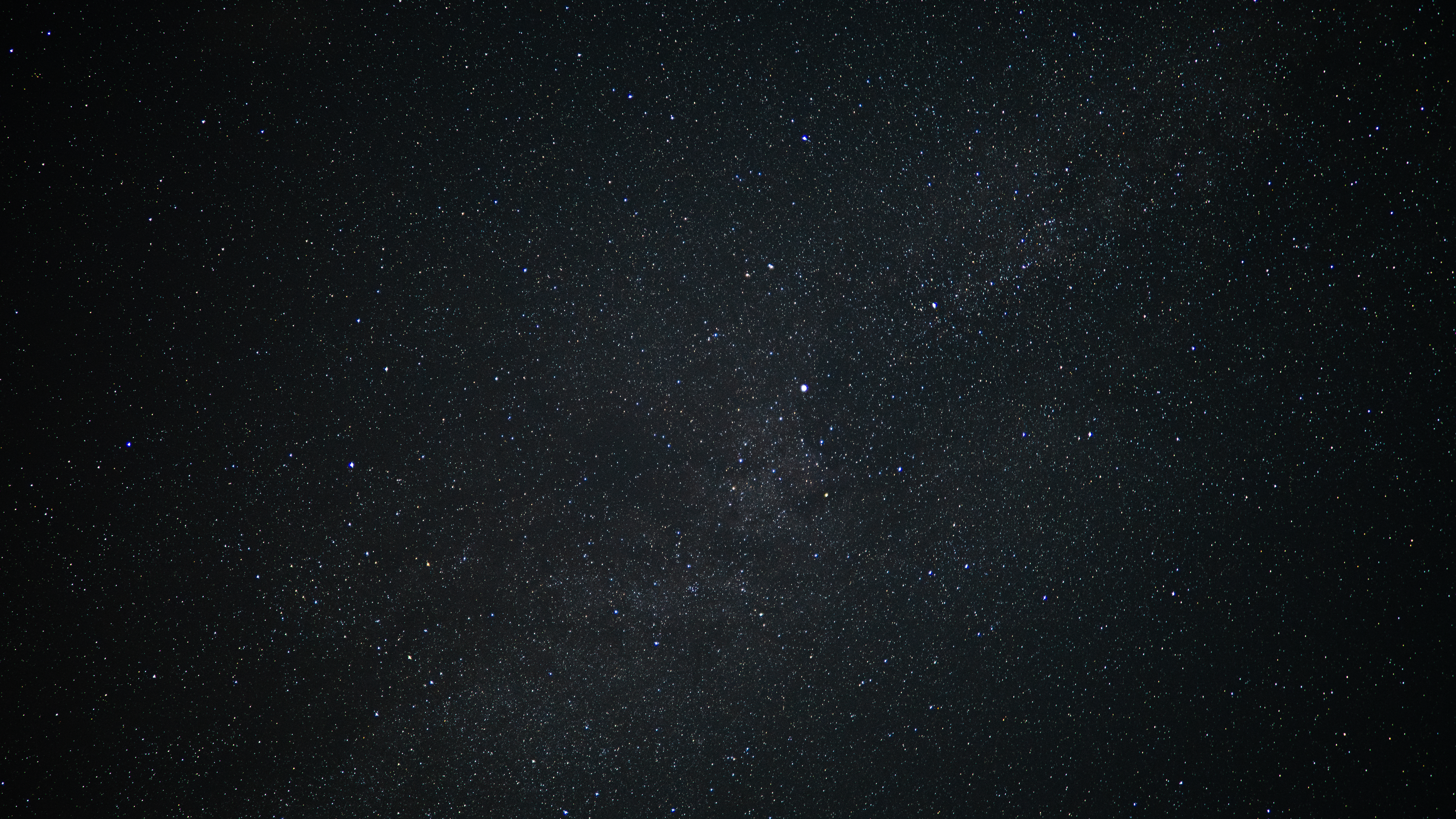
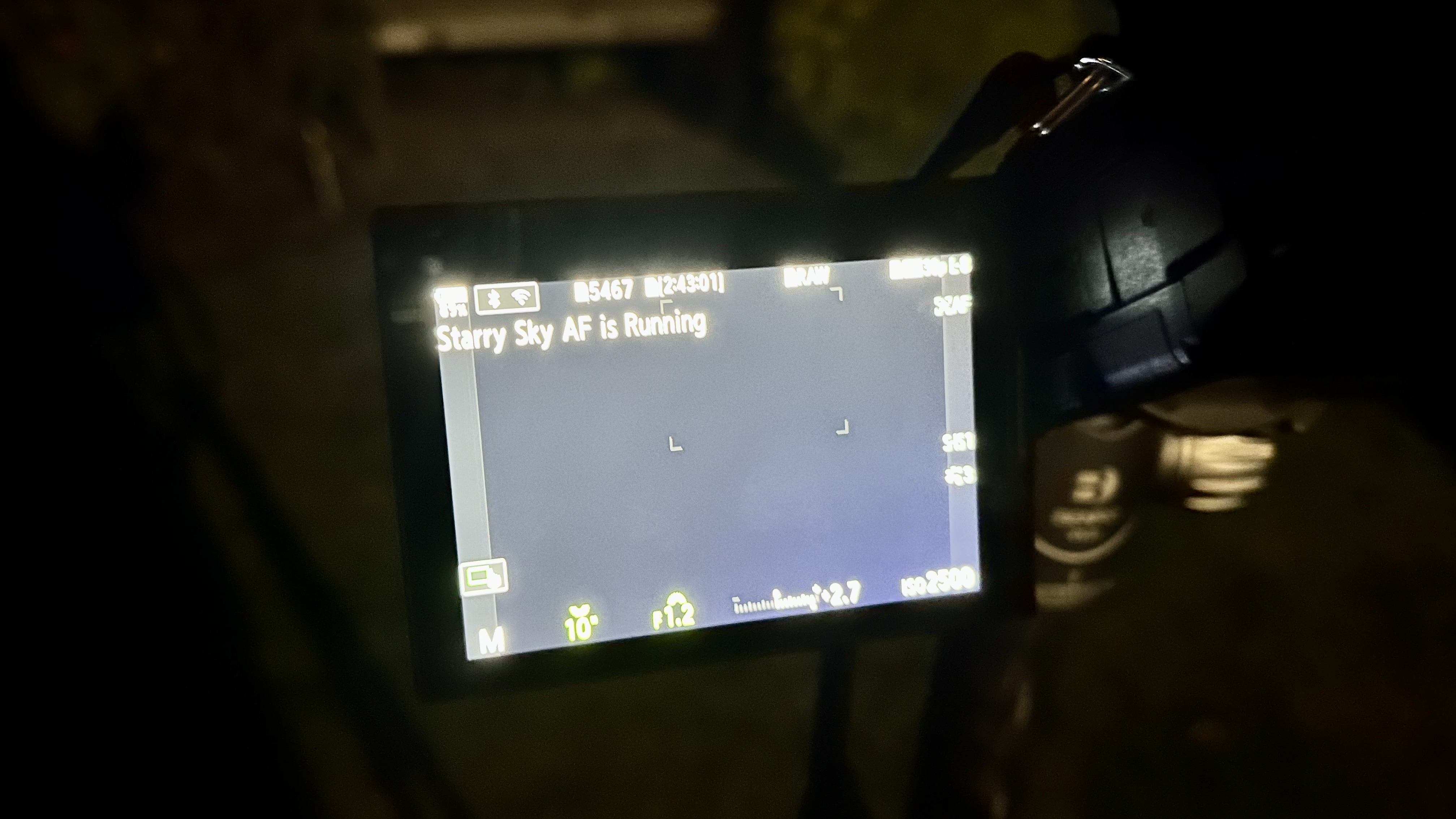
That's great in theory, but we'd like the option to choose which frames make the cut, at least. When we took the OM-1 Mark II to Glastonbury Tor, we got around 10 minutes into shooting star trails when some people started walking up the hill to the Tor with a torch, which ruined our shot and we had to start again. Whereas, if we had the ability to eliminate those ruined frames from the final image, it wouldn't have wasted so much of our time.
One little niggle we had was with the buttons. Some of them are quite flush with the camera body making them hard to see and press in the dark, especially when wearing gloves. But overall, it's a fantastic option if you can't stretch your budget to buy a full-frame model and value features and usability over specs and resolution.
- Read our full OM System OM-1 Mark II review
Attributes | Notes |
|---|---|
Design | Small and compact form factor. |
Performance | Starry Sky Autofocus and Live Composite fantastic for newbies. |
Functionality | Great for many photographic styles. |
Best color astrocam for astrophotography
ZWO ASI183MC Pro
Our expert review:
Specifications
Reasons to buy
Reasons to avoid
✅ You focus on astrophotography: For enthusiastic astro-shooters, it's a fantastic buy as it can photograph all kinds of night-sky subjects.
❌ You want to shoot other discplines: This is a dedicated astro-camera, so it can't shoot other styles of photography.
🔎 ZWO ASI183MC Pro: If you're looking to take your first step into dedicated astronomical imaging cameras at an affordable price, you can’t go wrong with the ZWO ASI183MC Pro. ★★★★½
Dedicated astrocams are typically used by dedicated astronomers who want to image the cosmos with their telescope, rather than with a traditional mirrorless or DSLR camera. They're impressive bits of kit, and the Pro models from ZWO have an in-built cooling system. For astrophotographers who want to image galaxies, nebulas and deep-space objects, mounting a camera onto a telescope is the way to do it. It is possible to attach a DSLR or mirrorless camera to your scope, but dedicated astrocams are more sensitive to near Infrared wavelengths.
Design: Its high-sensitivity 1-inch 20.2MP CMOS sensor is made by Sony and is backside illuminated for clean and efficient imaging (aided by the cooling system to further reduce noise in long exposure imaging).
Performance: If you're looking to get into astrophotography of subjects like nebulas, galaxies and planets, the ZWO ASI183MC (with color sensor) is an affordable entry point to the world of expensive, cooled cameras. For long exposure work, you’ll need to get a suitable 12V power supply in order to run the camera cooling system — you can purchase one from ZWO, but it's worth noting that you'll need to source your own. But we found that even using shorter exposures, an incredible amount of detail is captured.
Functionality: With a claimed 12 stops of dynamic range, impressive spectral response (the amount of light that enters the telescope and is used by the sensor) and software finely tuned to reduce amplifier glow, the ASI183MC offers impressive performance for a variety of night sky subjects.
Attributes | Notes |
|---|---|
Design | Small and lightweight. |
Performance | Captures beautiful images of planet and deep-sky objects. |
Functionality | Requires dedicated software. |
Best astrophotography cameras: comparison
| Row 0 - Cell 0 | Camera type | Sensor size | Resolution | ISO range | Screen | Viewfinder | Max video resolution |
Nikon Z8 | Mirrorless | Full frame | 45.7 Megapixels | 64 - 25,600 (expanded 32 - 102,400) | 3.2-inch tilt screen, 2,088,960 dots | Electronic, 3.69m dots | 8K 60p / 4K 120p |
Sony A7 IV | Mirrorless | Full frame | 33 Megapixels | 100 — 51,200 (expanded 50 - 204,800) | 3-inch fully articulating, 1,036,800 dots | Electronic, 3,686,400 dots | 4K 30p uncropped / 4K 60p cropped |
Canon EOS R6 II | Mirrorless | Full frame | 24.2 Megapixels | 100 - 102,400 (expanded 50 - 204,800) | 3-inch tilt screen / 1.62M dots | Electronic / 3.69M dots | 4K 60p |
Canon EOS R8 | Mirrorless | Full frame | 24.2 Megapixels | 100 -102,400 (expanded 50 - 204,800) | 3-inch fully-articulating, 1.62m dots | Electronic, 9.44m dots | 4K UHD 60p |
Nikon Zf | Mirrorless | Full frame | 24.5 Megapixels | 100-64,000 (expanded 204,800) | 3.2-inch fully articulating, 2.1m dots | Electronic, 3.69m dots | 4K 30p / FullHD 120p |
Sony A7S III | Mirrorless | Full frame | 12.1 Megapixels | 80-102,400 (expanded 40-409,600) | 3-inch vari-angle touchscreen, 1.44m dots | Electronic, 9.44m dots | 4K 120p |
Nikon D850 | DSLR | Full frame | 45.7 Megapixels | 64-25,600 (expanded 32-102,400) | 3.2-inch tilting touchscreen, 2.36m dots | Optical pentaprism | 4K 30p |
OM System OM-1 Mark II | Mirrorless | Micro Four-Thirds | 20.4 Megapixels | 80 - 102,400 (upper default ISO 256,00) | 3-inch vari-angle LCD touchscreen, 1.62M dots | Electronic, 5,76M dots | 4K 60FPS |
ZWO ASI183MC Pro | CCD | 1-inch BSI CMOS | 20.2 Megapixels | N/A | N/A | N/A | 5496 x 3672 up to 19fps |
Contributing experts
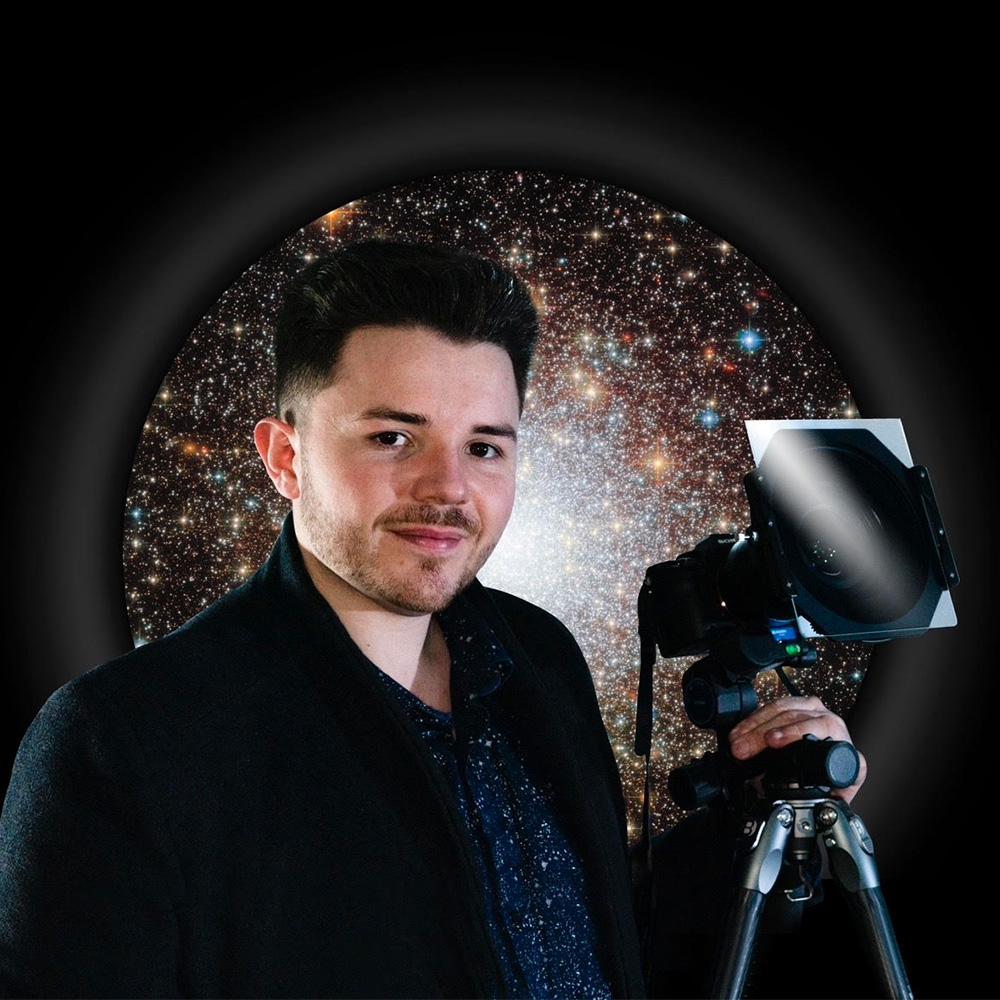
Josh Dury Photo-Media AKA 'Starman' is an Award-Winning Landscape Astrophotographer, presenter, speaker and writer from the United Kingdom. His images have been recognized by NASA, APOLLO 11, ESA, TWAN, BBC & CBS amongst others, and he has partnered with Sigma, Benro and NiSi.
His book, "52 Assignments: Night Photography" is out now.
Josh has contributed to our FAQ section.
Our product testers:
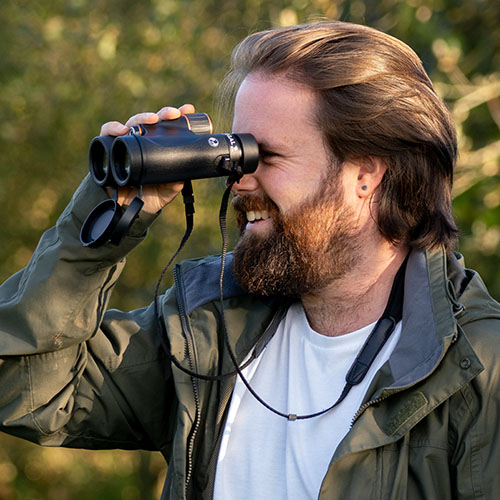
Jase has spent the last two decades studying and working in photography and publishing in multiple areas, and specializes in low-light optics and camera systems.
Jase has reviewed the Canon EOS R8 and Nikon Zf in this guide.
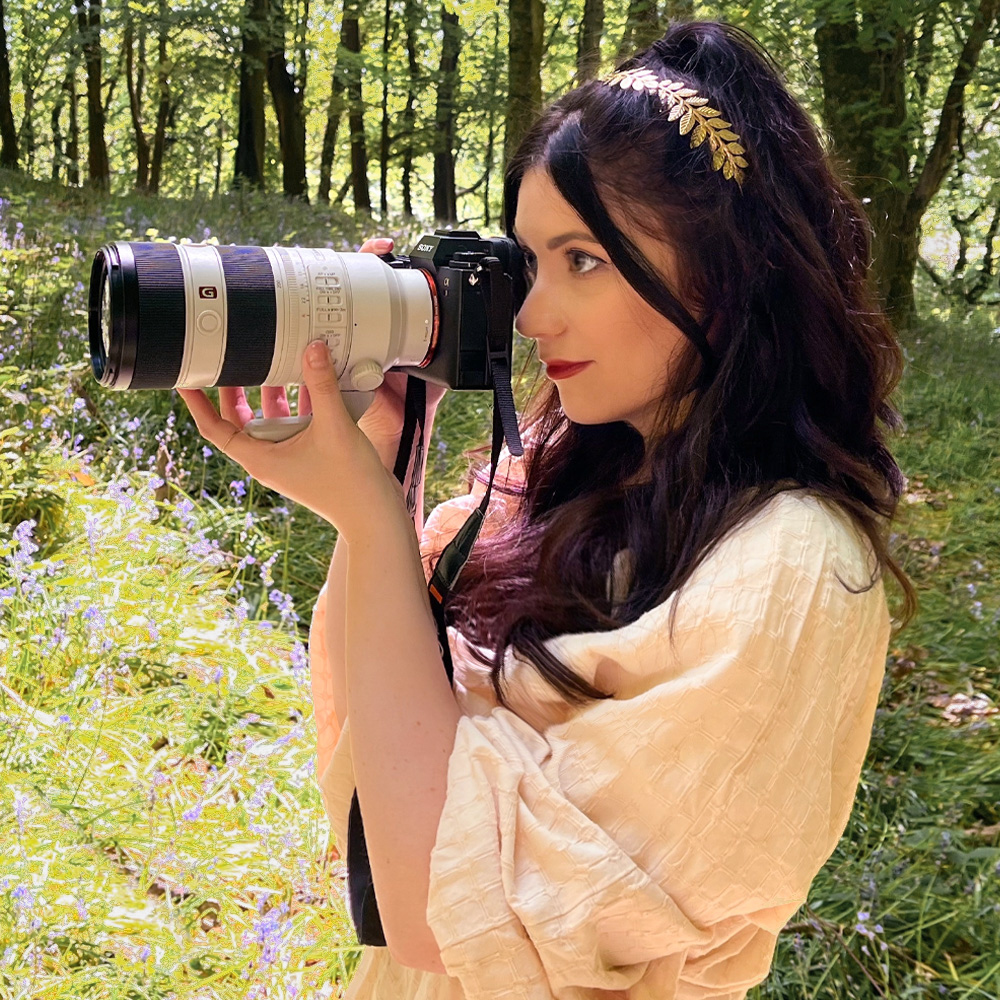
Kimberley has loved taking photos ever since she got her first cameraphone in 2011, and her experience as a photographer ensures each camera and lens gets a thorough real-world test for a variety of applications.
Kimberley has reviewed the Sony A7 IV and OM System OM-1 Mark II in this guide.
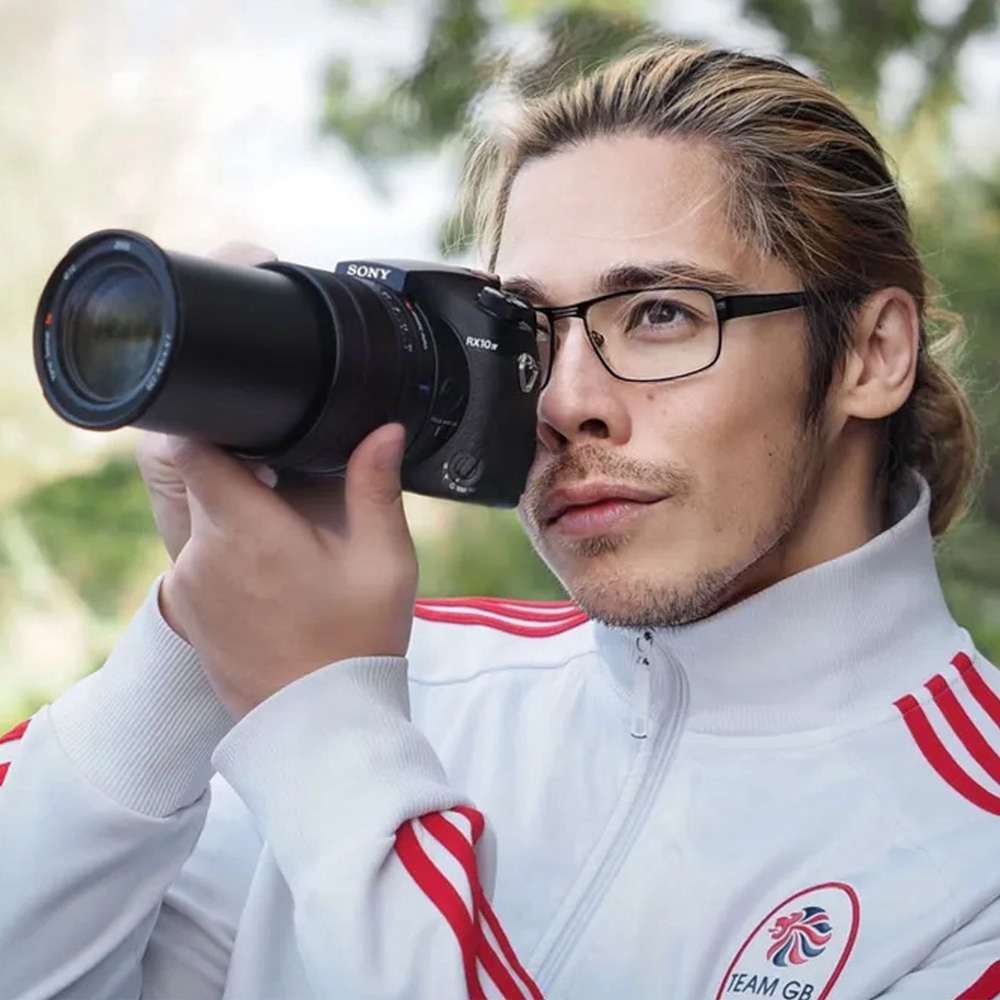
James has worked professionally in the photographic industry since 2014. He has a wealth of knowledge of cameras of all makes — and a particular fondness for vintage lenses and film cameras.
James has reviewed the Nikon Z8, Sony A7S III and Nikon D850 in this guide.
Best astrophotography cameras FAQ
When is Black Friday?
Black Friday officially kicks off at 00:00 on Friday, November 28, and runs the entire weekend until Cyber Monday ends at 23:59 on Monday, December 1. That said, we tend to see great deals in the weeks leading up to the event, so keep an eye on our Black Friday hub for the best early deals.
What is the best camera for astrophotography?
Thanks to its stacked sensor, astro-specific features and incredible low-light performance, we think the Nikon Z8 is the best mirrorless camera for astrophotography, and the Nikon D850 is the best DSLR camera for astrophotography.
Are mirrorless or DSLR cameras better for astrophotography?
There's no right or wrong answer, but they each have their own merits and limitations. Overall, mirrorless cameras are primarily the direction that most camera manufacturers are focusing on as we head toward the future, but that doesn't mean DSLRs don't still have their place. We asked award-winning astrophotography Josh Dury who said"A lot depends on your subject matter. Typically mirrorless cameras are better used for low-light capabilities when taking photographs of the stars at night. DSLR's I find personally are much better suited to lunar and solar photography."
DSLRs (digital single lens reflex) are chunkier cameras with a traditional mirror mechanism inside that flips out of the way to record an image. These tend to be cheaper and sturdier but are built on older technology. Mirrorless cameras are smaller and lighter cameras that ditch the mirror, giving you a live 'what you see is what you get' view of exactly what your photograph will look like, both on the rear screen and through the viewfinder. Although, due to the lack of power-hungry tech, DSLRs typically have a better battery life. There's also more lens availability with mirrorless cameras, and the autofocus and low-light sensitivity are constantly improving, whereas many camera brands no longer produce DSLRs at all.
What is an astrophotography camera?
Astrophotography cameras are imaging devices that enable you to capture clean long-exposure images of the night sky. This is achieved, primarily, by opening the camera's shutter long enough (usually around 30 seconds) to allow the dim starlight to be clearly visible through the black of night.
In order to accomplish this, you'll obviously need a camera with pristine image quality — though getting great photographs in low light conditions is one of the most challenging tasks that any camera can perform.
Thus, the best astrophotography cameras need to possess a number of critical characteristics: exceptional ISO performance (the sensitivity of the camera's image sensor), the ability to record low noise and high dynamic range, and a capable image processor to translate all this technology into the best possible image.
Some cameras even feature a specially modified IR filter on the sensor, which is designed to allow the infrared rays of deep space to be recorded by the camera (rather than being blocked, as they are by stock sensors in 99% of cameras).
Should I shoot in RAW for astrophotography?
In short, yes. RAW files give much more room for non-destructive editing, plus they capture more detail to play with than when you shoot in JPEG. They take up more space on your SD card than JPEGs do, but as all astrophotography images need some sort of editing, it's vital that you shoot your astro images in RAW to allow for that.
What ISO is best for astrophotography?
This largely depends on the capabilities of your camera and how much light there is in the area you're shooting in. There's no one-size-fits-all answer, so you'll need to test your camera at different ISO levels to get a sense of where it's happiest. For a rough guide, start at ISO 1250 and go from there. If you're in a dark sky location, you can ramp the ISO up higher to capture more detail. If you're in a city or somewhere with more light pollution, go easy on the ISO to avoid excessive noise.
Award-winning astrophotographer Josh Dury told Live Science "There really is no one answer as all astronomical objects use different camera settings. Brighter objects will obviously use a lower ISO Value. When shooting the stars, it can be nice to tease the detail out in those larger ISOs. The only problem is that this amplifies the 'noise' in your image directly from the sensor and so those increased values will appear to have the aesthetic of 'sandpaper' placed on top of your image. So caution is advised."
What's the best astrophotography camera for beginners?
We named the Nikon Zf the best astrophotography camera for beginners as an entry-level full-frame camera. Absolute beginners who just want to learn the basics and technique may want to op for a more affordable crop-sensor model, but once you've got to grips with the basics, you're going to want a camera that has excellent low-light performance to shift your focus to astrophotography.
What's the best cheap camera for astrophotography?
'Cheap' has a different meaning for everyone, but generally speaking, the best cameras for astrophotography are unlikely to be below $1,000. You can buy entry-level beginner cameras which will do an okay job, but if you want good low-light performance, you usually need to pay more for it.
The most affordable option in this guide is the Canon EOS R8 at around $1,299.
What lens is best for astrophotography?
The best lenses for photography are wide angle prime lenses — that being a lens with a fixed focal length without the ability to zoom. For focal length, anything below 24mm will work well for astro (but the wider the better), and for aperture, f/1.2, f/1.4 or f/1.8 are ideal. You'll only ever find these apertures in prime lenses — you can use wide-angle zoom lenses for astrophotography, provided it has a f/2.8 aperture.
What is the 500 shutter rule in astrophotography?
To work out what shutter speed you need to avoid unwanted star trails, you need to use a method called the '500 rule'. "The 500-rule is used to determine the exposure that should be used to limit star-trailing in your astro images. Take 500 divided by the focal length of your lens. For example, you have a 20mm lens. 500 divided by 20 = 25, so 25 seconds is your limit before star trailing appears in your images." Dury said.
The 500 rule is based on a full-frame sensor. If you're using a crop sensor, drop it to 300, and 250 on a Micro Four Thirds camera.
What other equipment will I need for astrophotography?
Even with one of the best astrophotography cameras, though, you're still not quite set to start taking great pictures of the Milky Way; the camera body is just one part of the equation…
The right lens Firstly, you'll need an appropriate optic — the slow kit lens that came bundled with the camera won't really be up to the job. Invest in a fast, wide-angle lens — fast meaning an aperture with a large f-number (f/1.8 is ideal, no higher than f/2.8), and wide-angle meaning something ideally between 10mm and 24mm. Prime lenses (with a fixed focal length) tend to be both faster and sharper, though zoom lenses (with a variable focal length) offer greater versatility at the expense of speed.
A sturdy tripod Since you'll be shooting long exposures of 30 seconds or so, you're going to need something to keep your camera rock-steady. Travel tripods and vlogging-friendly Gorillapods will do in a pinch, but you should really invest in a full-size, sturdy tripod. You want to ensure that your camera is being held as rigid as possible since even a slight gust of wind will be visible when shooting a long exposure.
Remote shutter Even with a tripod, just the act of depressing the camera's shutter can cause vibrations. To combat this, invest in a remote shutter or shutter release cable — this enables you to control the shutter without physically touching the camera, and some even come with intervalometers that make it easier to shoot multiple exposures (handy for star trails). Alternatively, you can use the camera's self-timer to avoid camera shake when hitting the shutter.
Star tracker A motorized star tracker does exactly what it says on the tin: it tracks the movement of the stars, enabling your camera to move in sync to avoid unwanted trails when capturing long exposures. These are advanced tools of the trade, so once you've cut your teeth in astrophotography they'll offer you the next step to up your game.
Latest updates
November 24, 2025: Added Canon EOS R6 II as 'best mid-range'.
Also tested
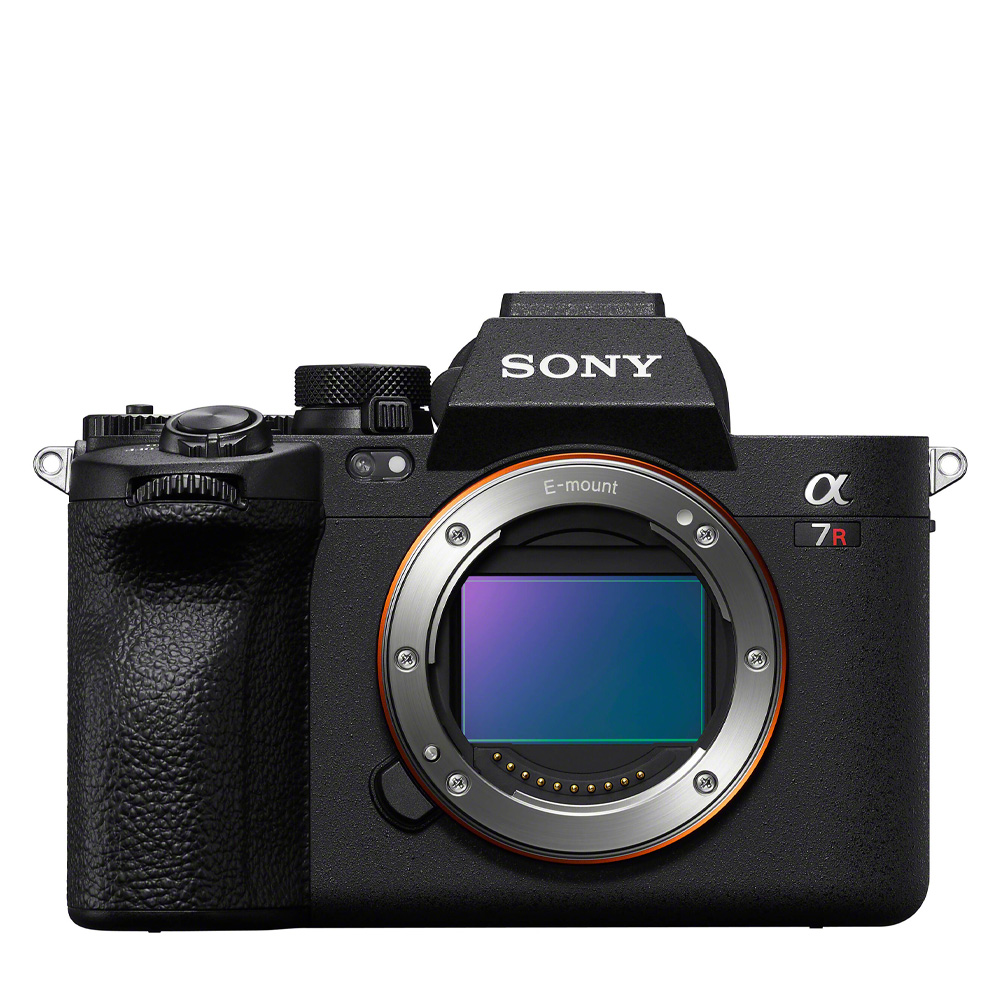
We got some surprisingly impressive shots with the Sony A7R V, considering its whopping 61MP resolution. We'd recommend this for pros who want an all-rounder.
Read our full Sony A7R V review
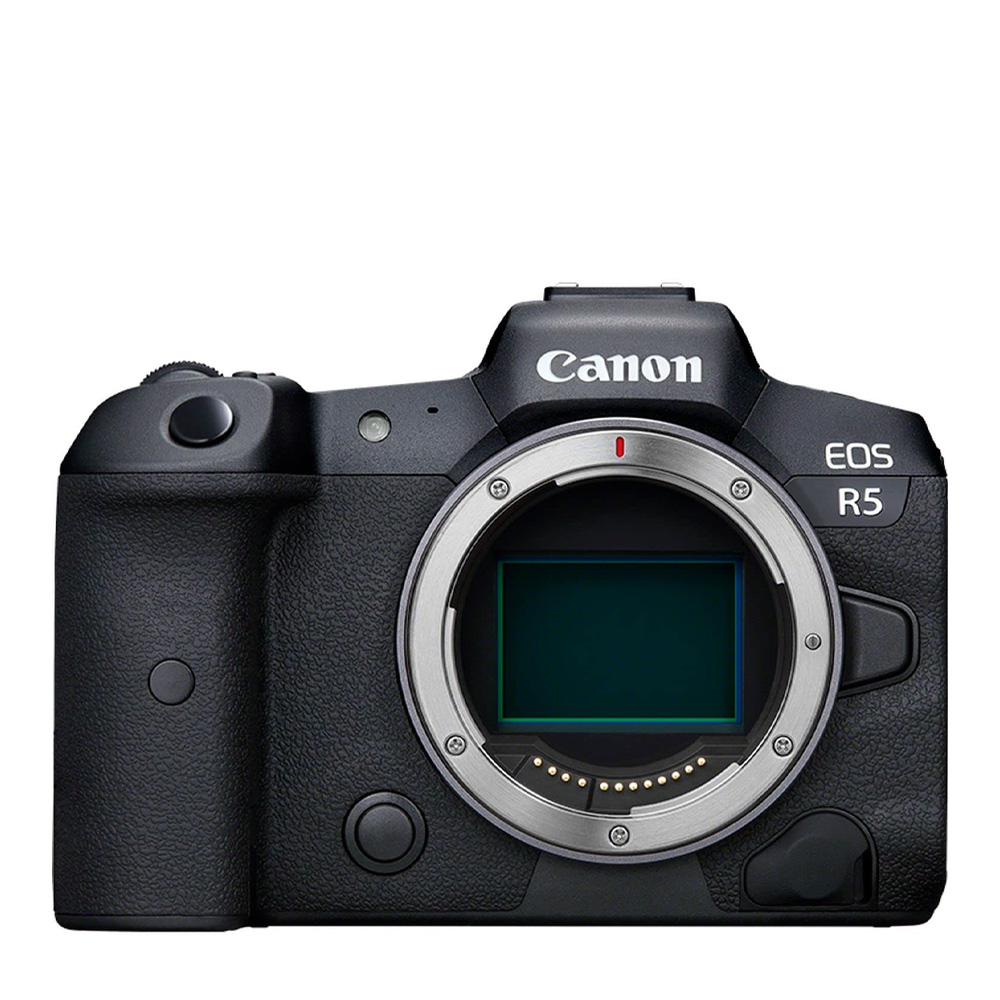
The Canon EOS R5 can handle pretty much anything you throw at it, and we found it very impressive for astro.
Read our full Canon EOS R5 review
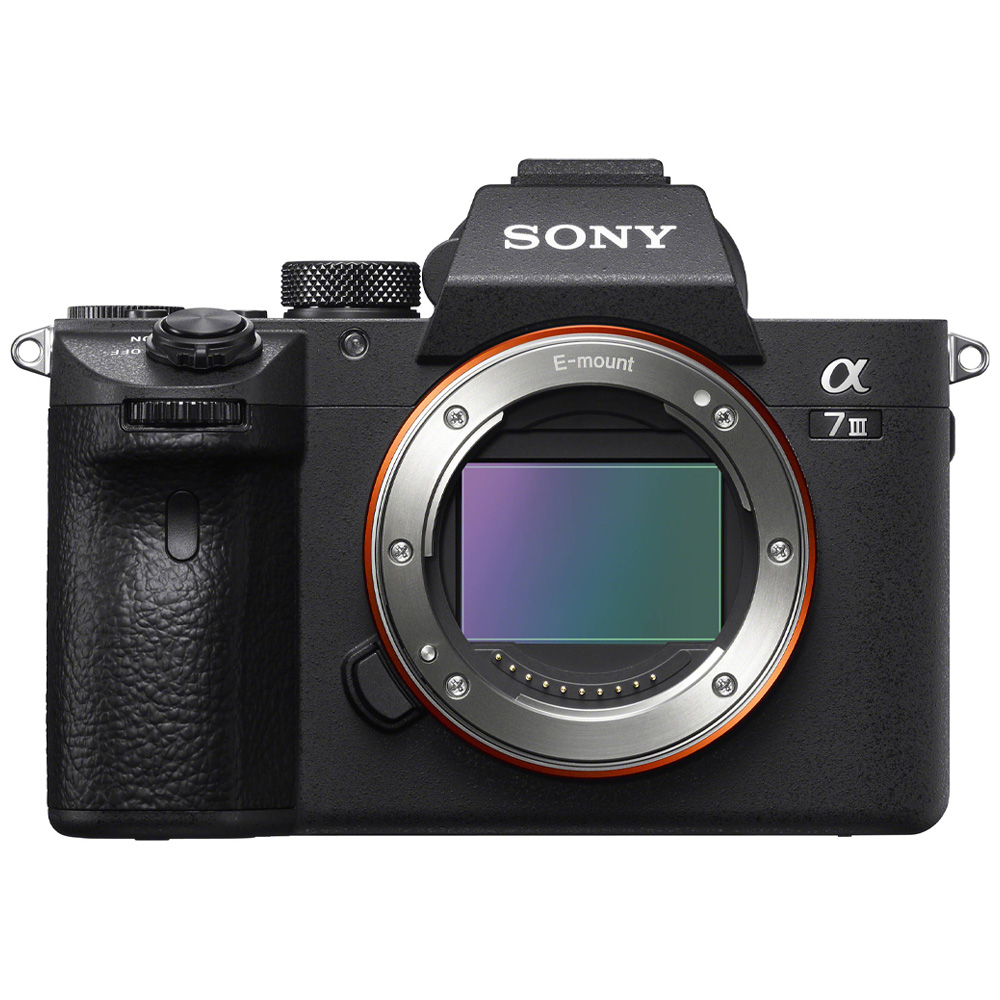
Before the Sony A7 IV came along, the A7 III was the one to beat, as there was nothing like it at the time of its release. Now that it's come down in price, it's a great pick for beginners jumping straight to full frame.
Read our full Sony A7 III review
How we test the best cameras for astrophotography

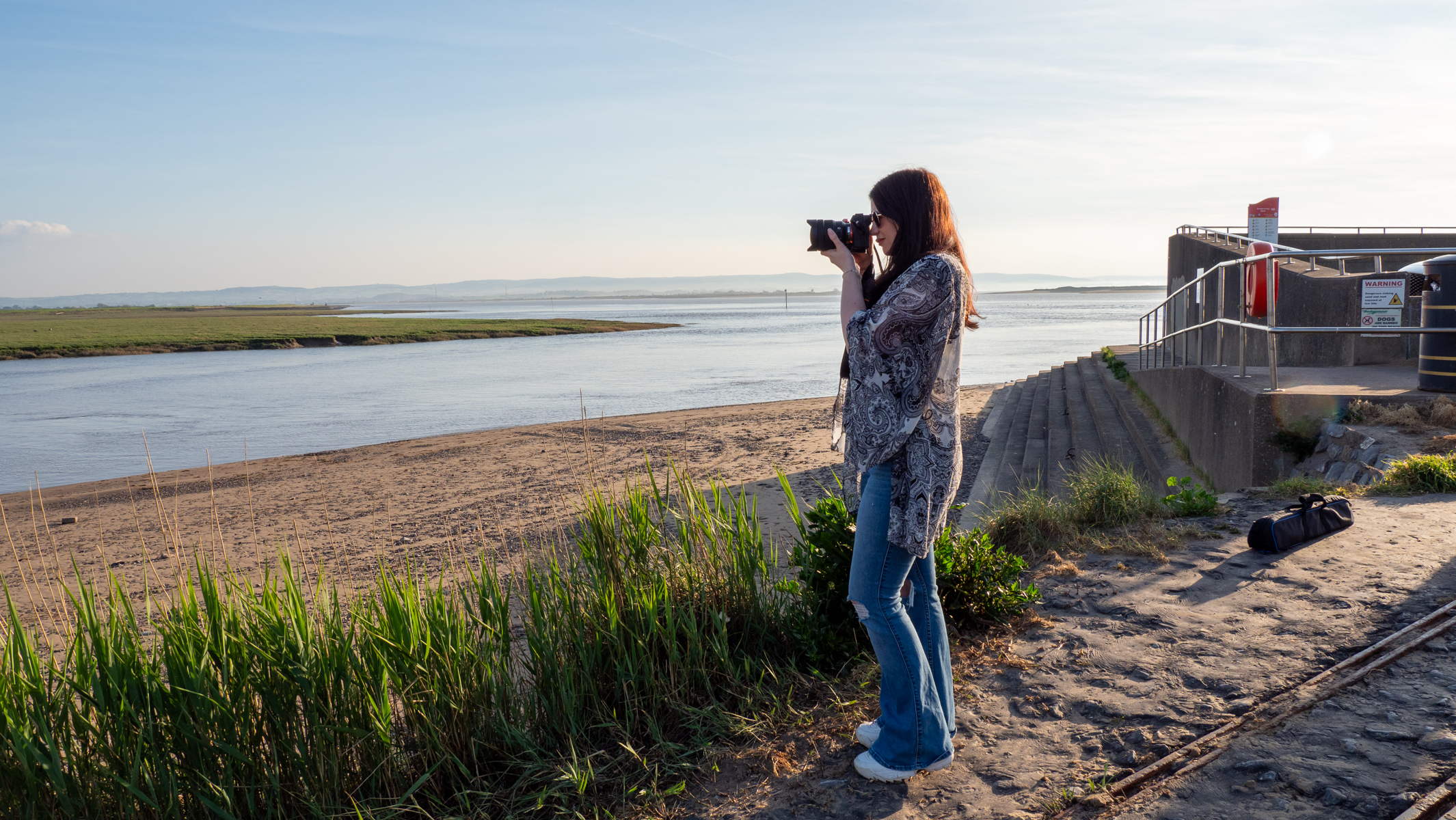


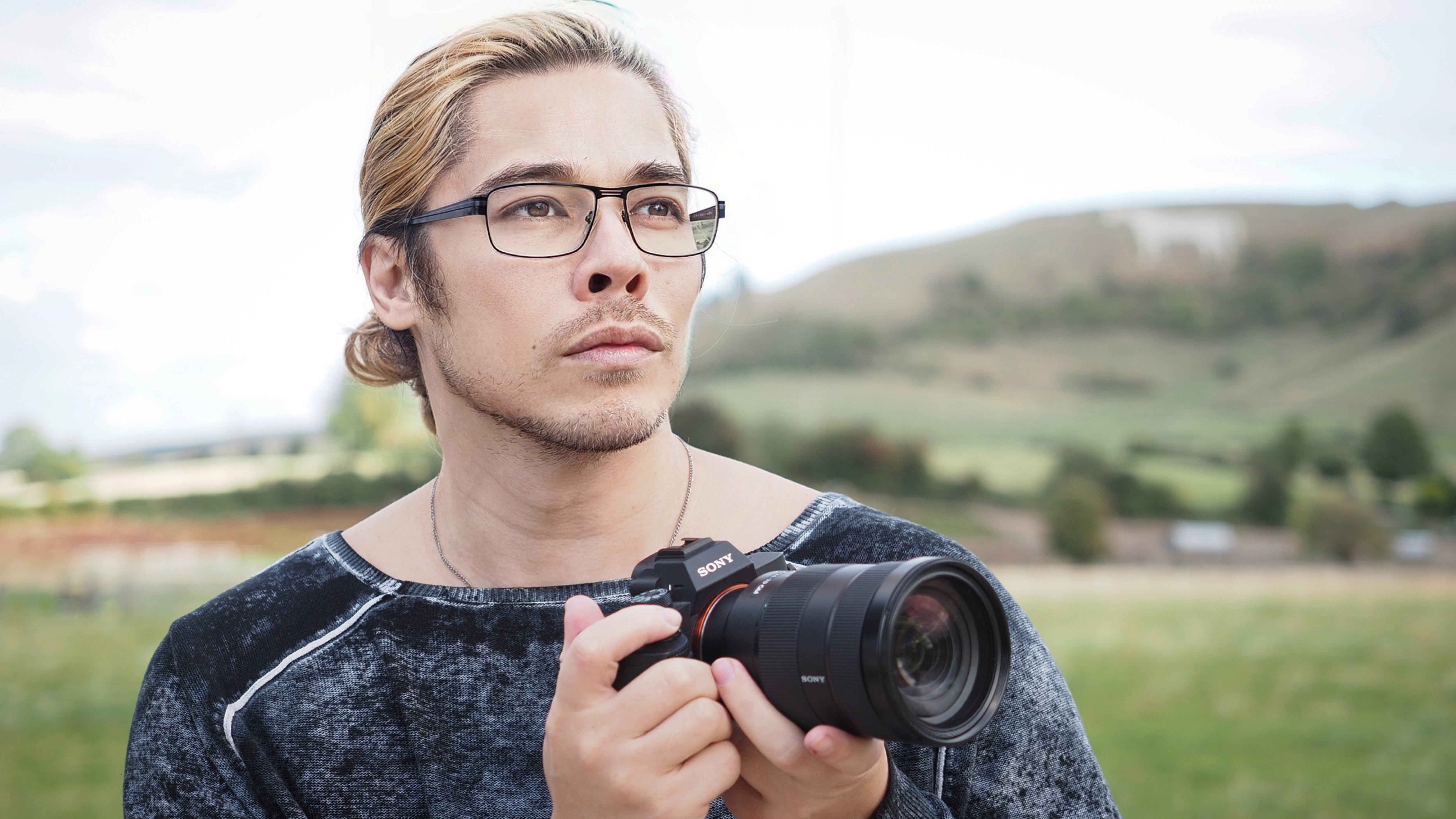

In order to test a camera for astrophotography, we take various low-light images at different ISO values to test how well the camera handles noise. Our reviewers always aim to take images of the night sky, although sometimes due to time and weather constraints, this is not always possible. In that case, they will still acquire images in low light to see how the camera performs in such conditions. Our reviewers will collect images in a range of different areas like their backyard or they’ll take the camera to a dark sky location to eliminate light pollution.
We always consider where each camera sits in the market based on its class, price and intended use. For example, we wouldn’t compare a travel-friendly crop sensor against a hefty 60MP full-frame pro camera, even though each camera may be the best performer in its own class.
We also look at the overall features and functions that make the camera either good or unfavorable for astrophotography, such as backlit buttons, autofocus detection range, specific astro modes and features, screen dexterity, sensor resolution, as well as its overall design, performance and functionality.
Get the world’s most fascinating discoveries delivered straight to your inbox.

Kimberley Lane, E-commerce writer for Live Science, has tested a wide range of optical equipment, reviewing camera gear from Sony, Canon, OM System and more. With over 6 years of photography experience, her skills span across landscape and seascape photography, wildlife, astrophotography and portrait work. Her photos have been featured in a number of national magazines, including Digital Camera World and Cosmopolitan. She has also contributed to our sister site Space.com and Tech Radar, and she regularly uses binoculars and telescopes to stargaze in the dark skies of South Wales.
- Chris McMullenContributing writer
- James Artaius
 Live Science Plus
Live Science Plus










